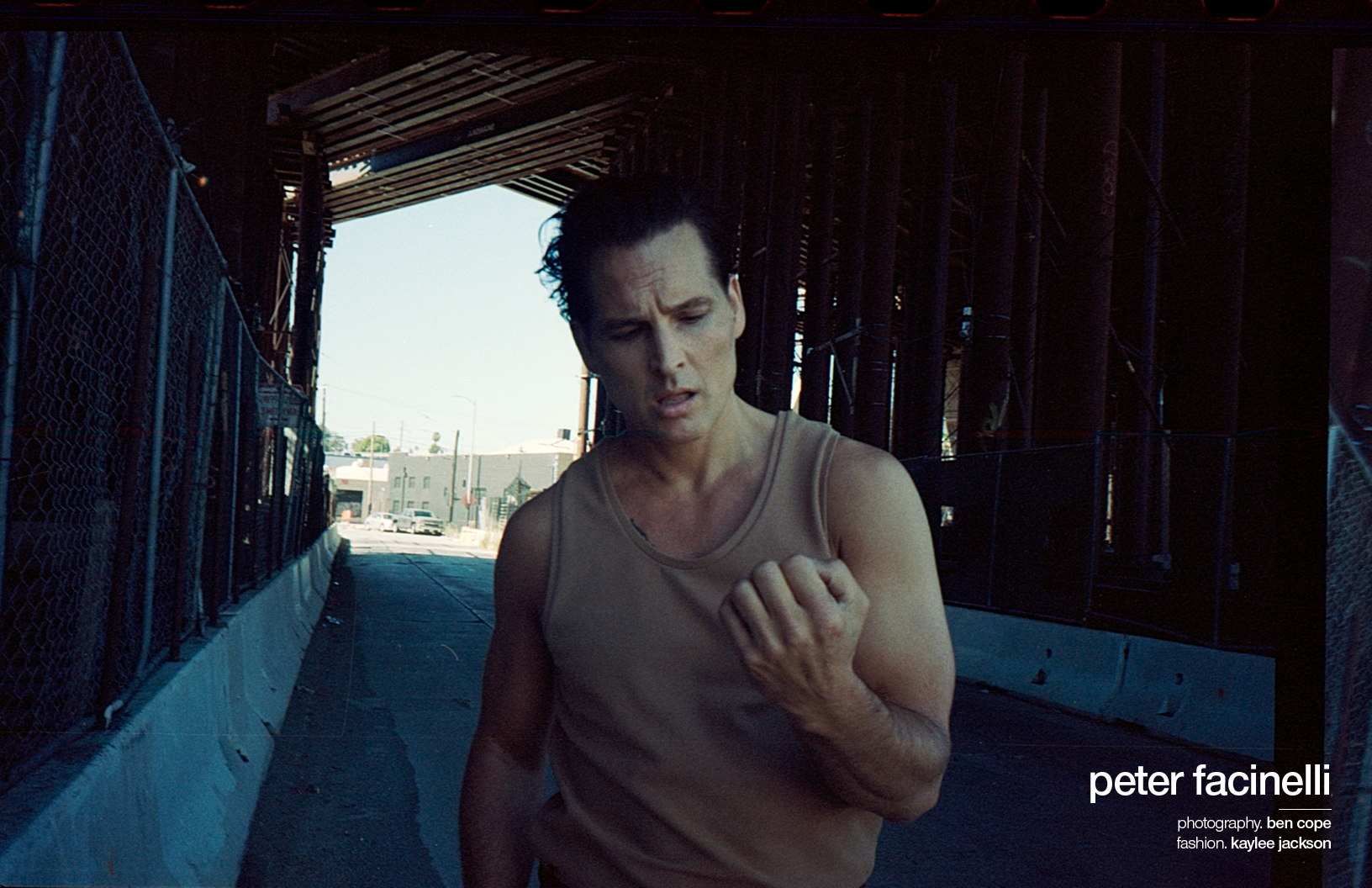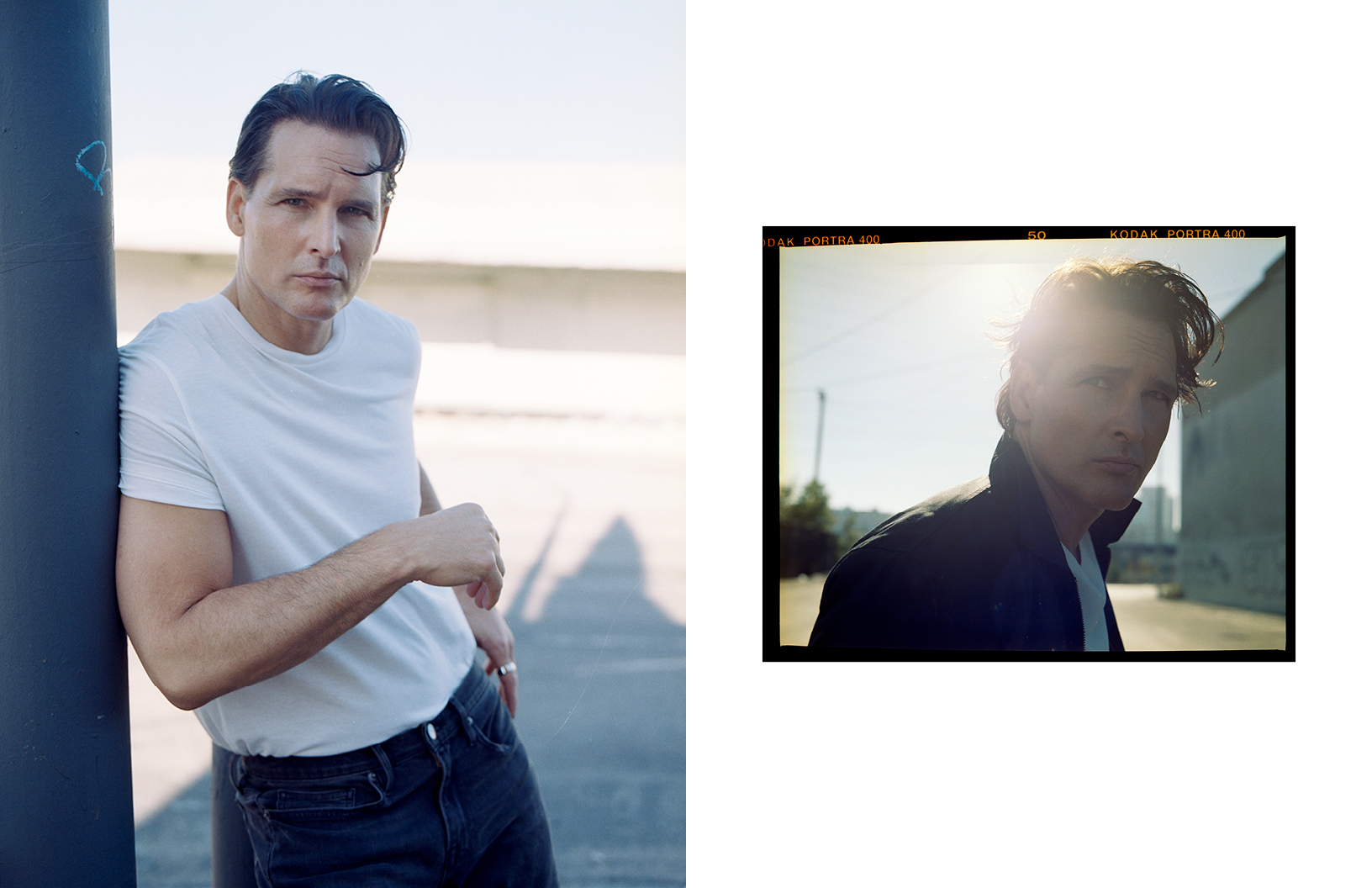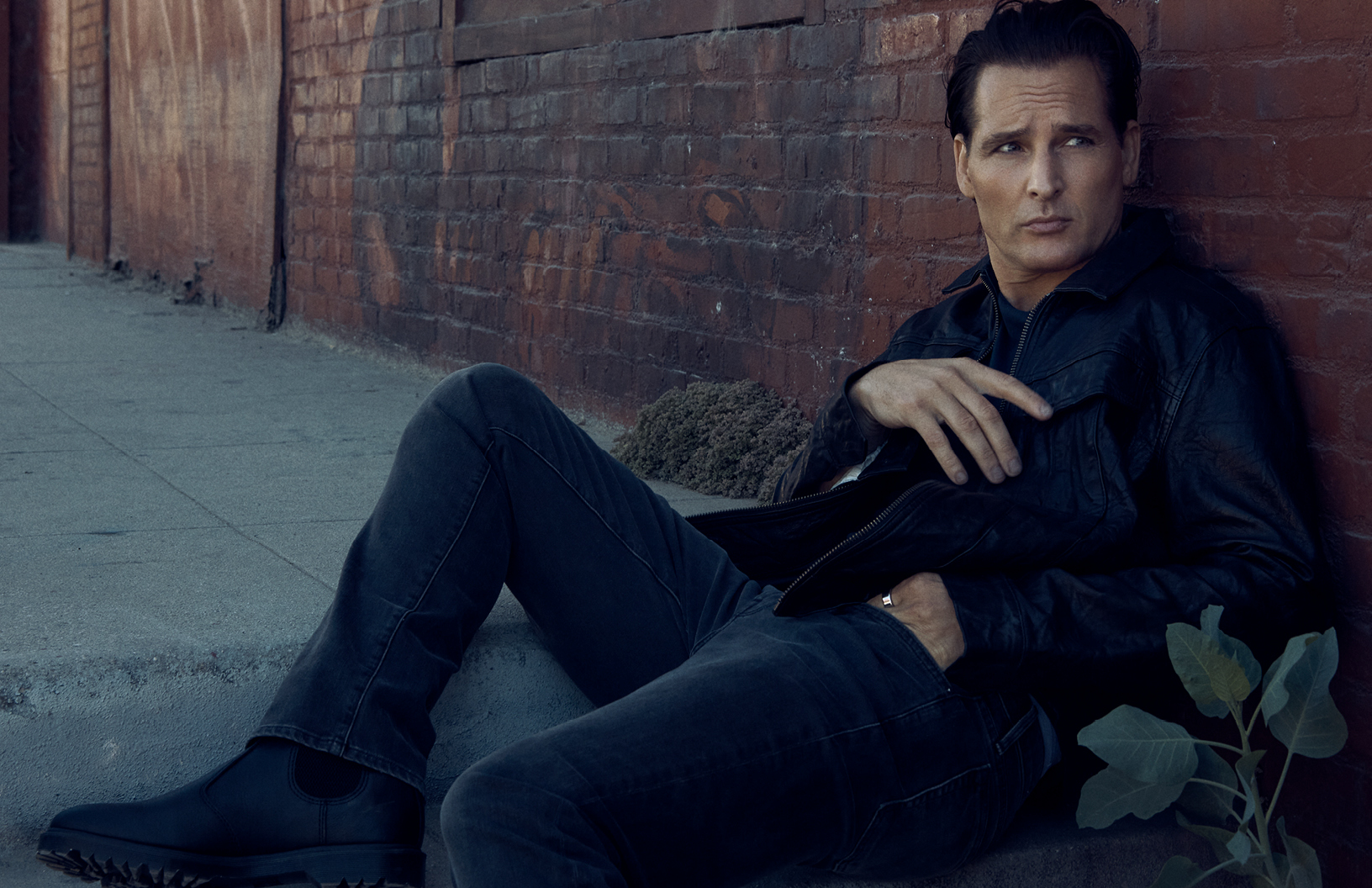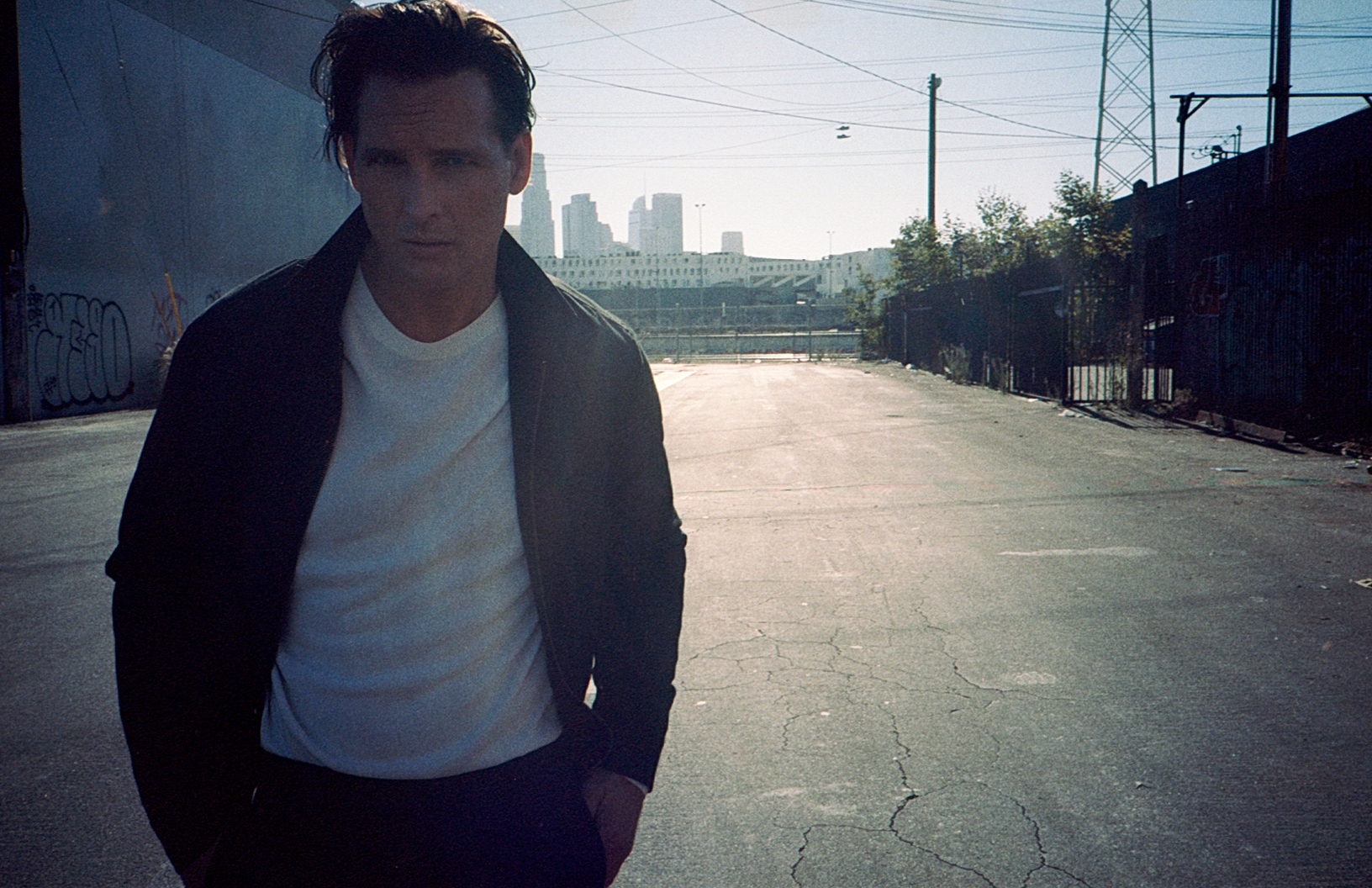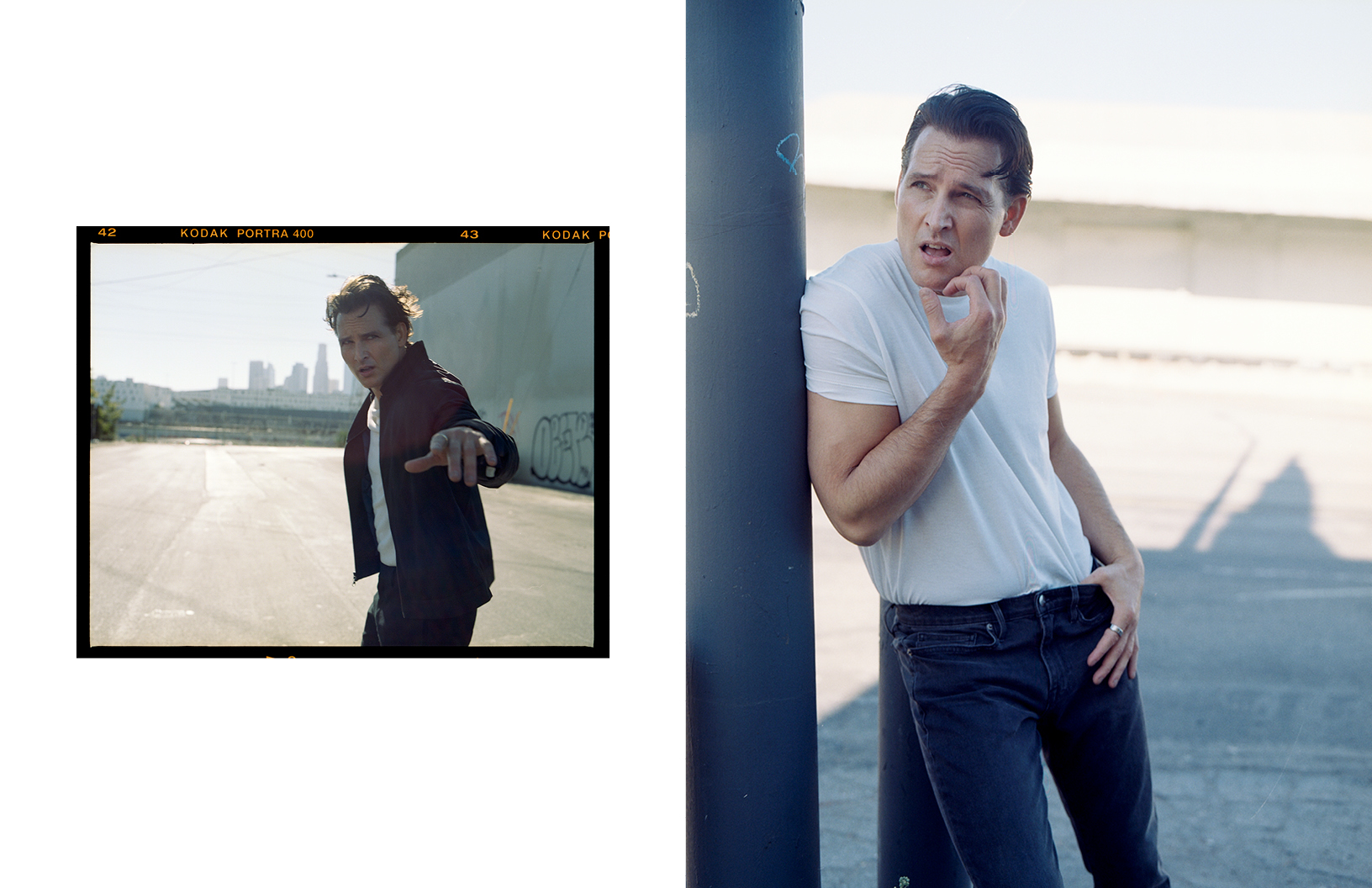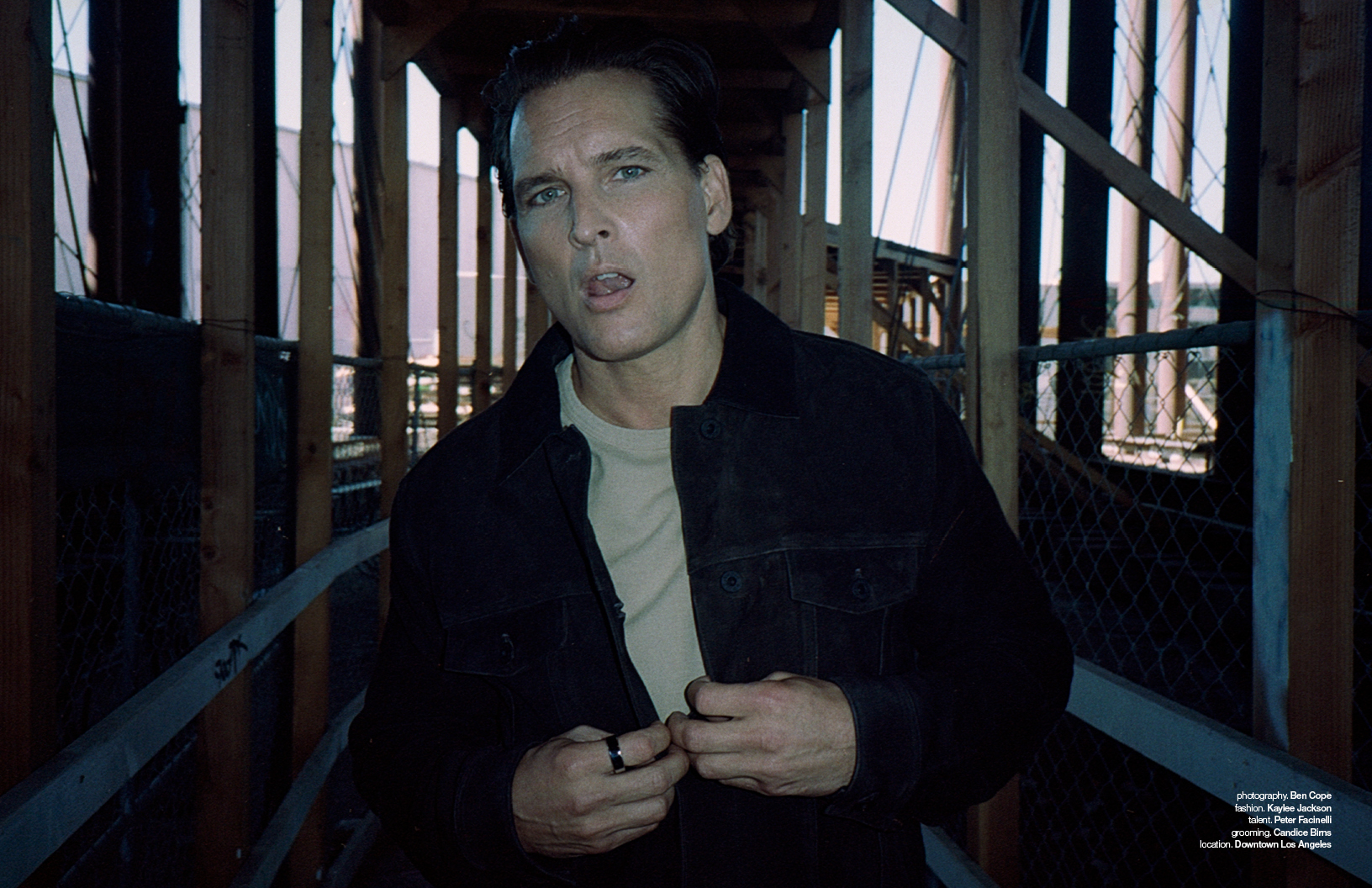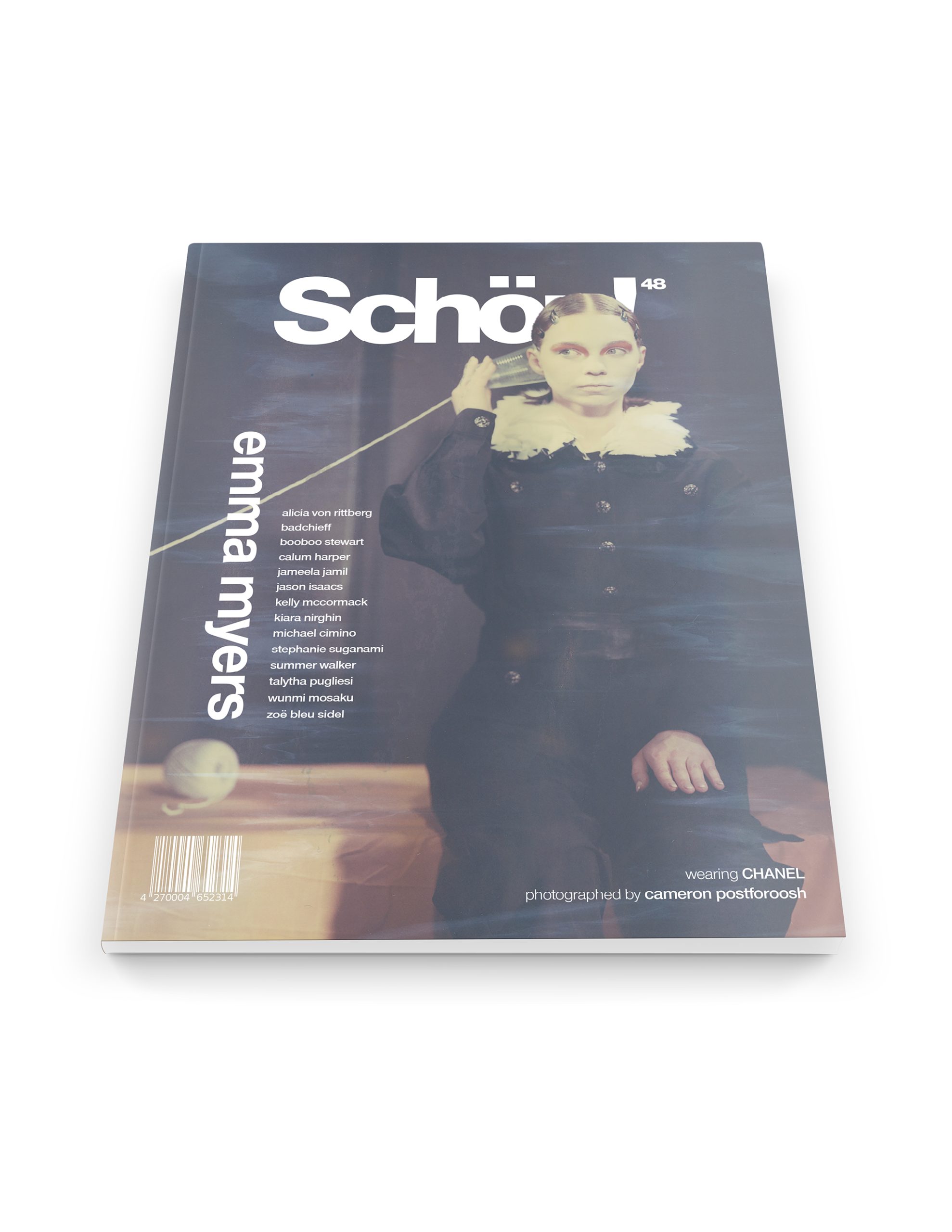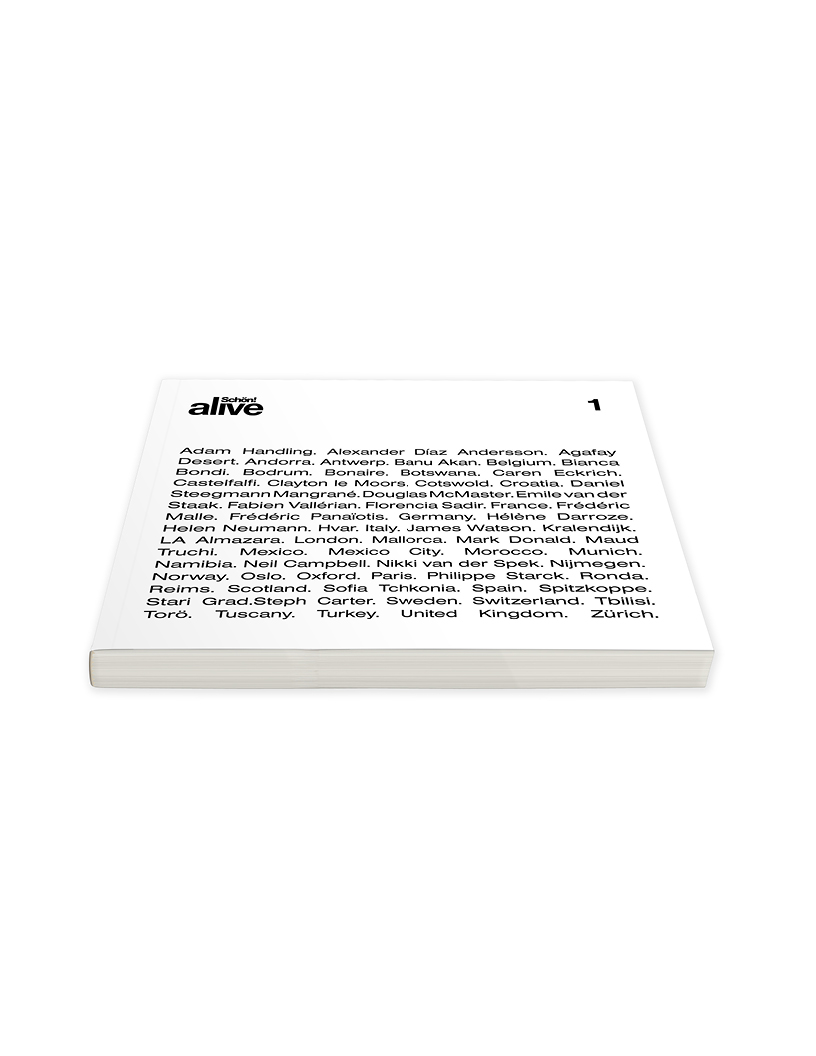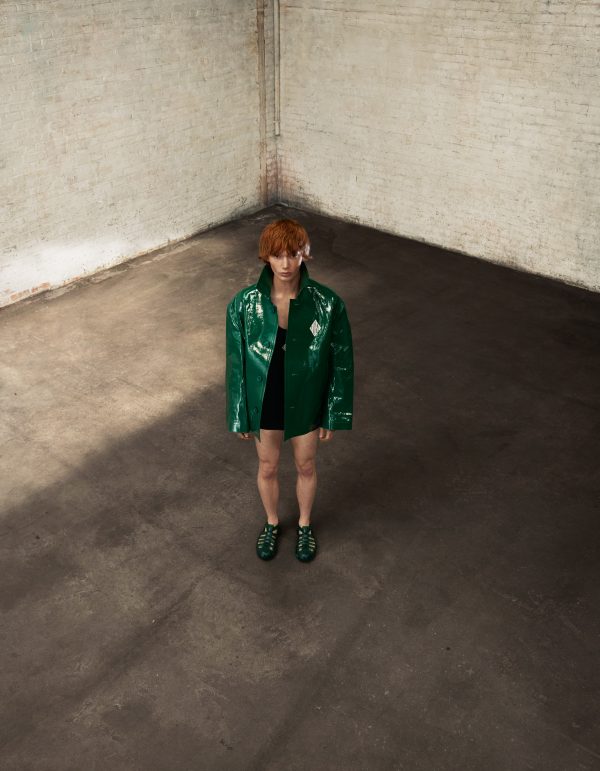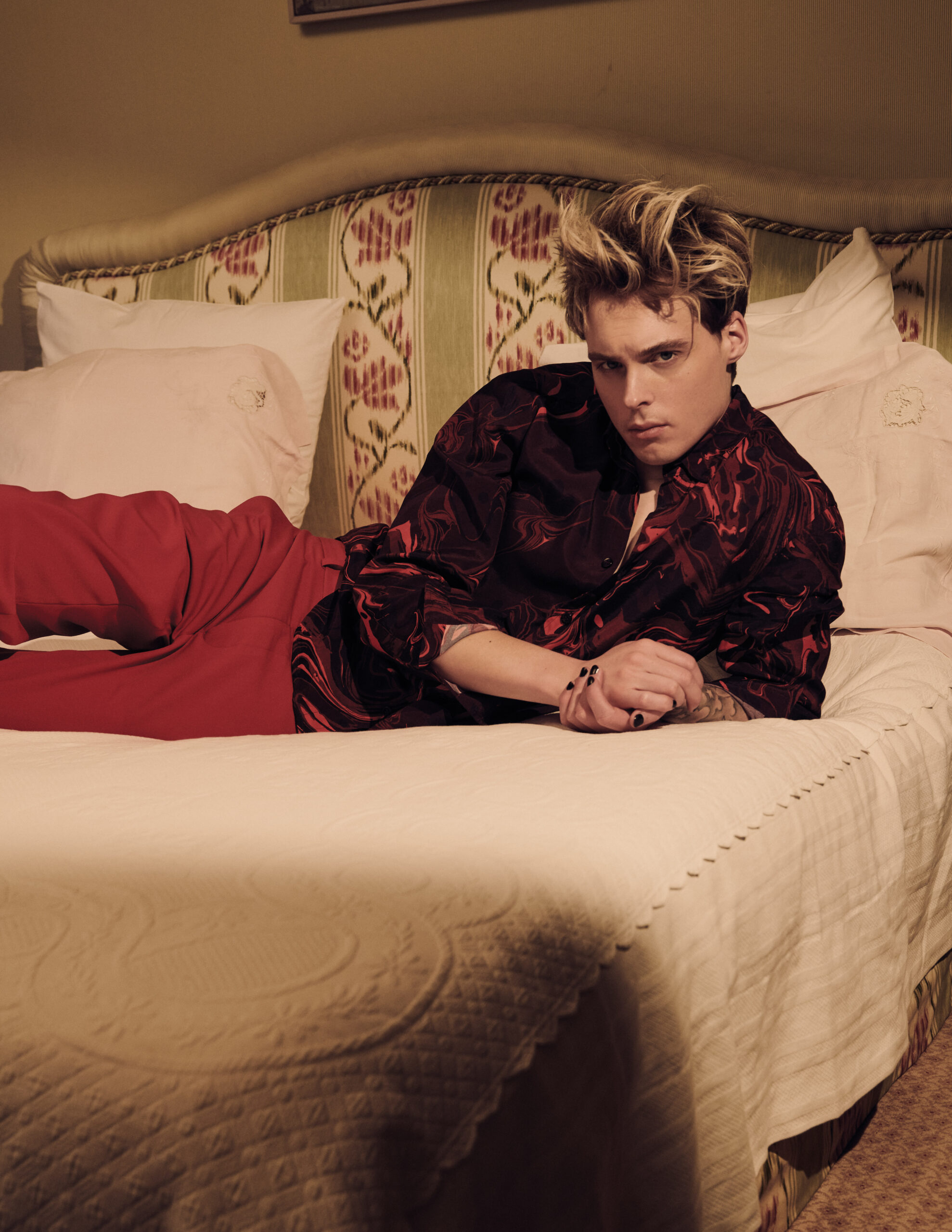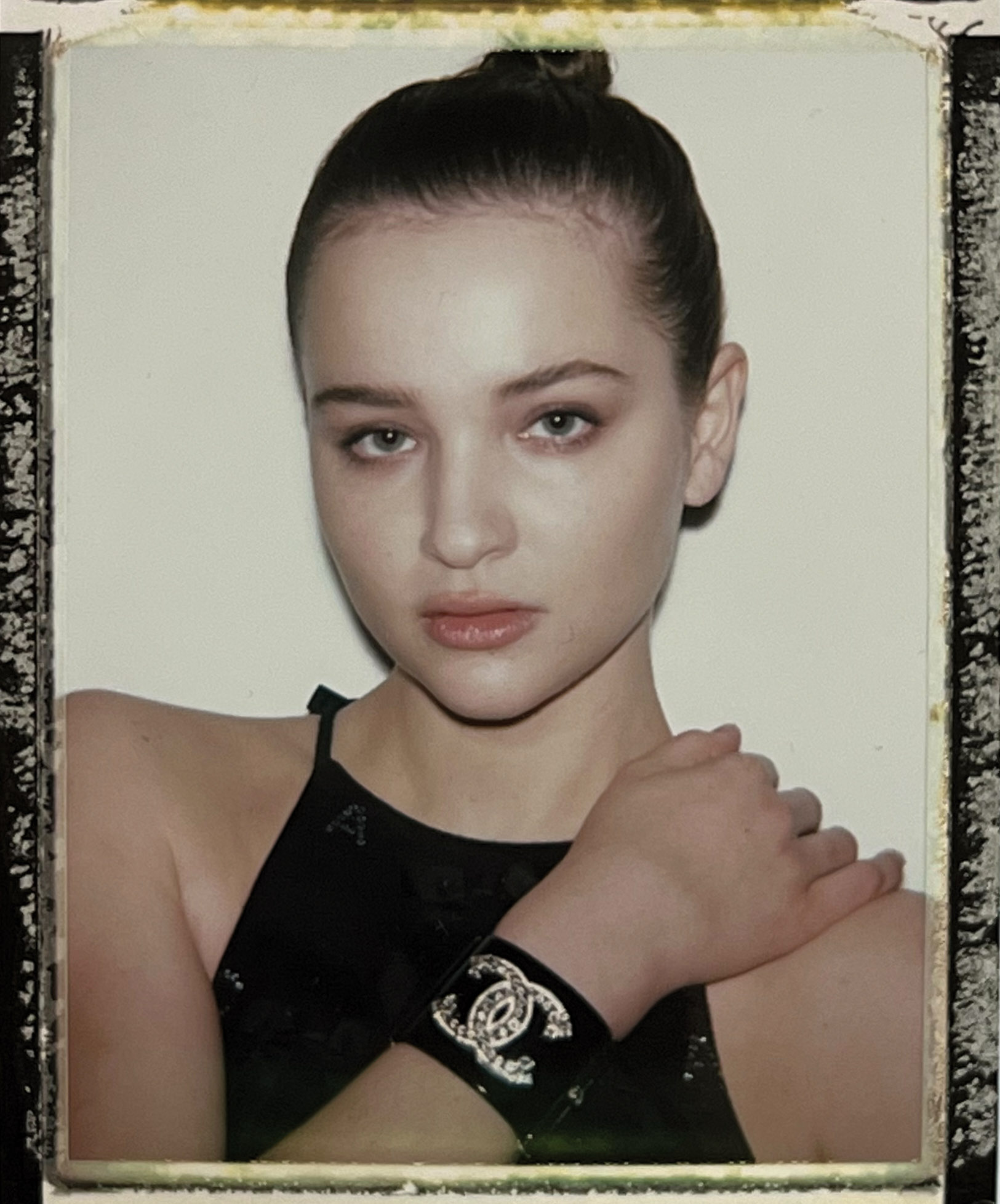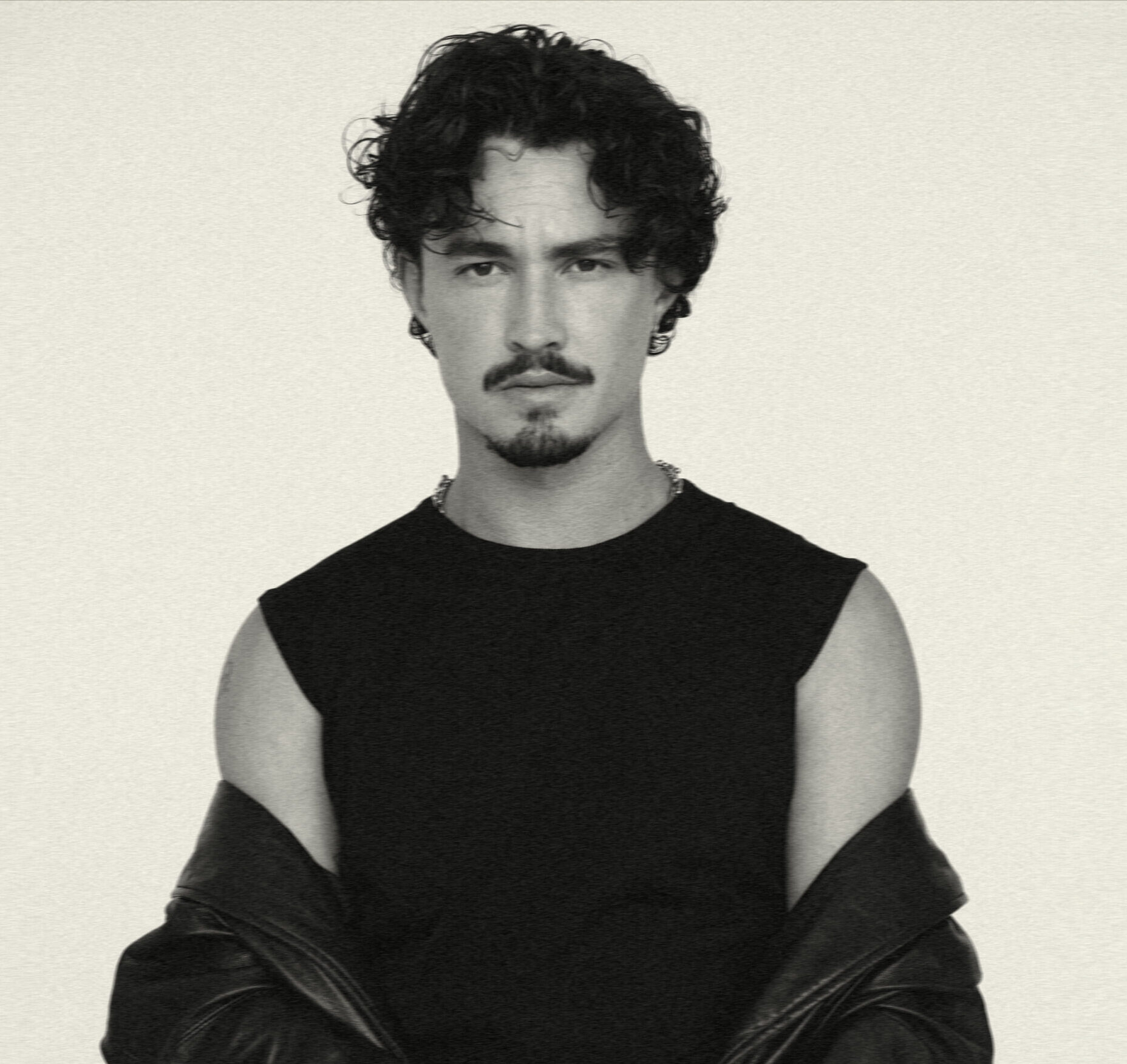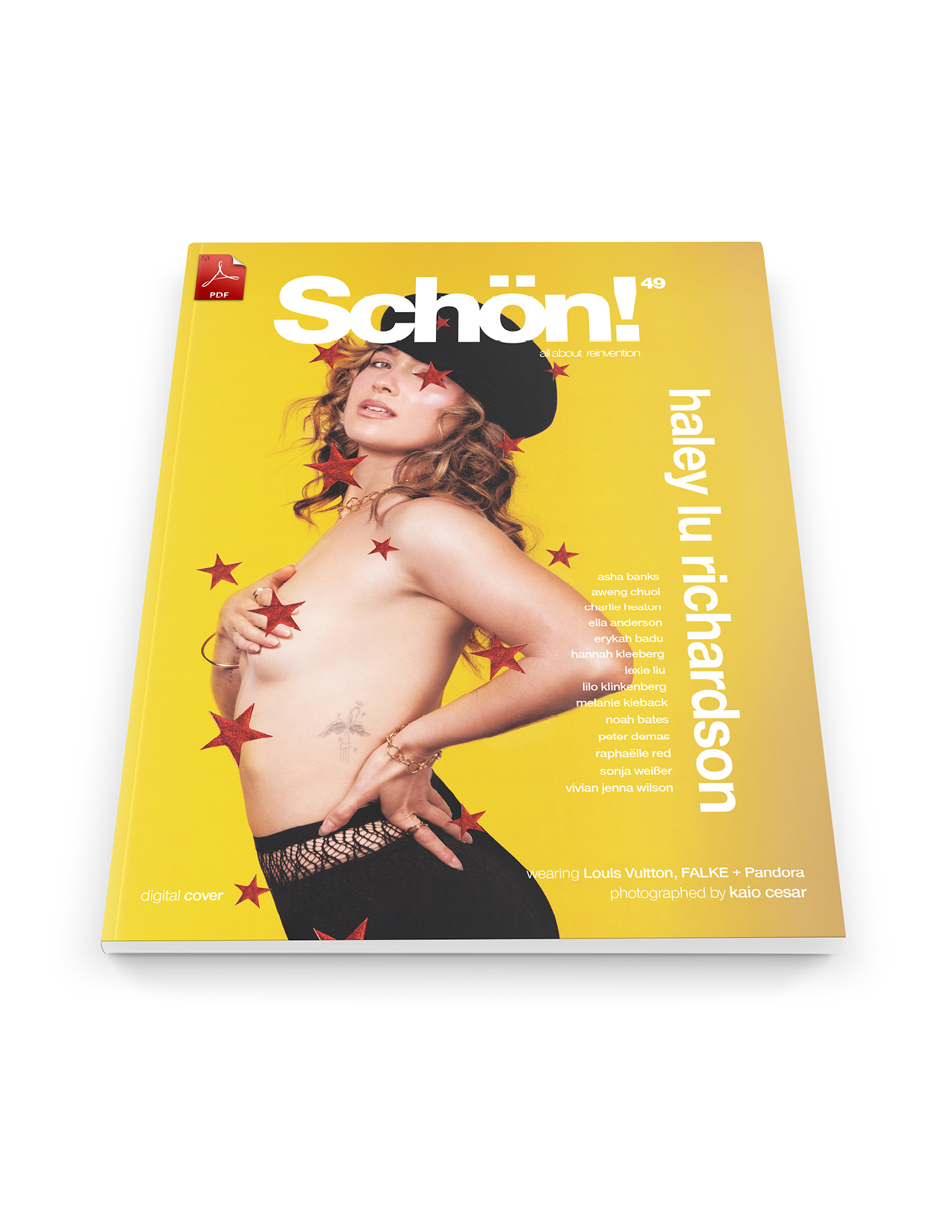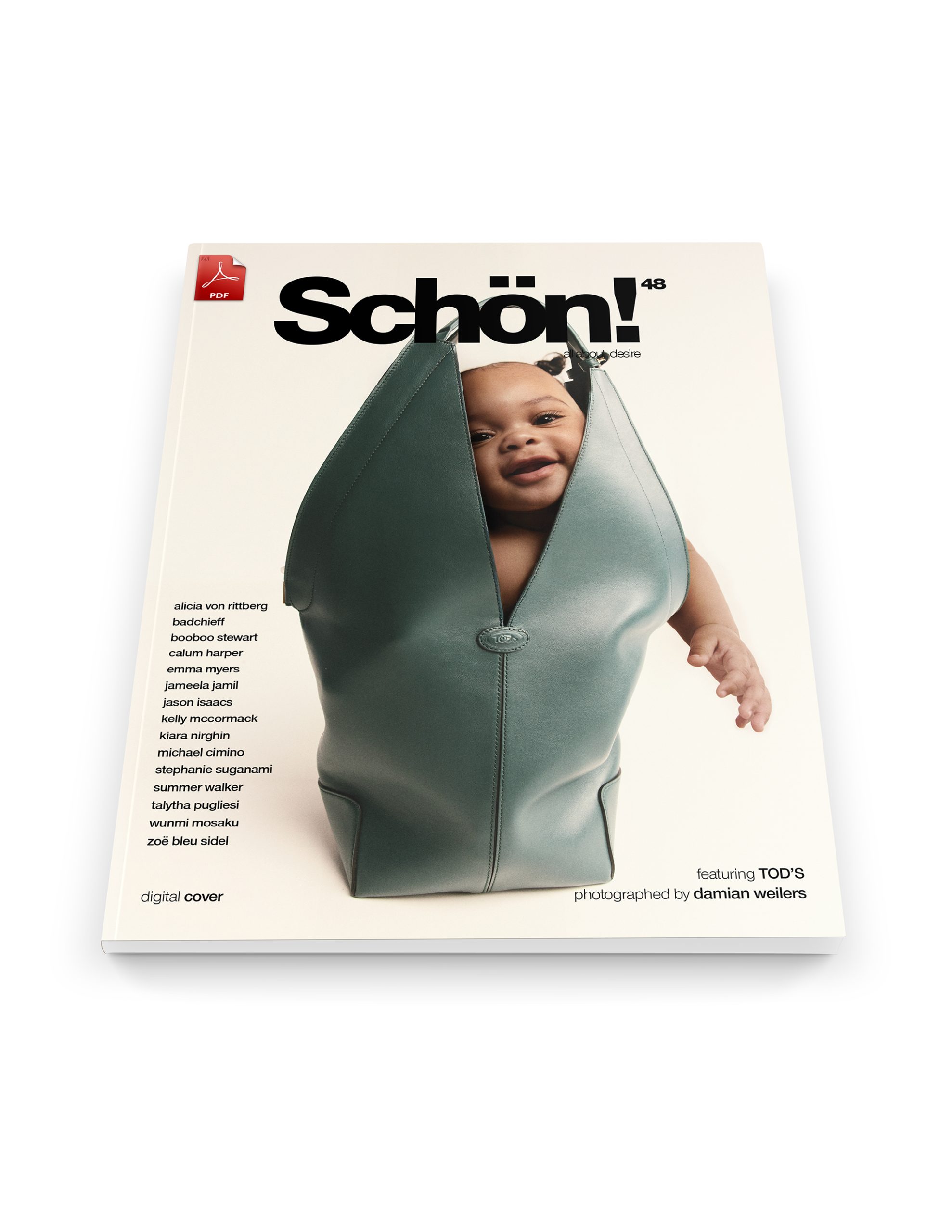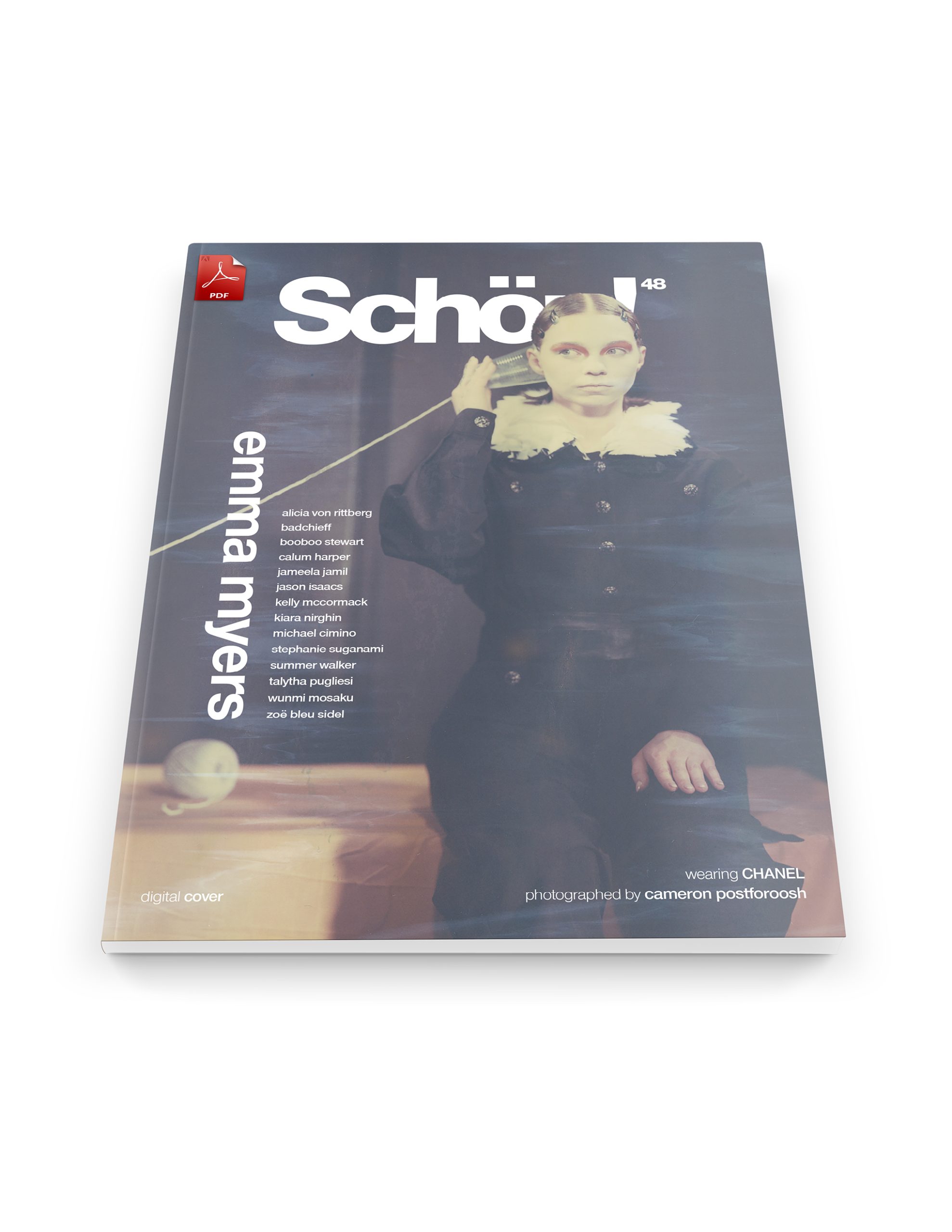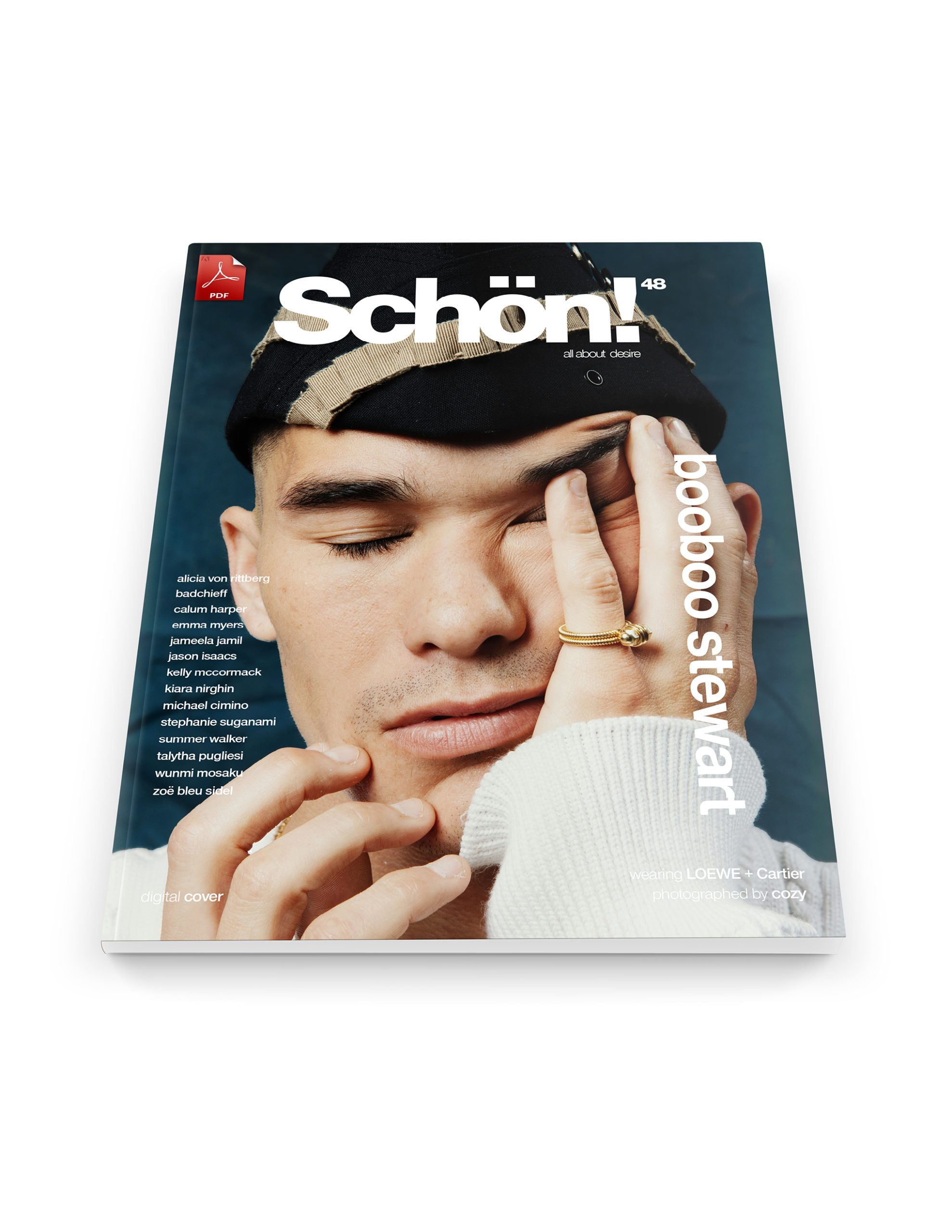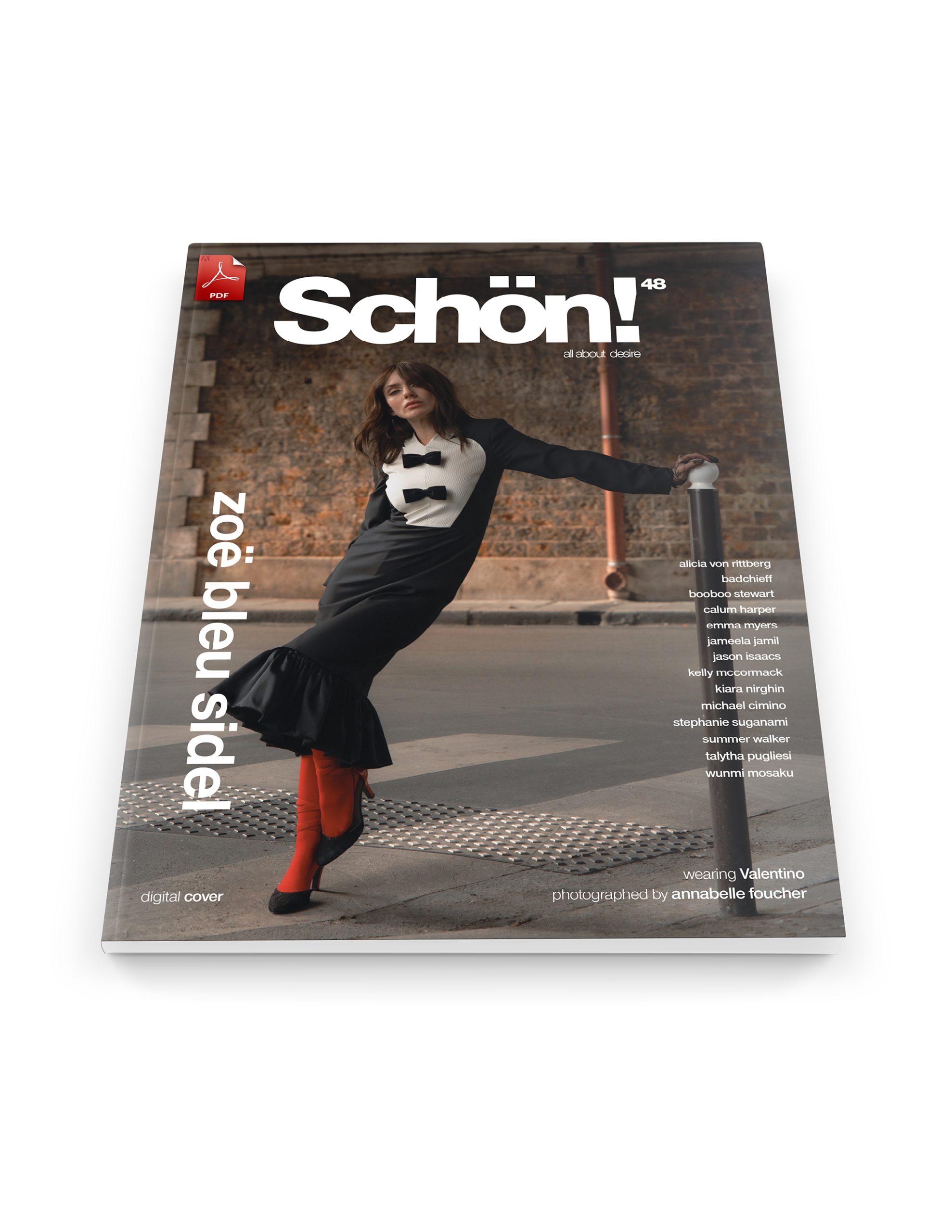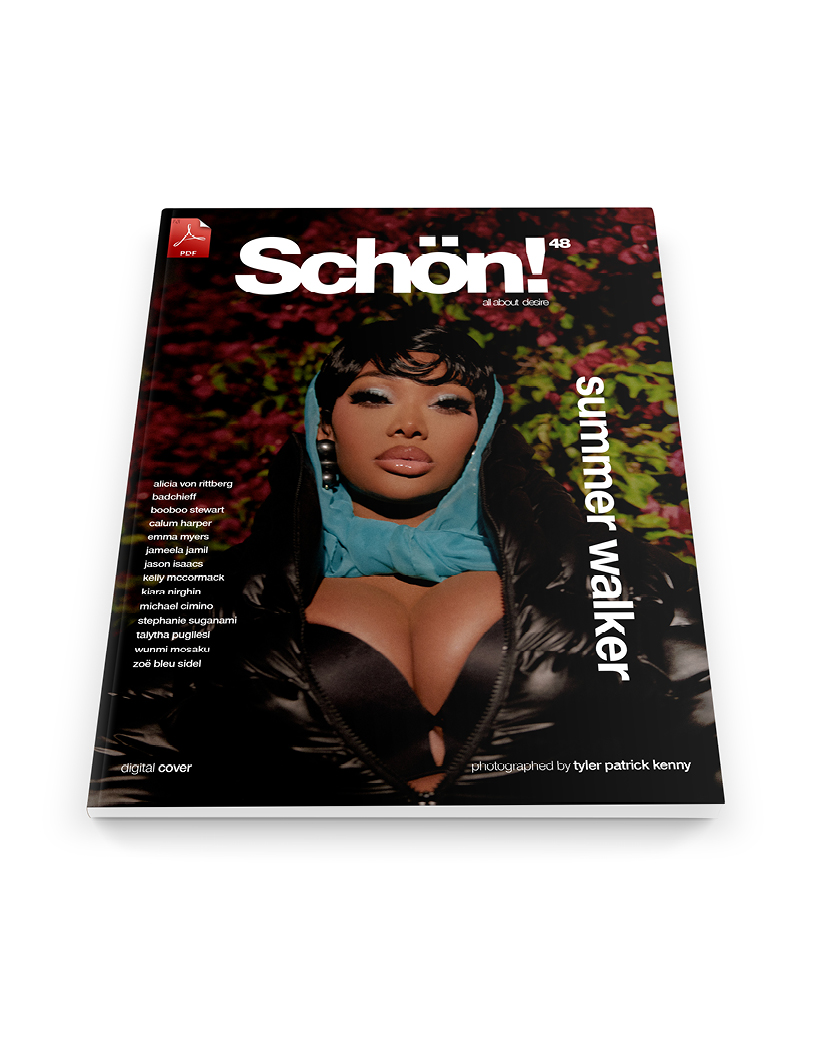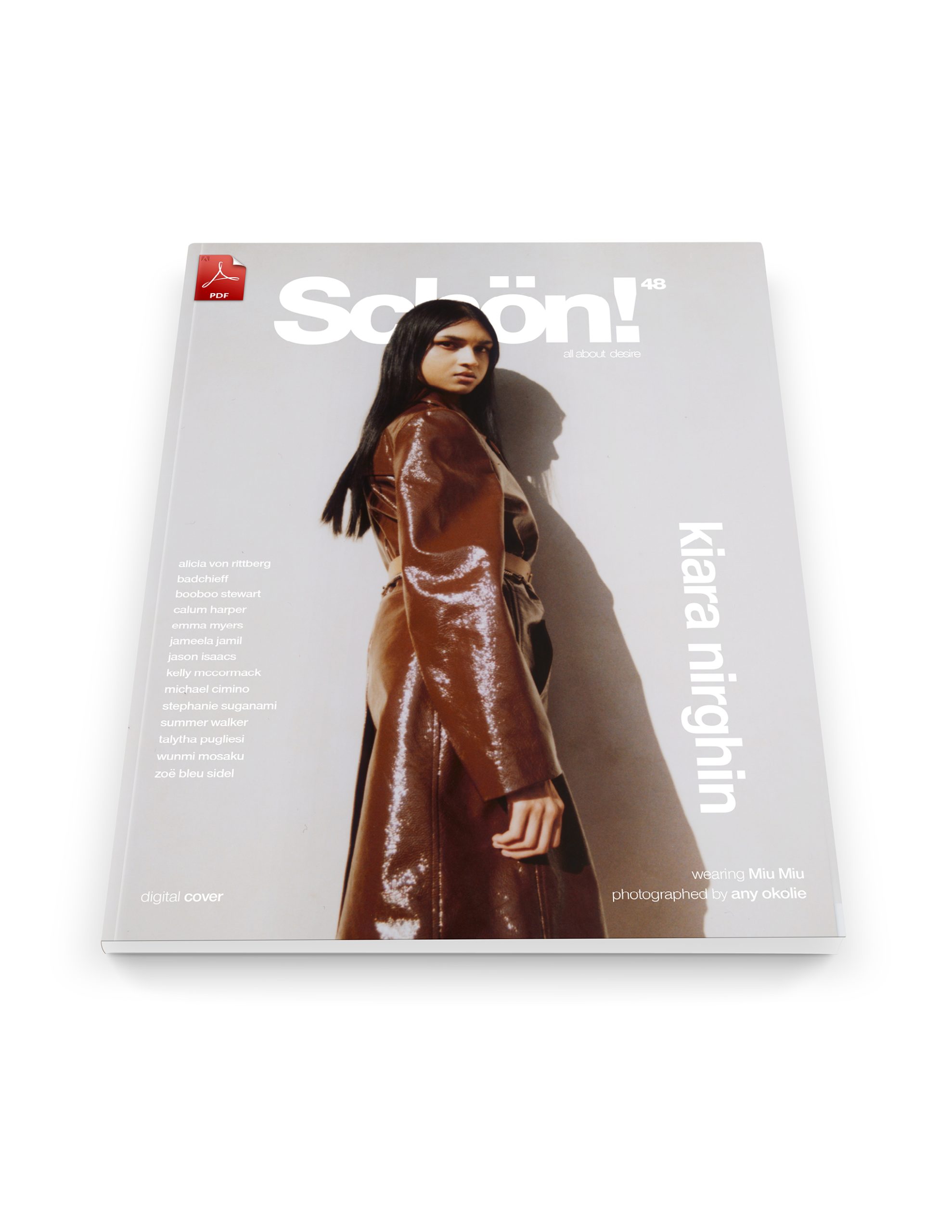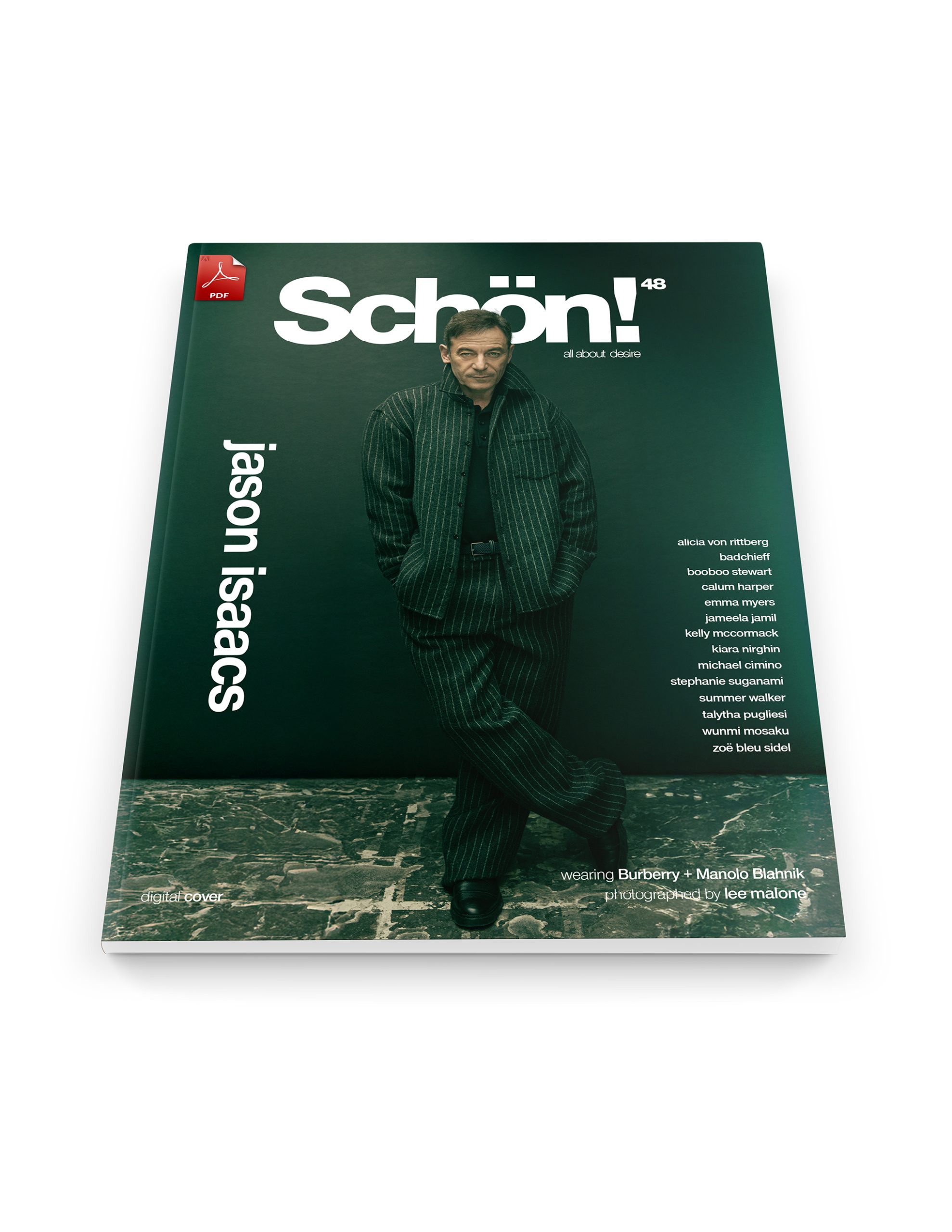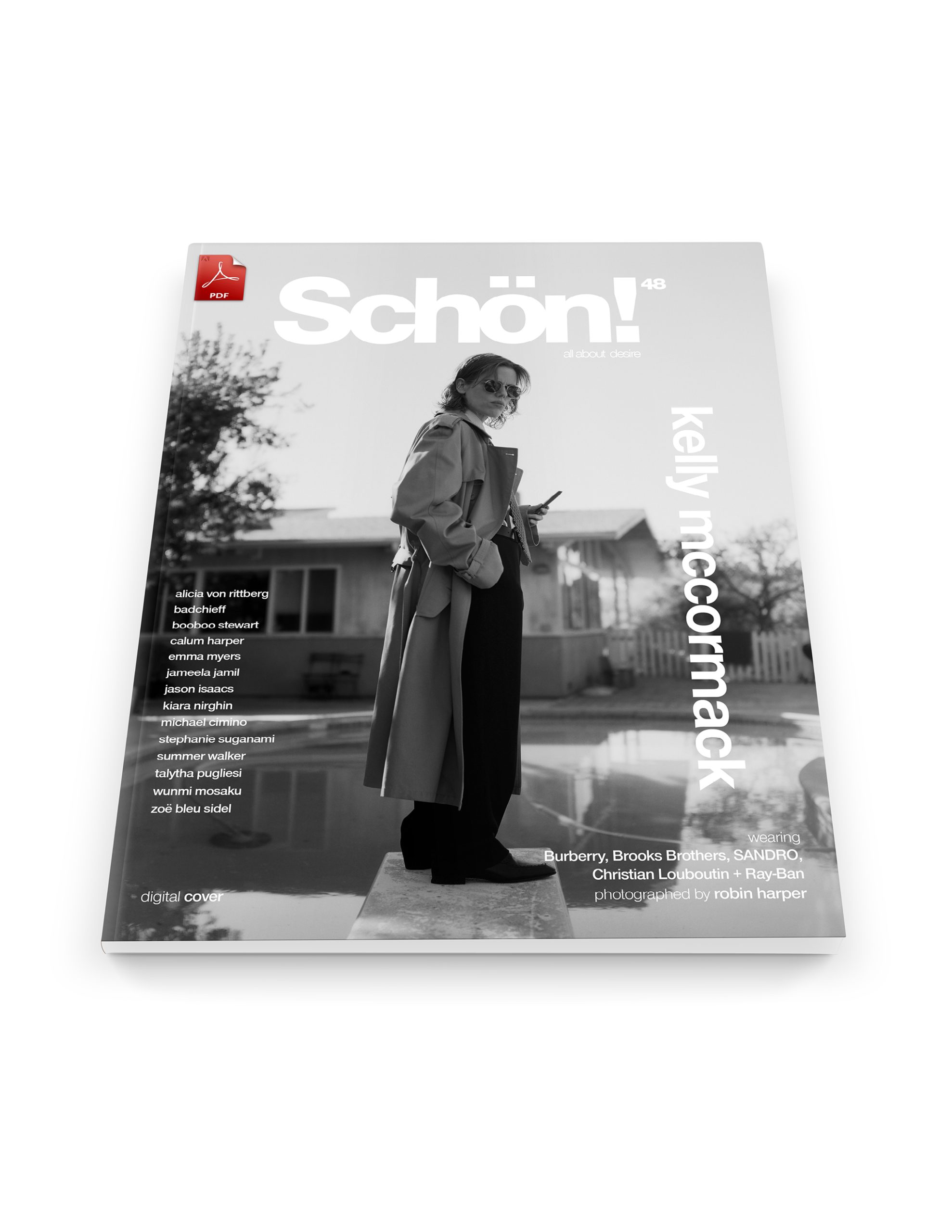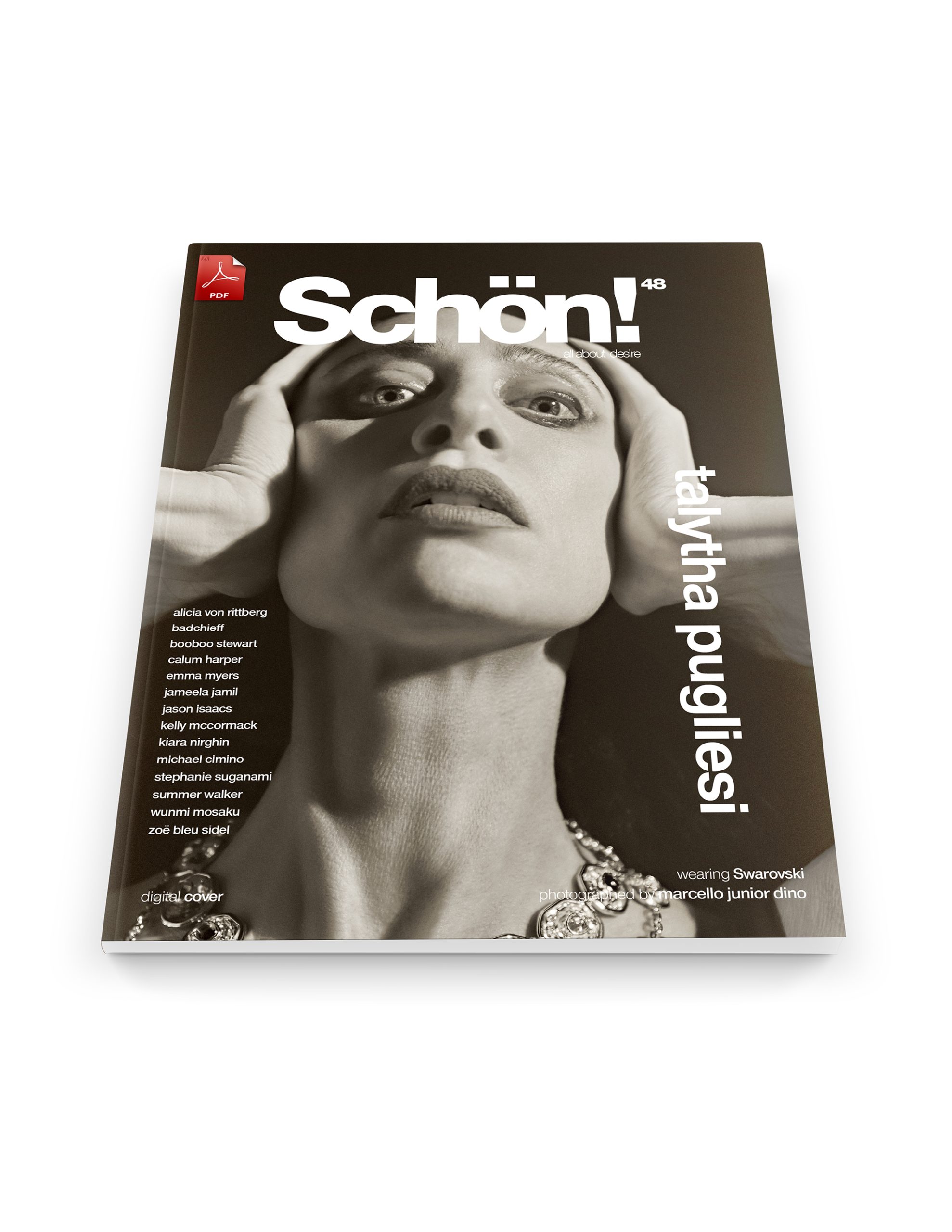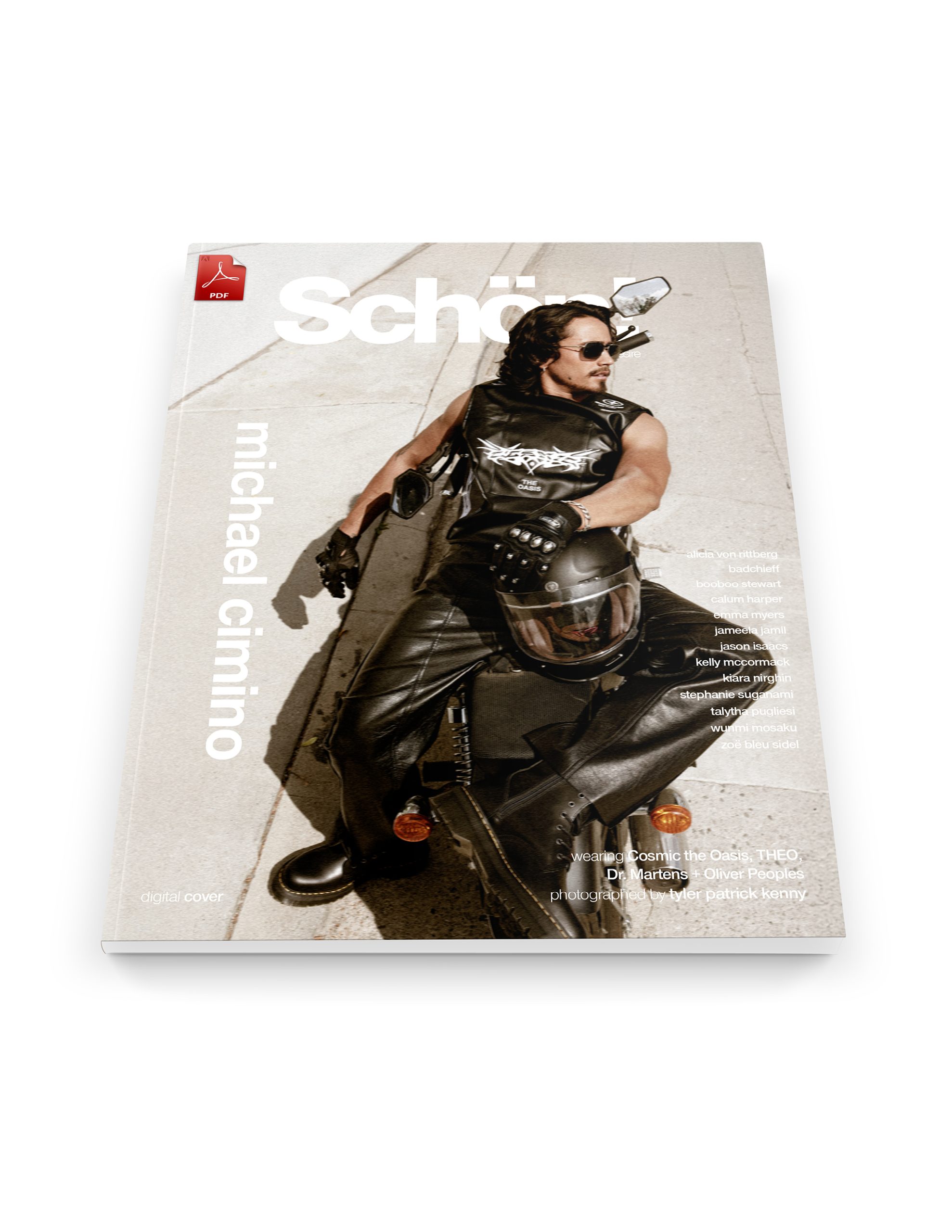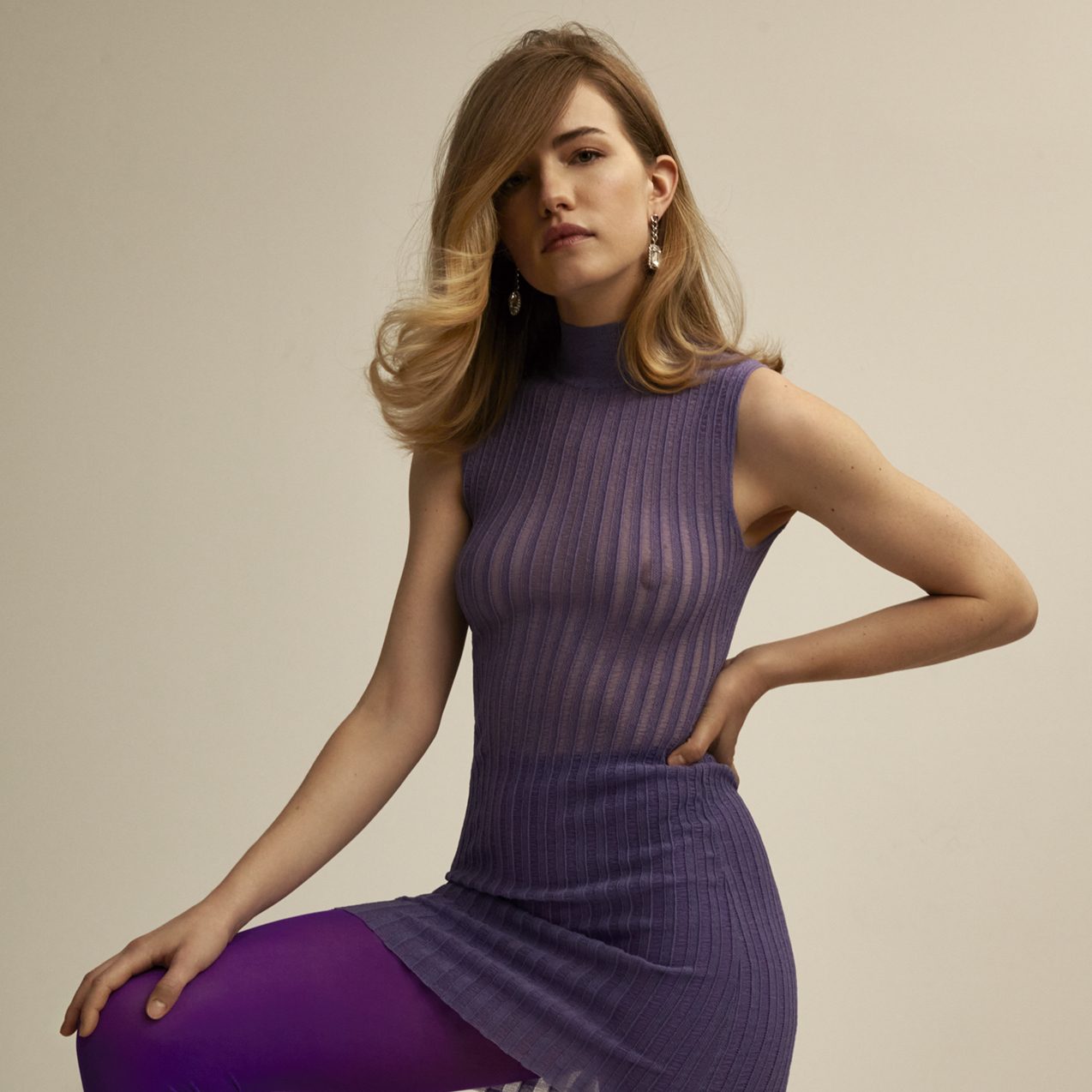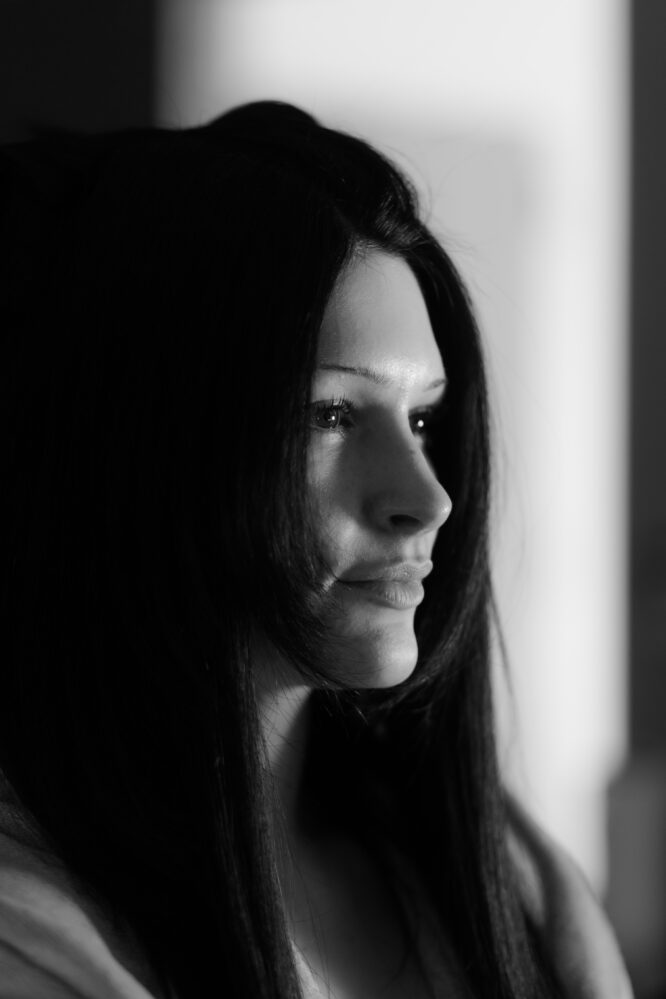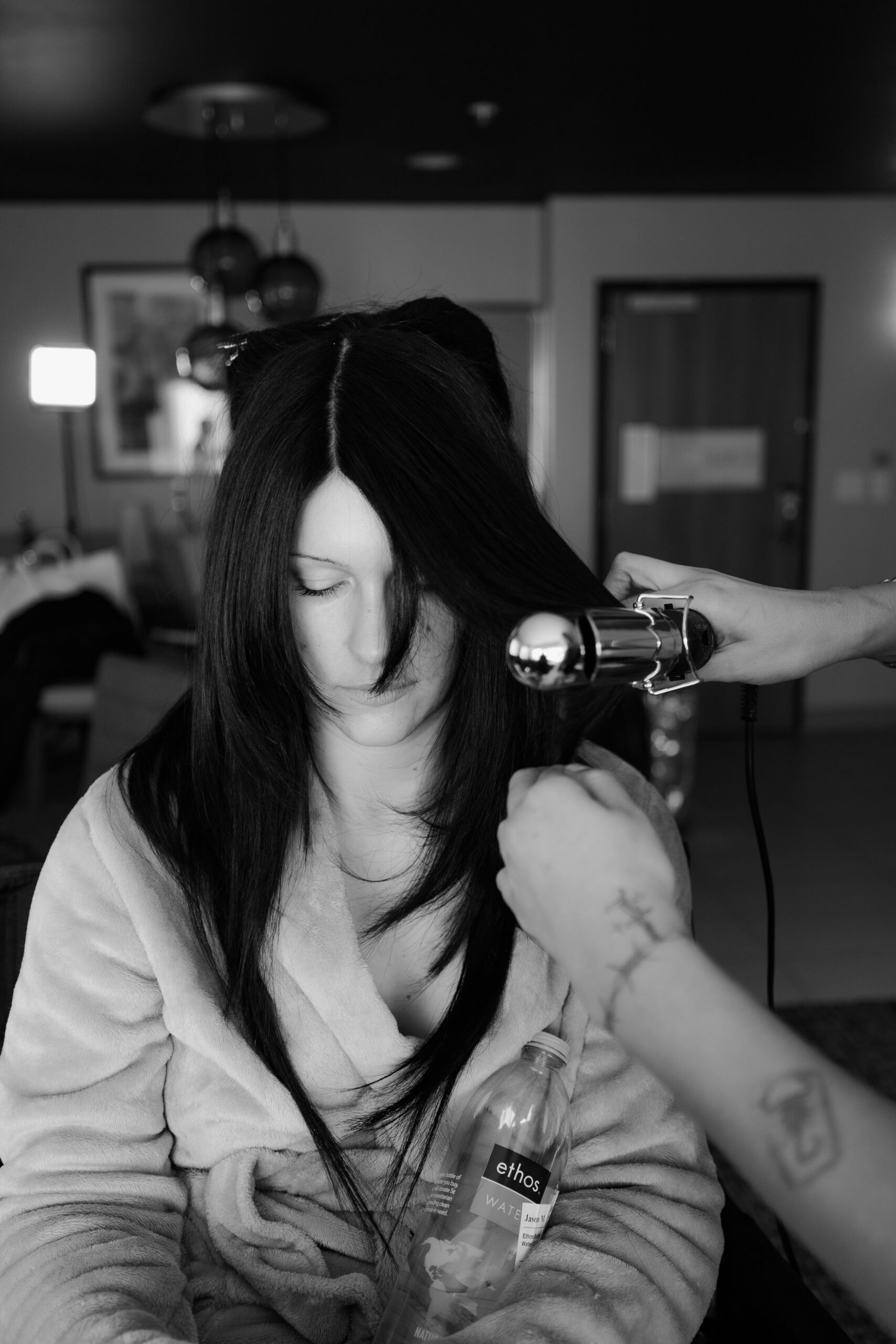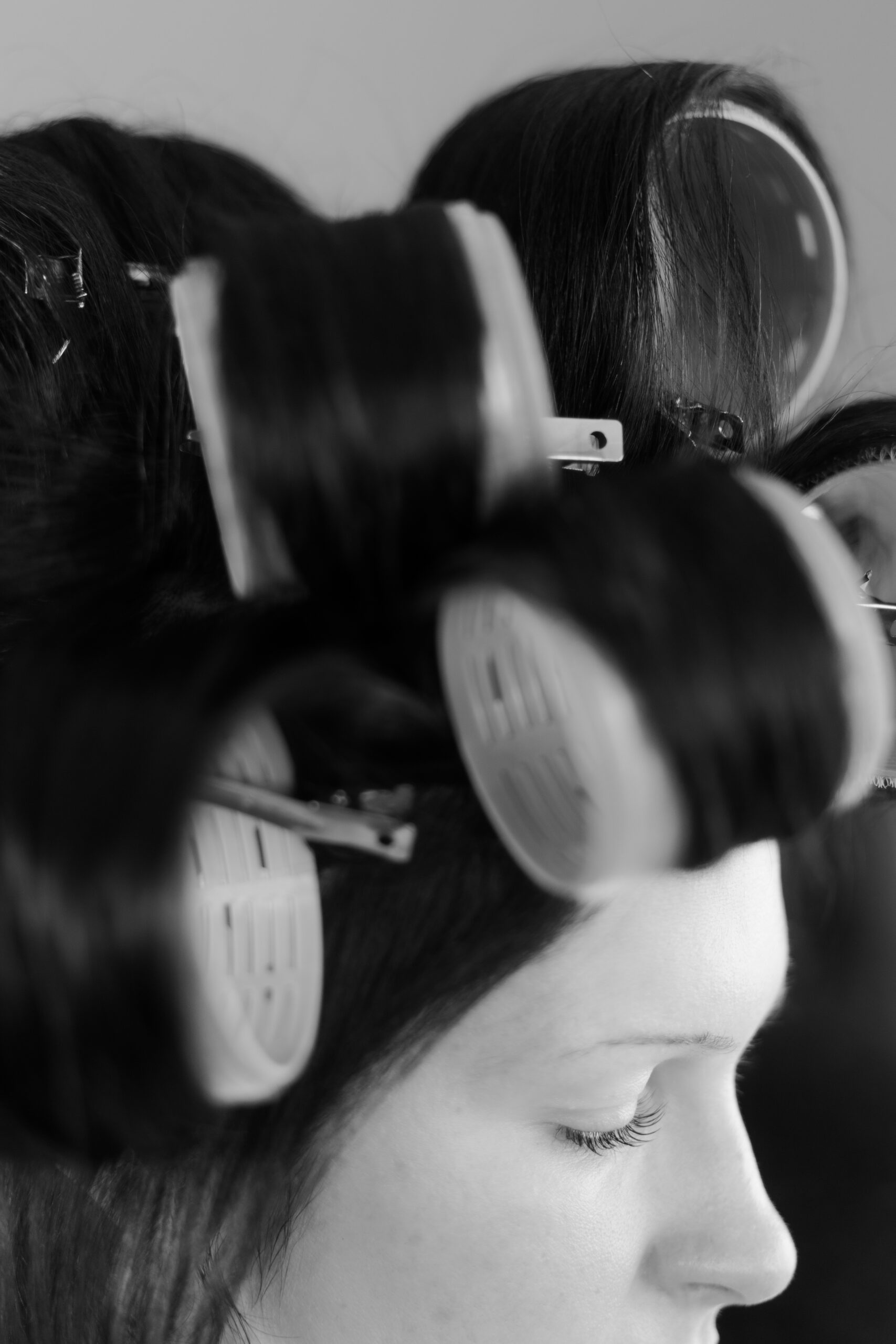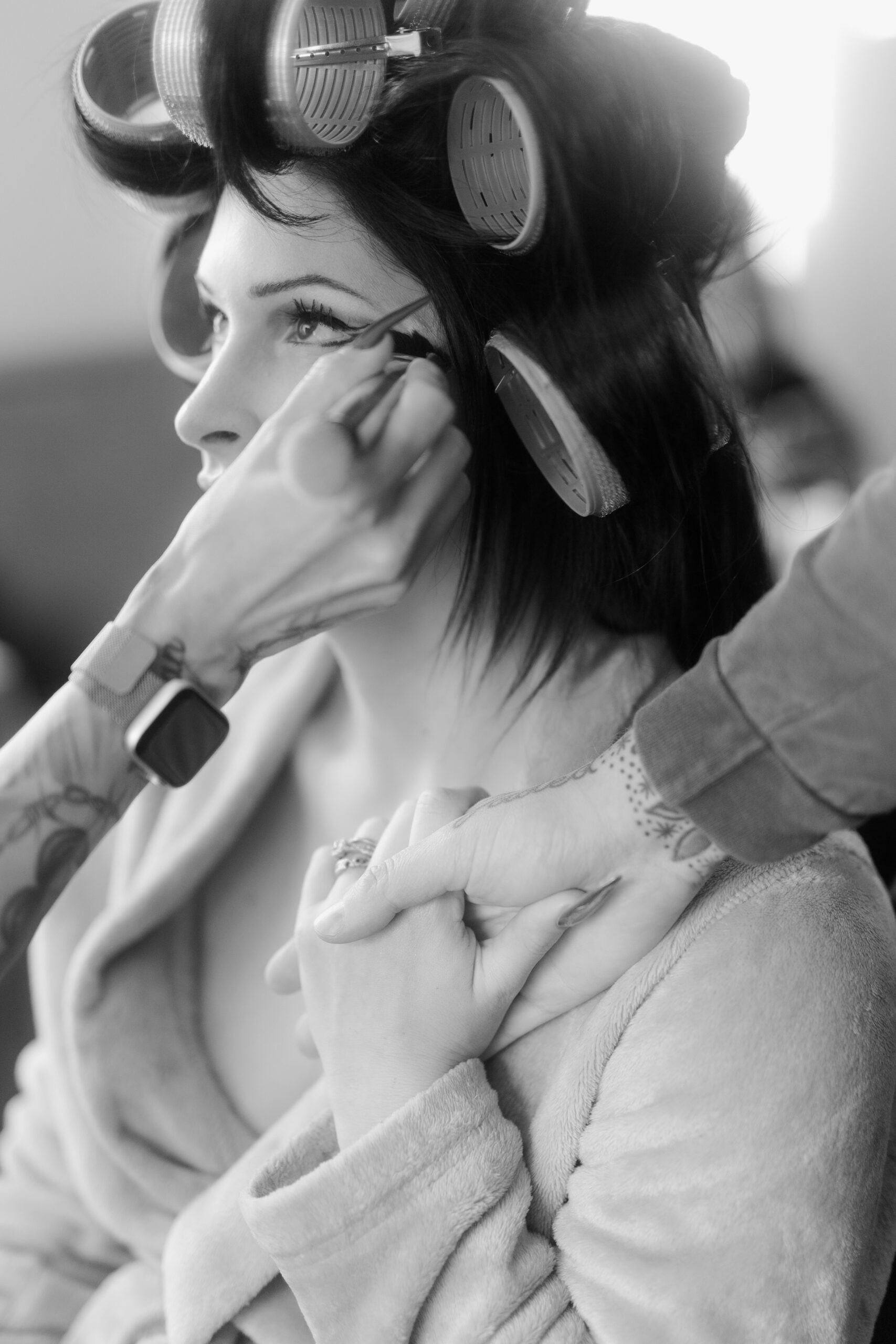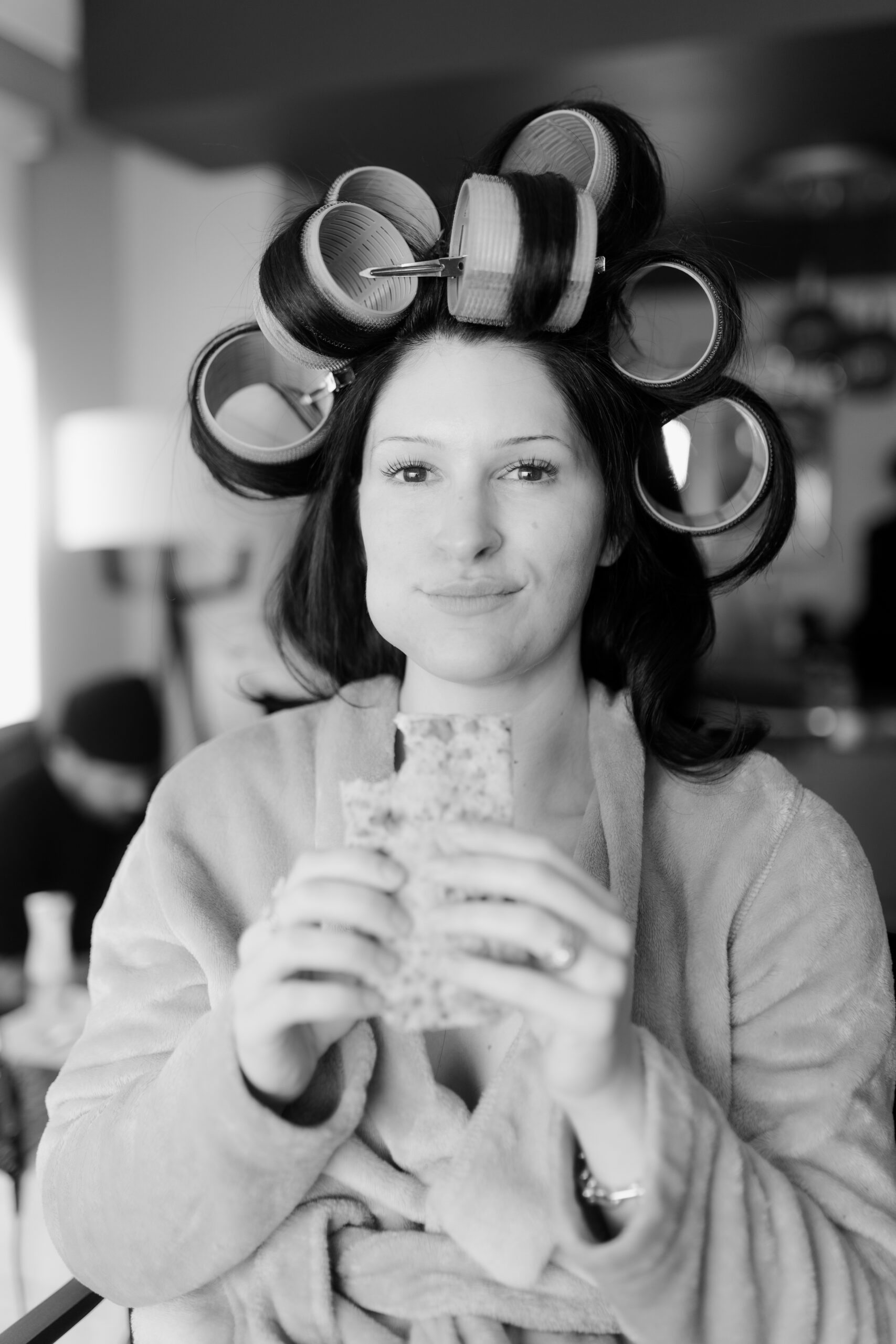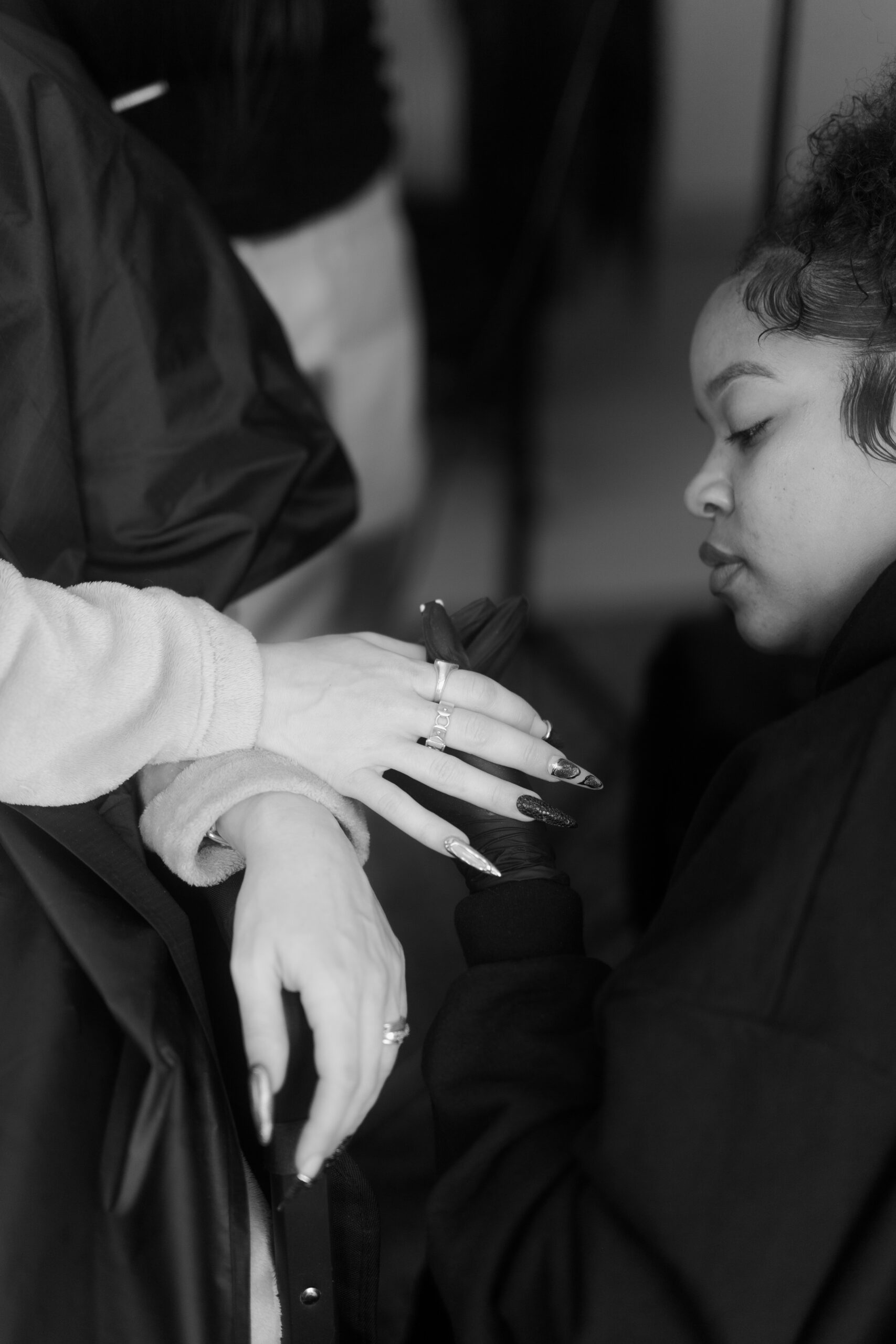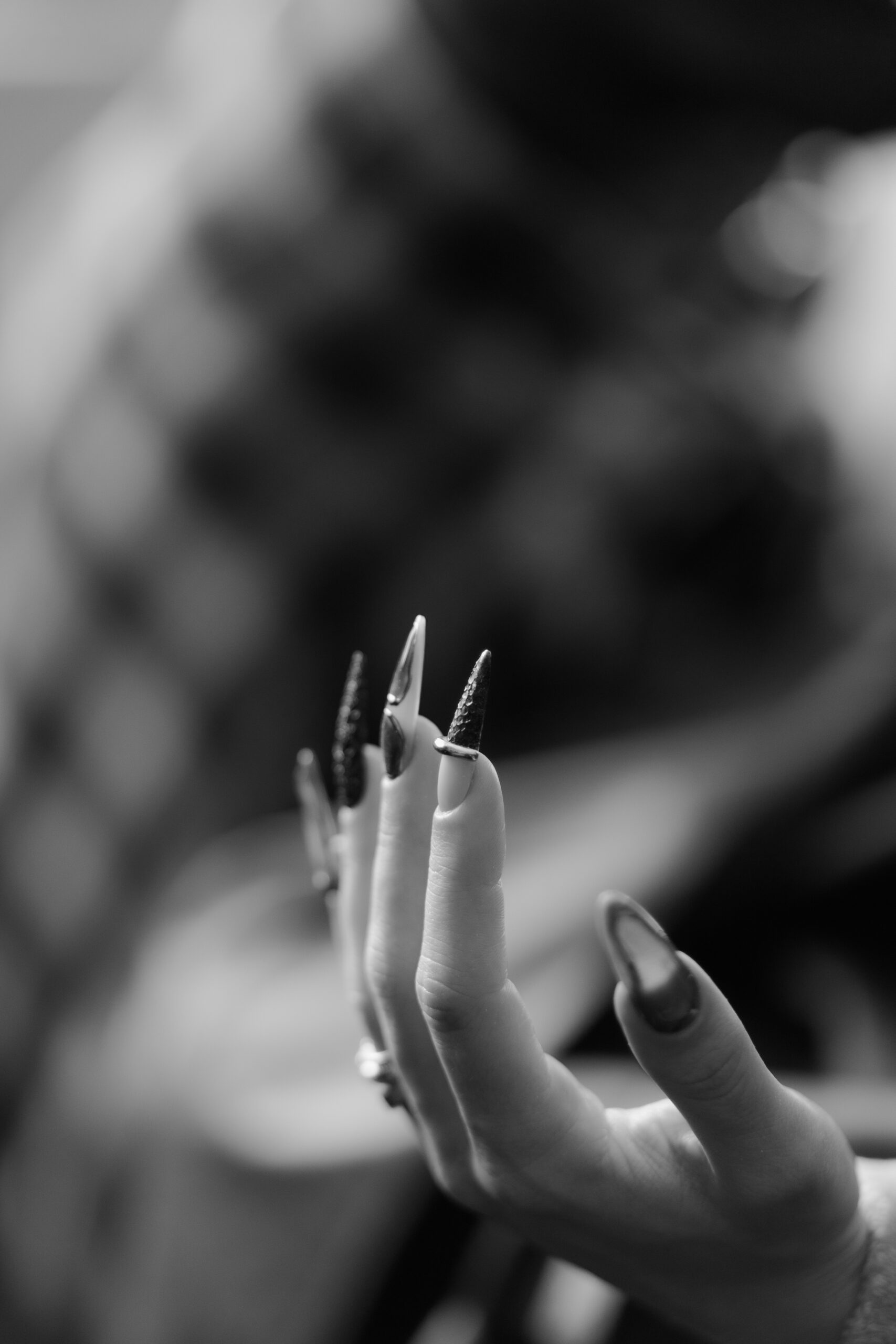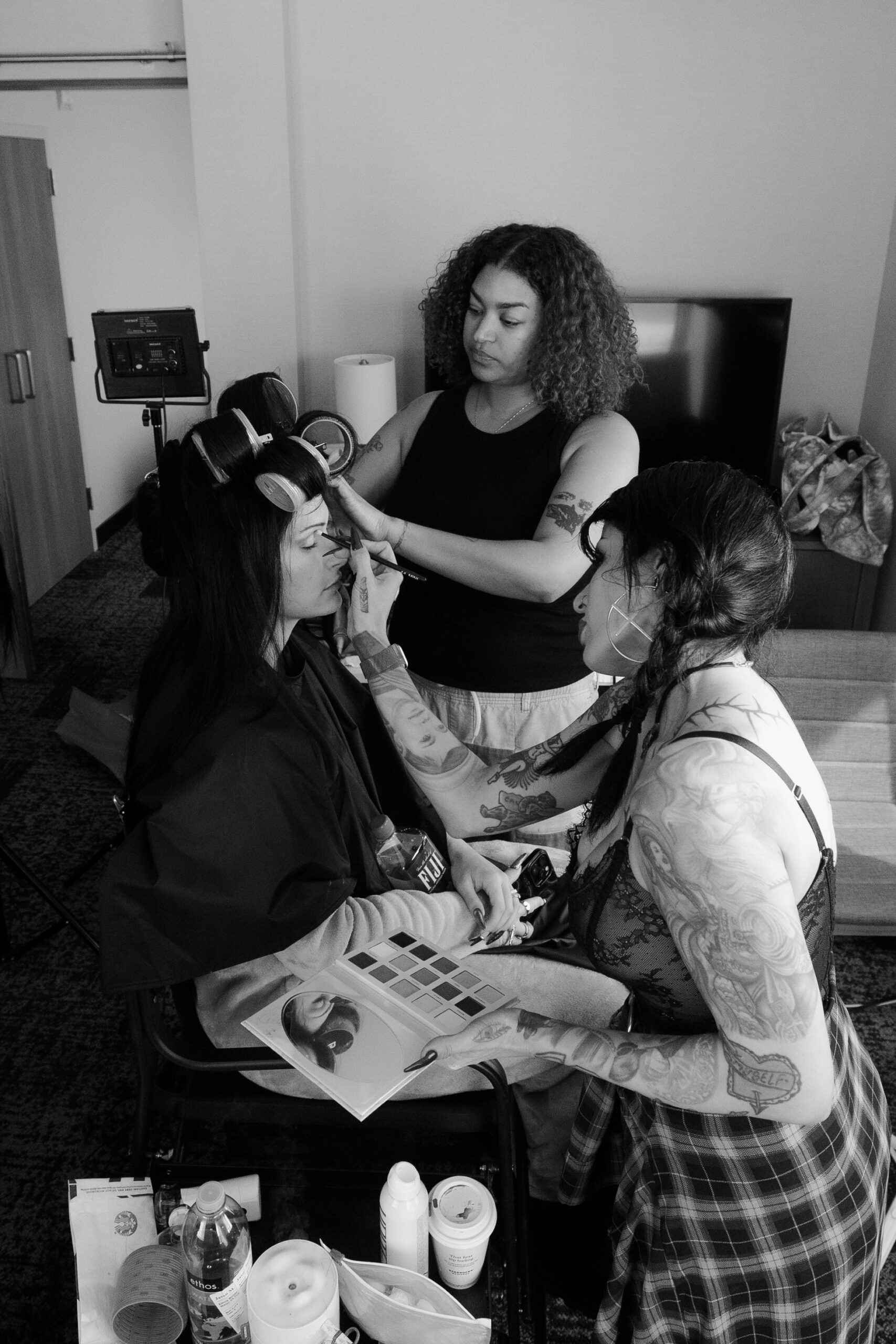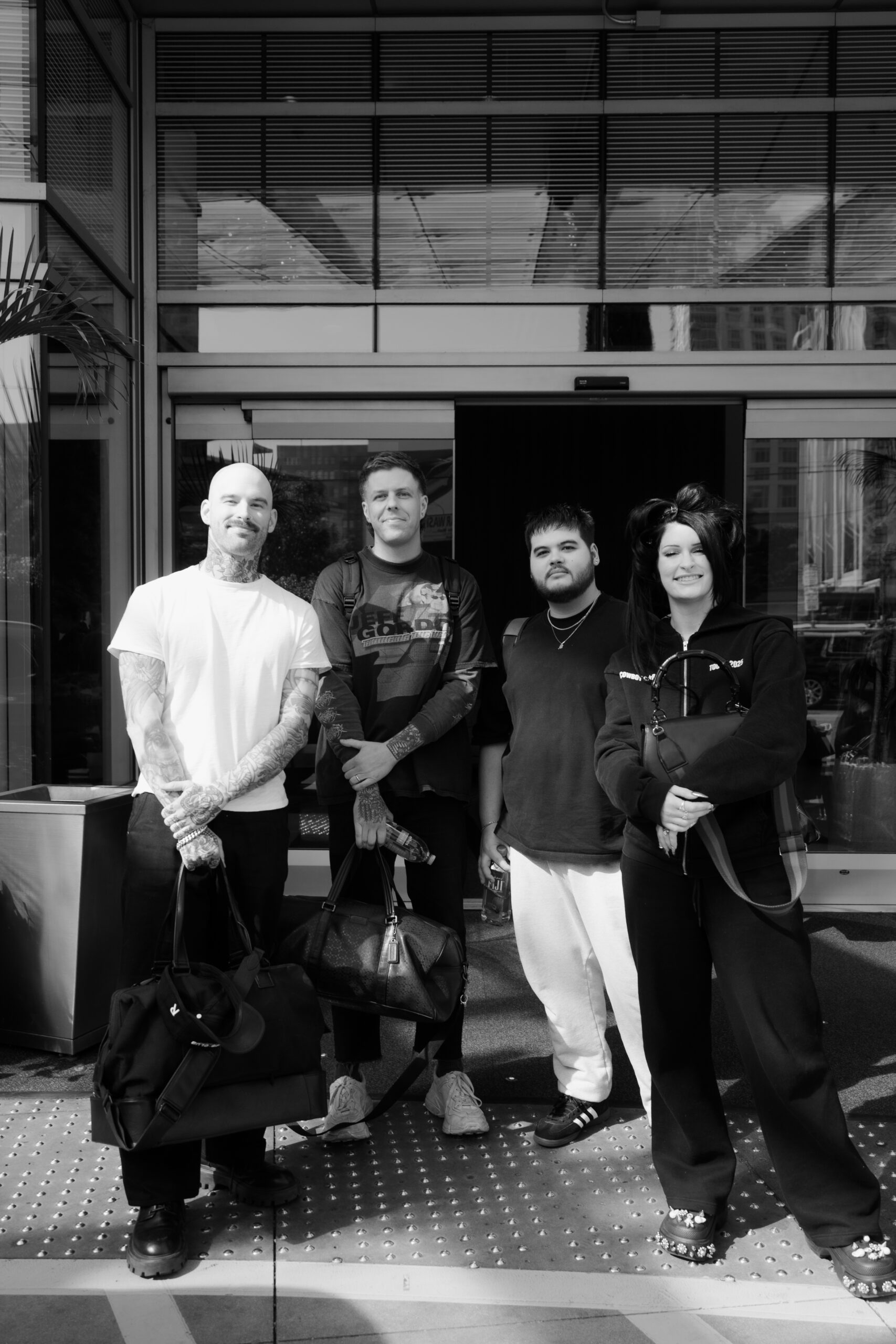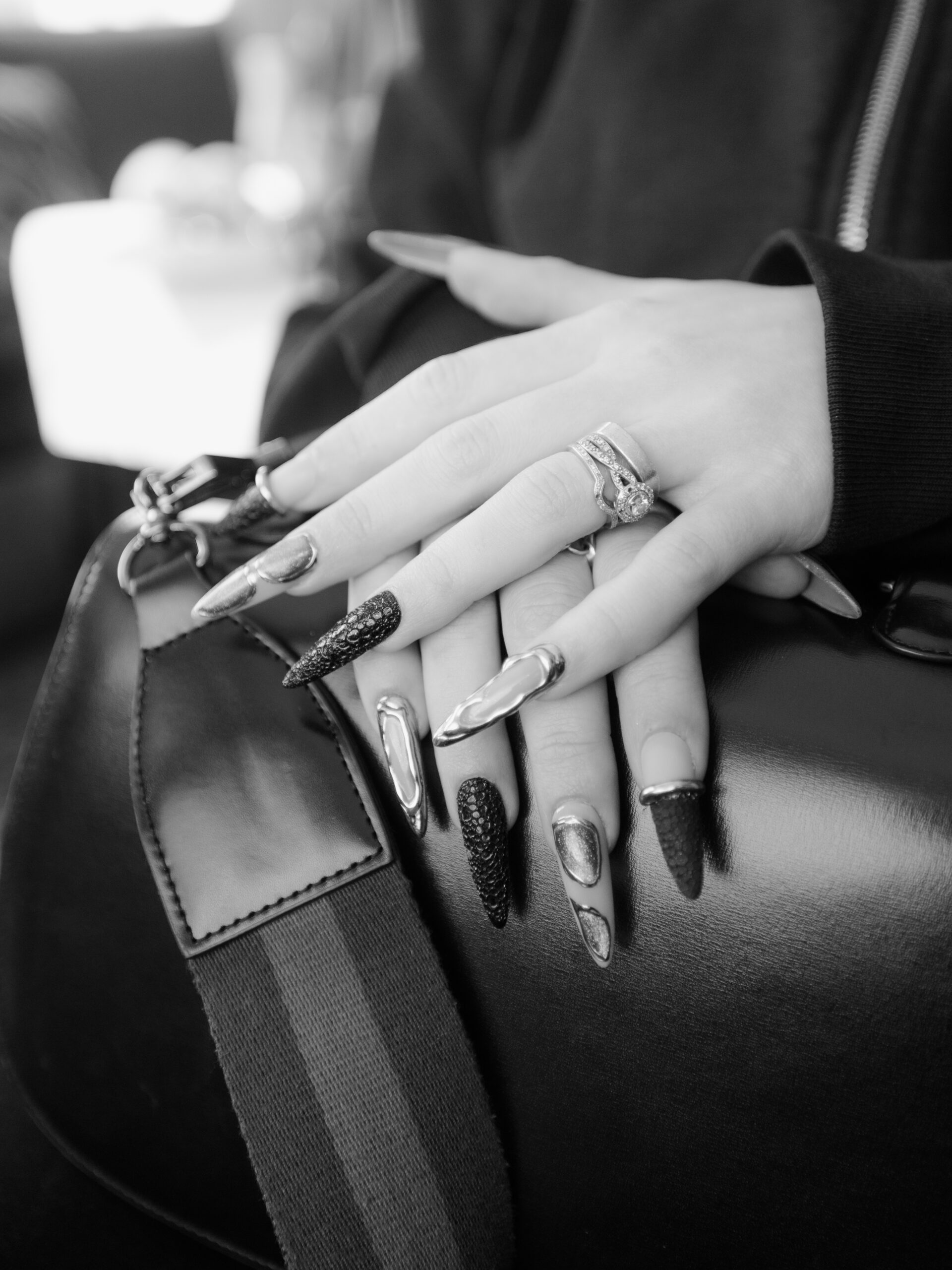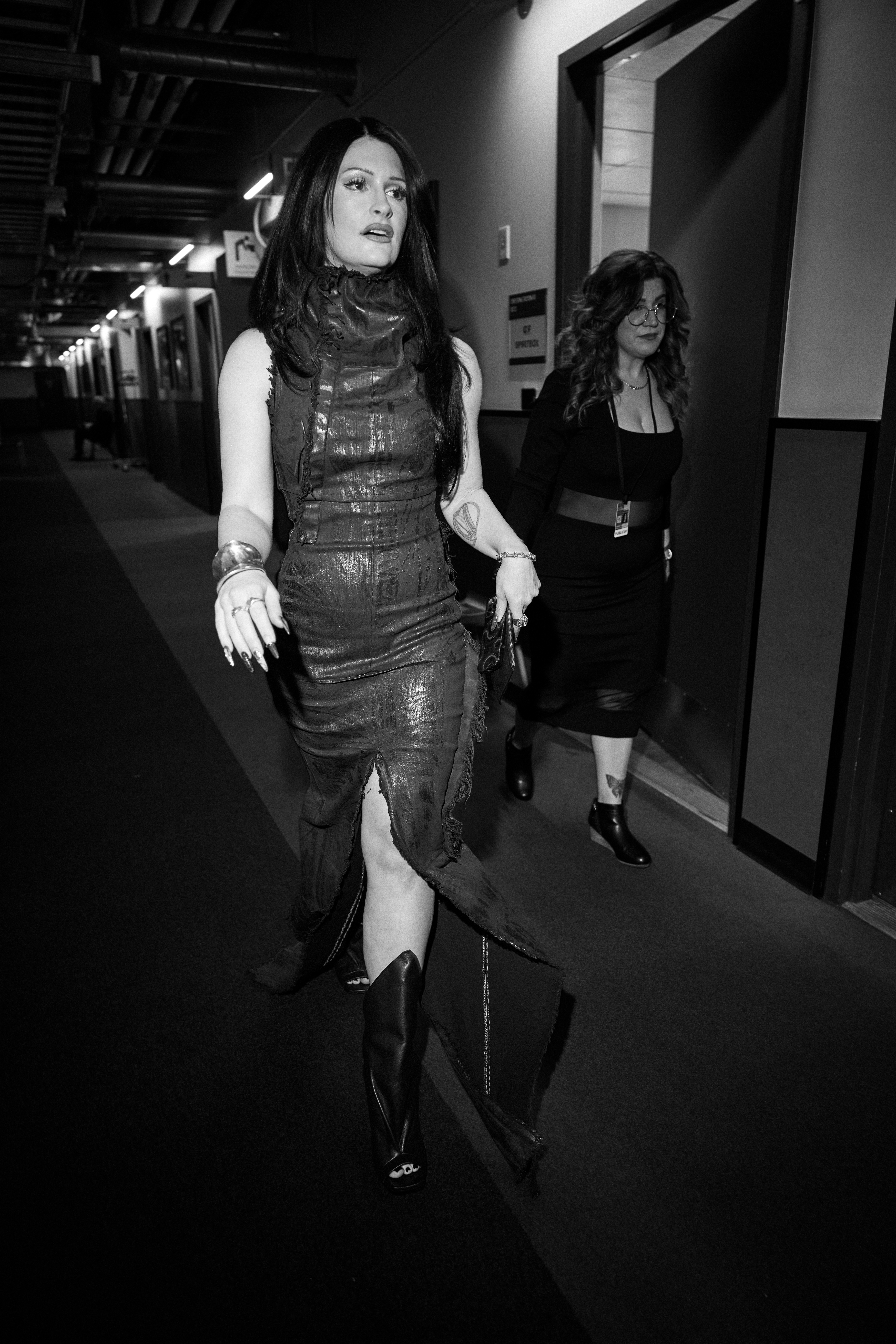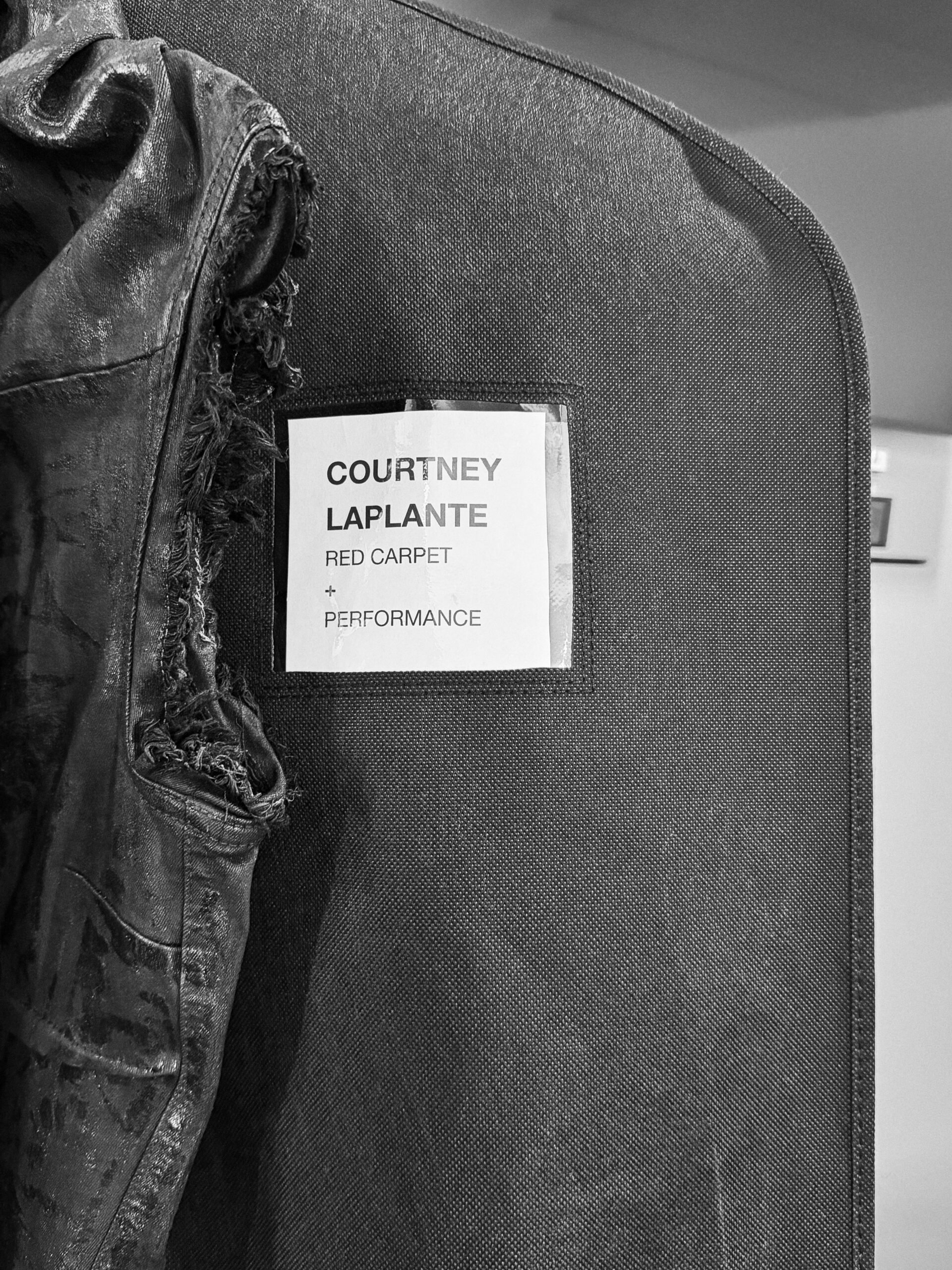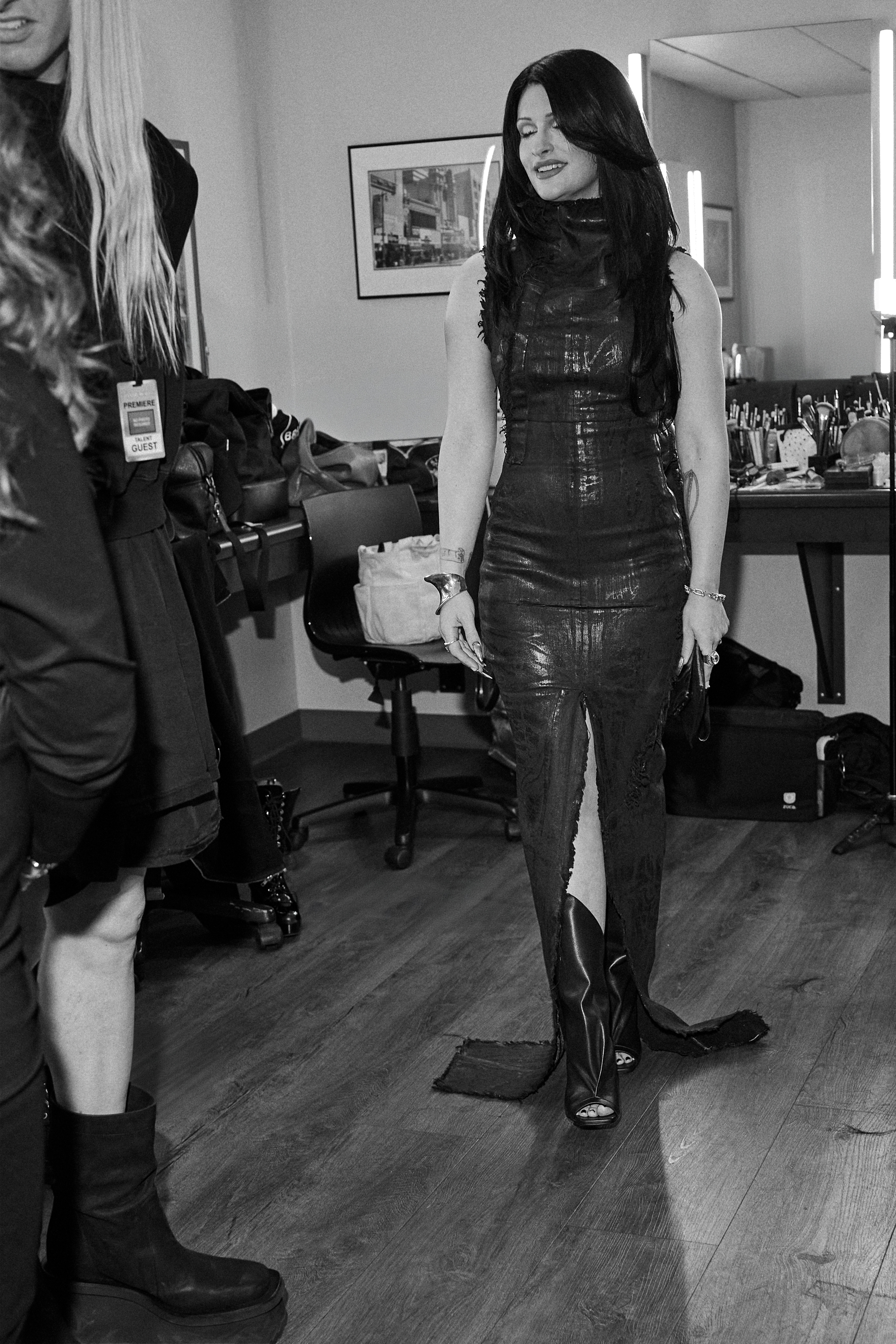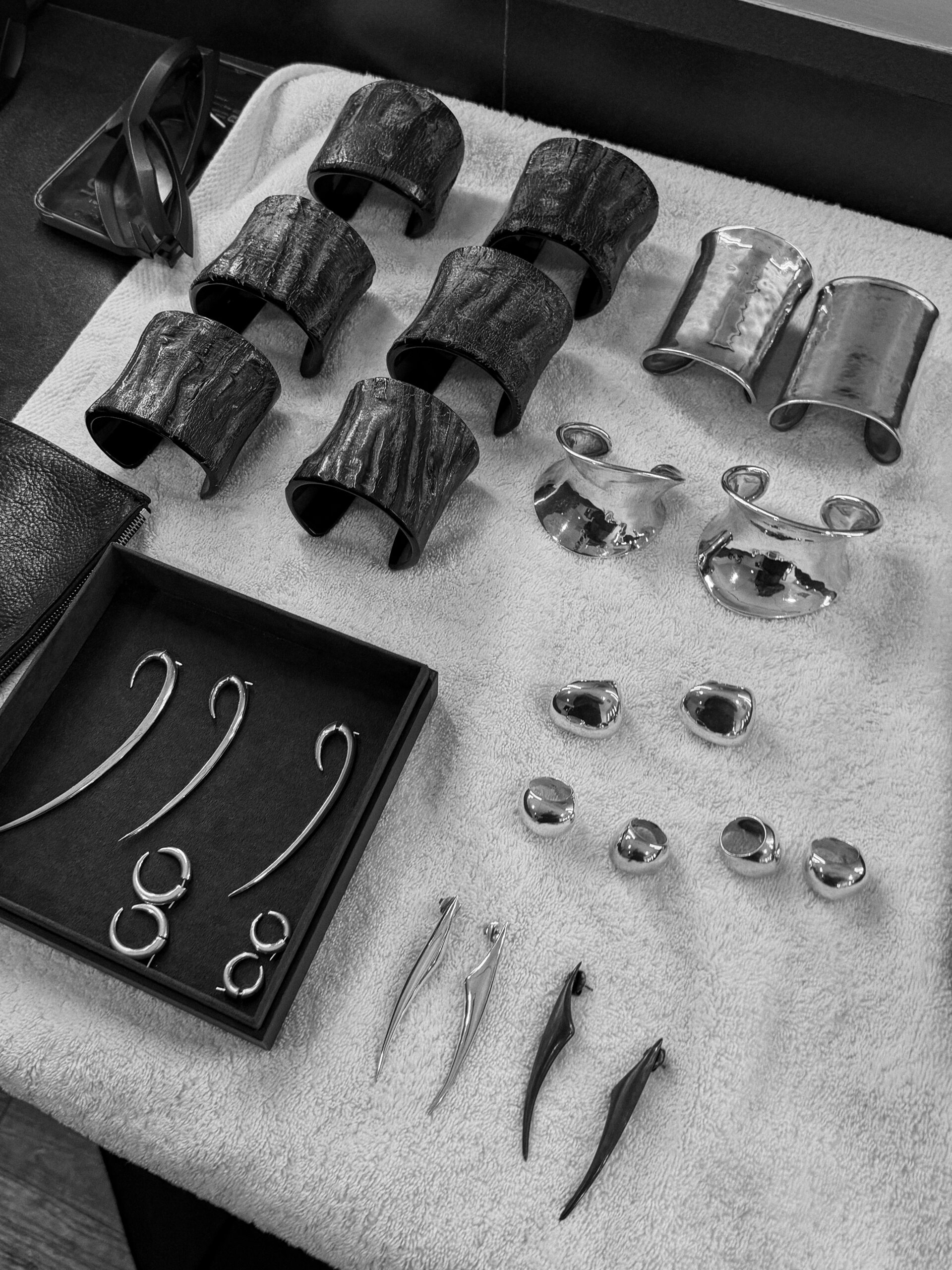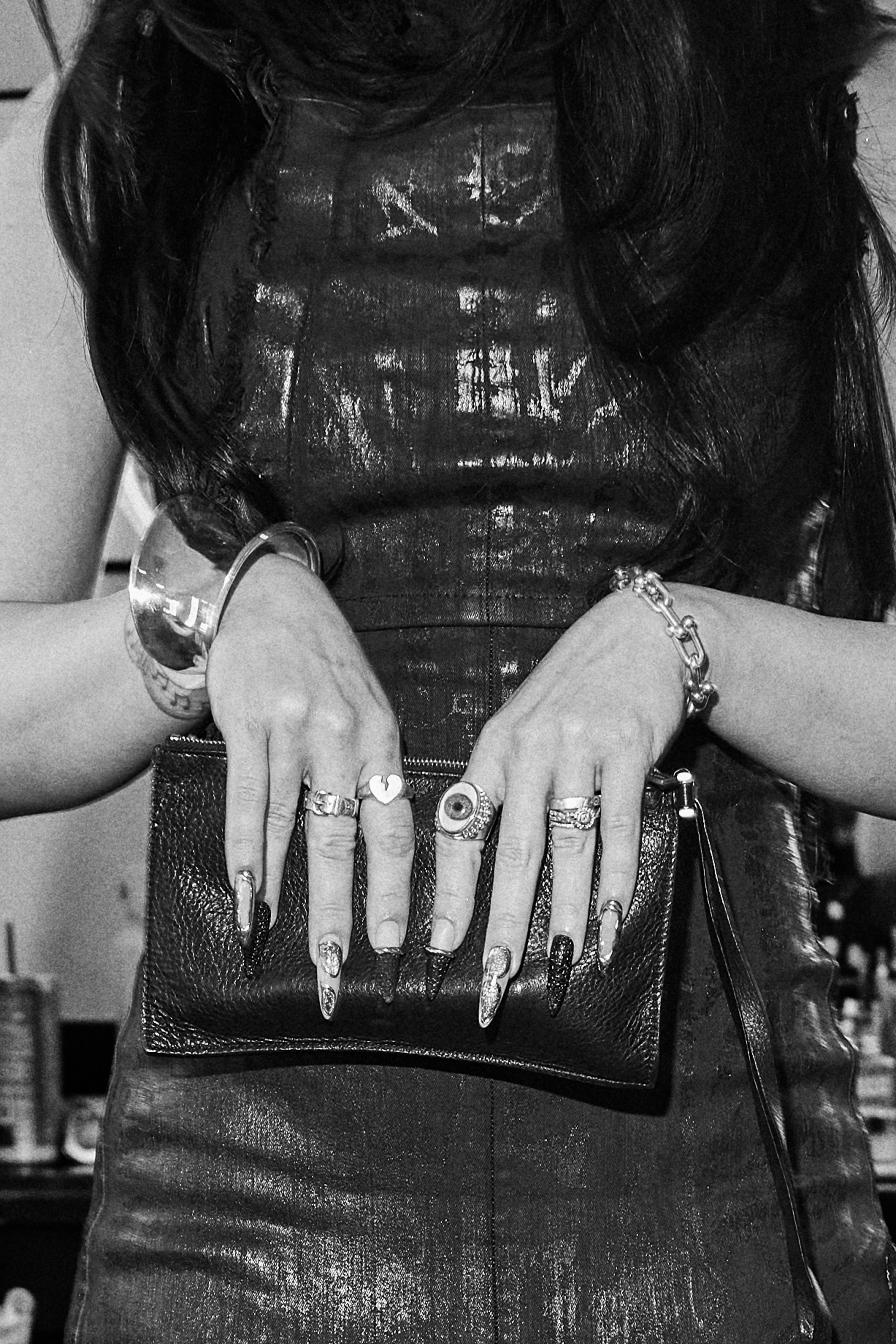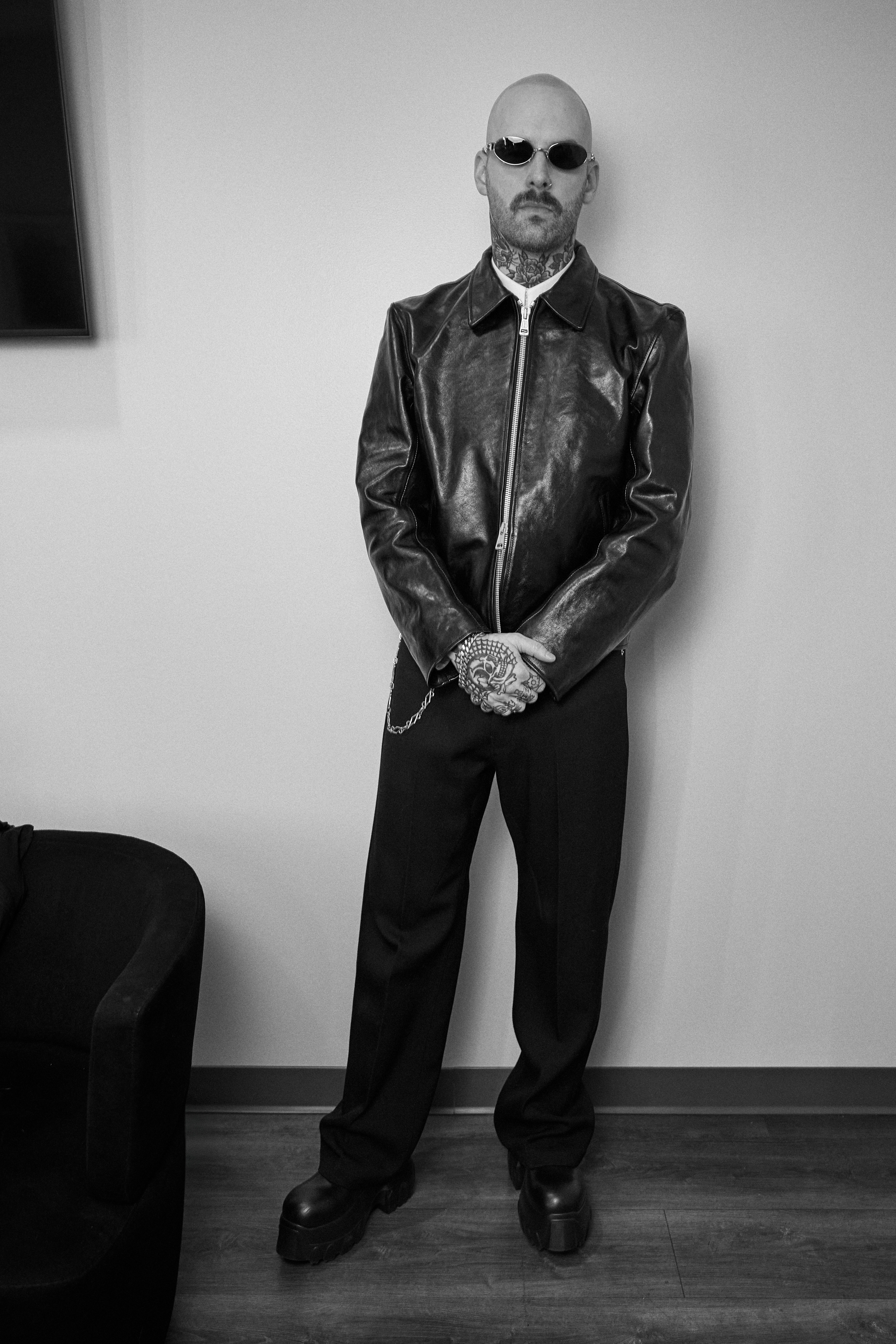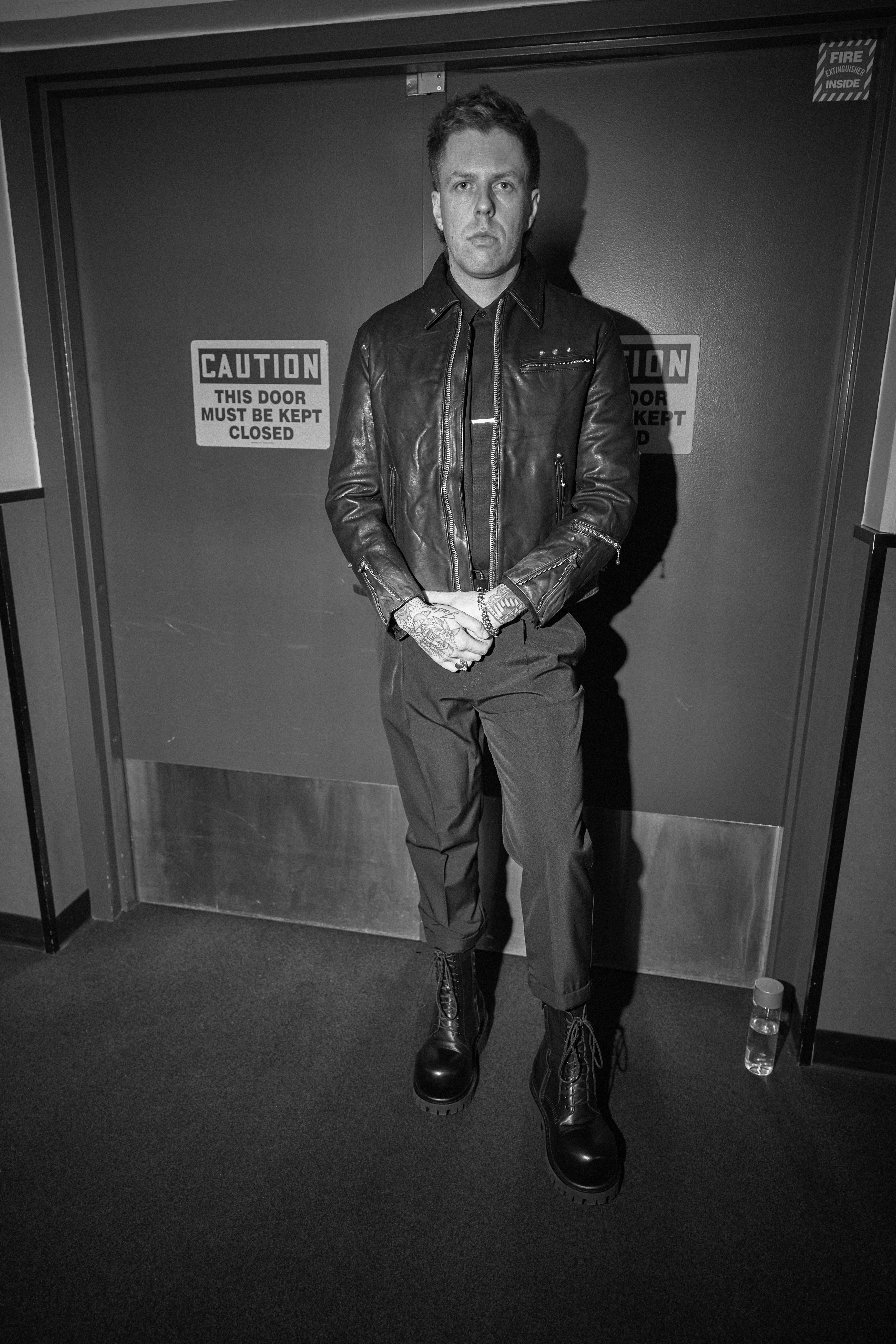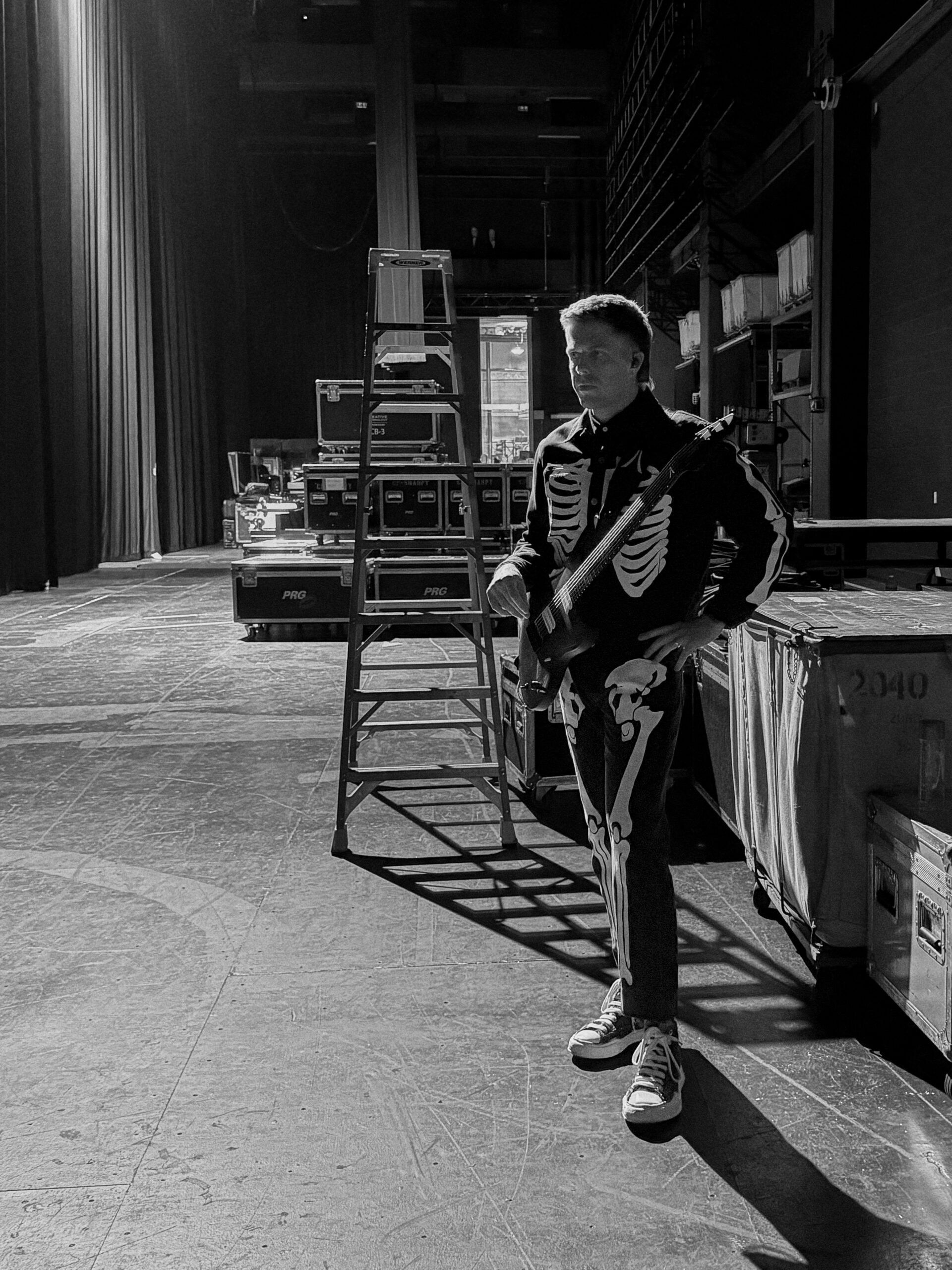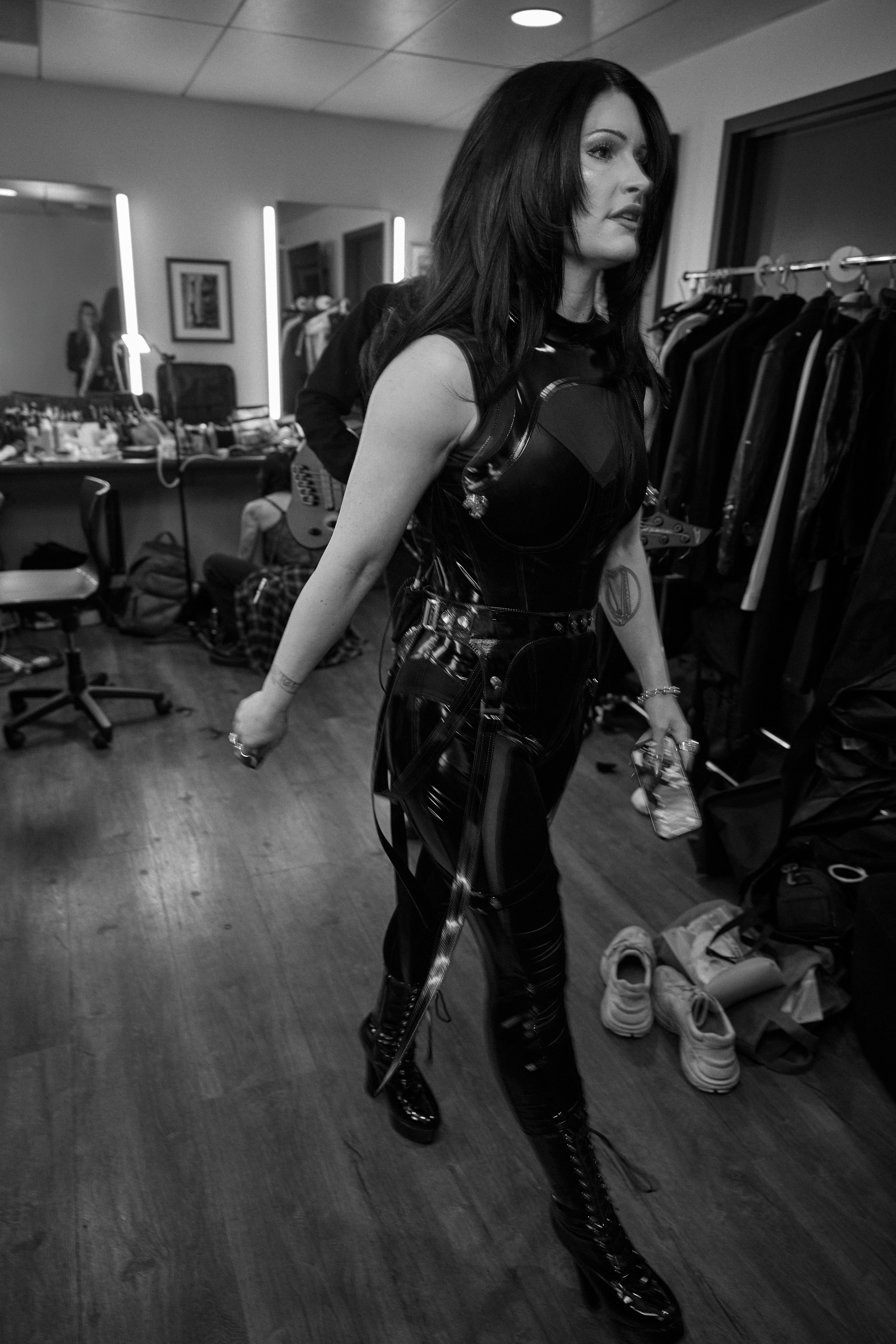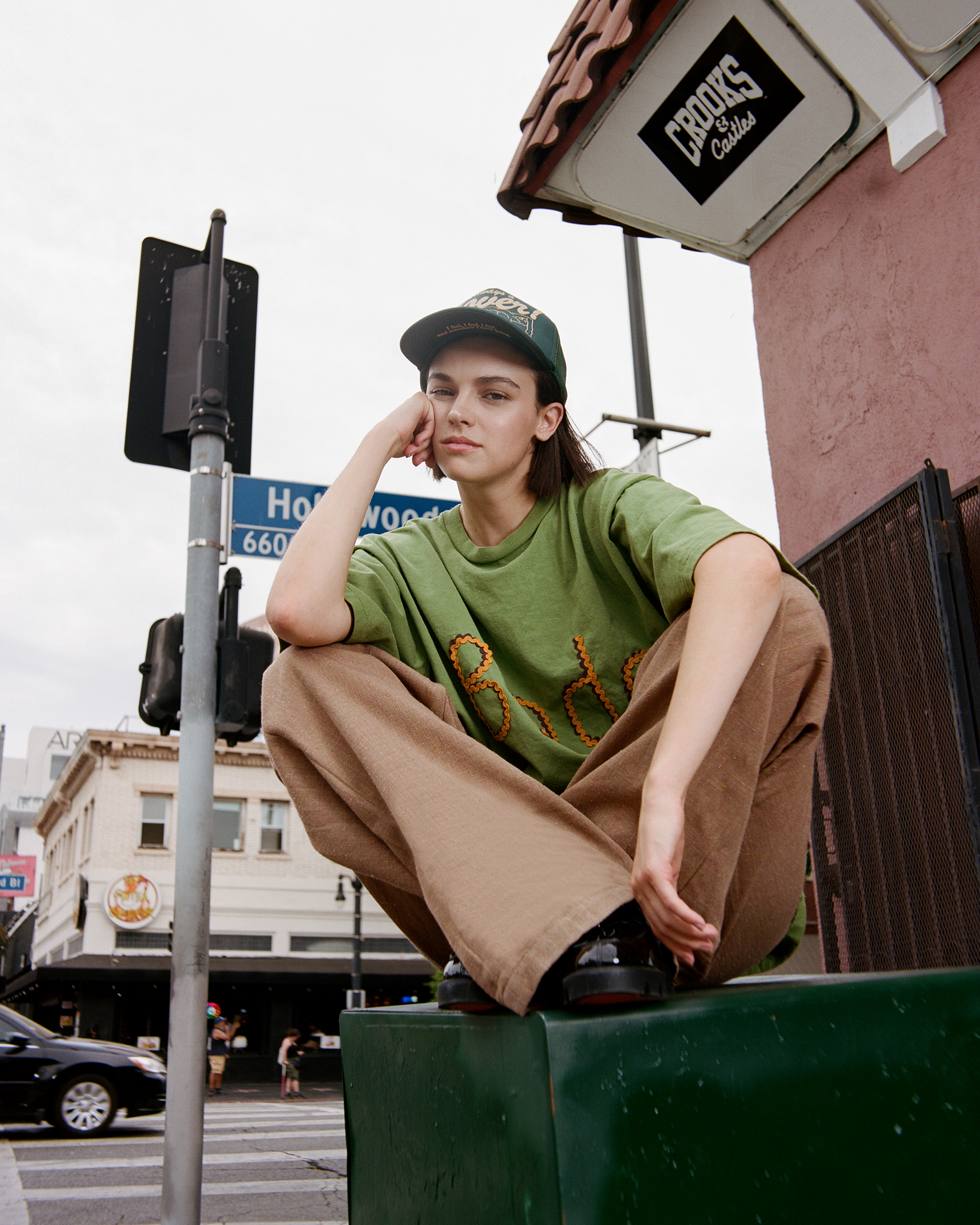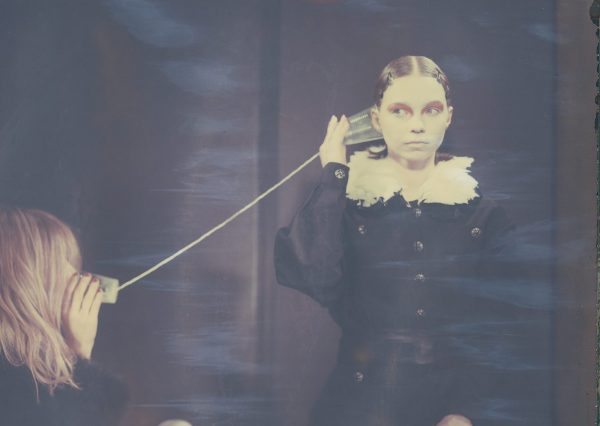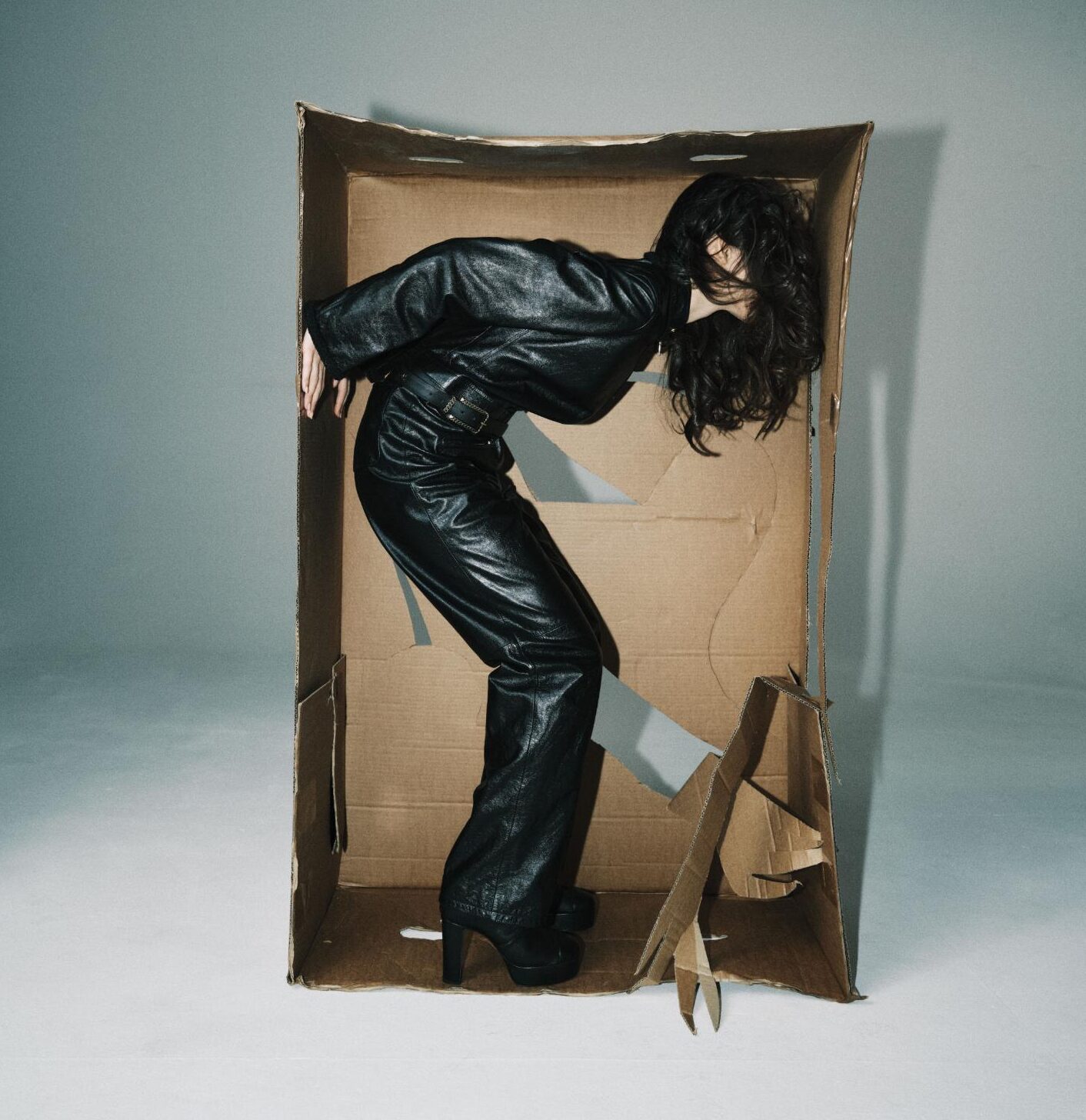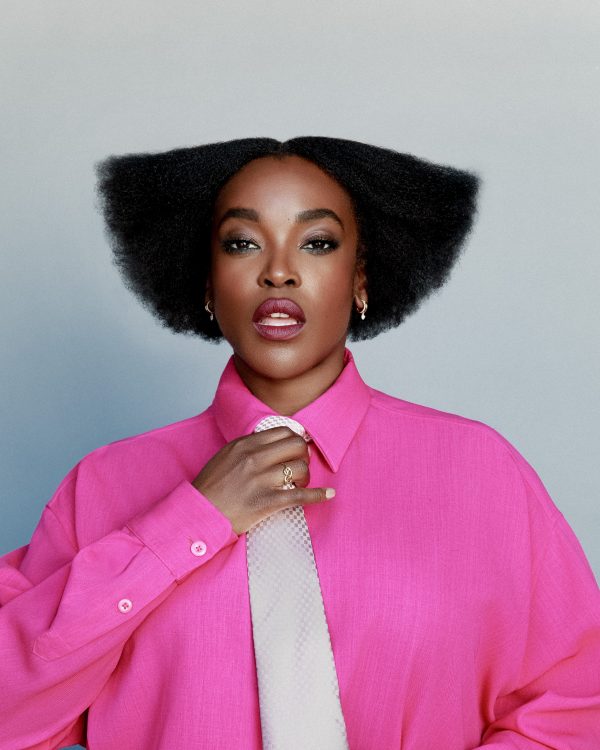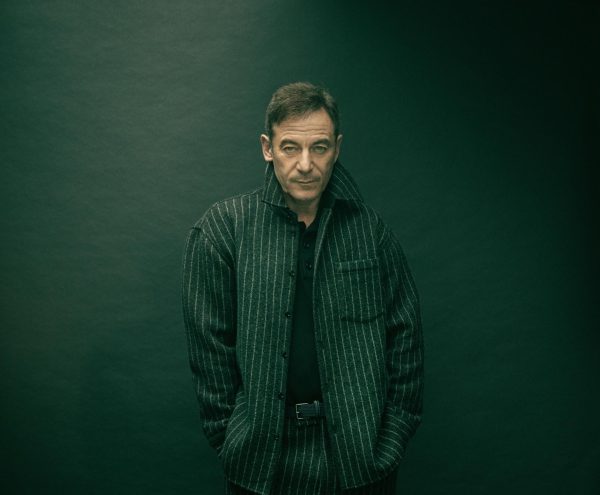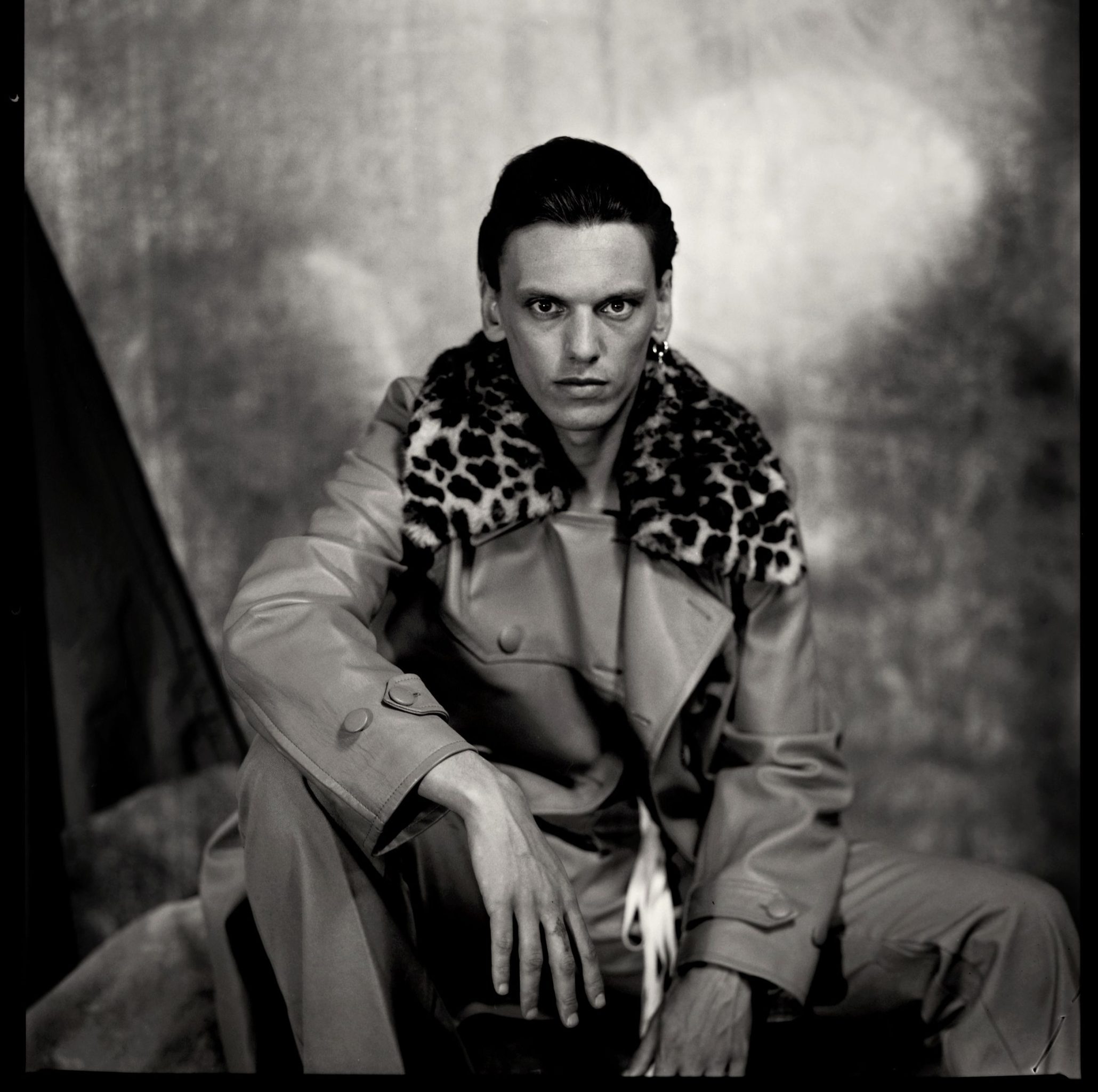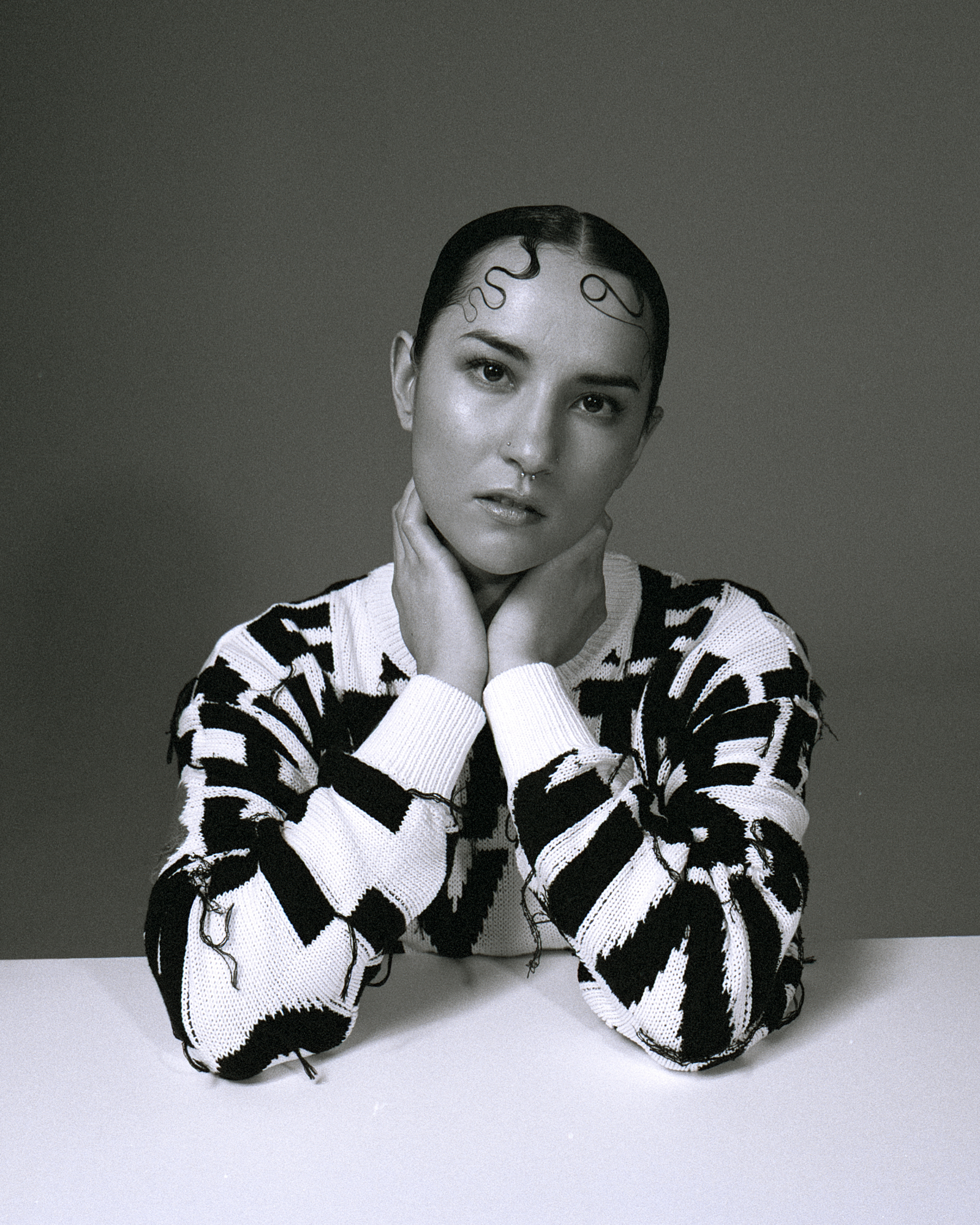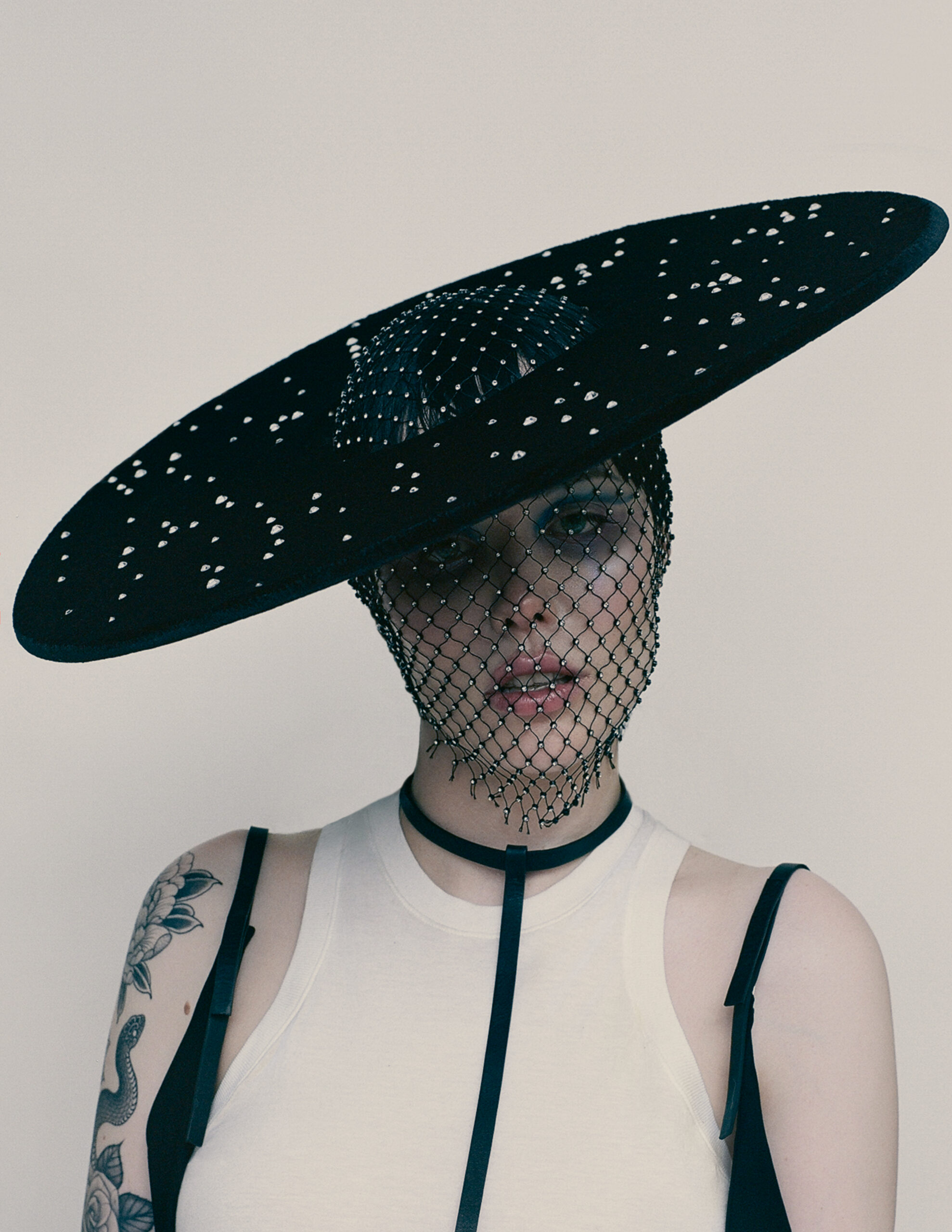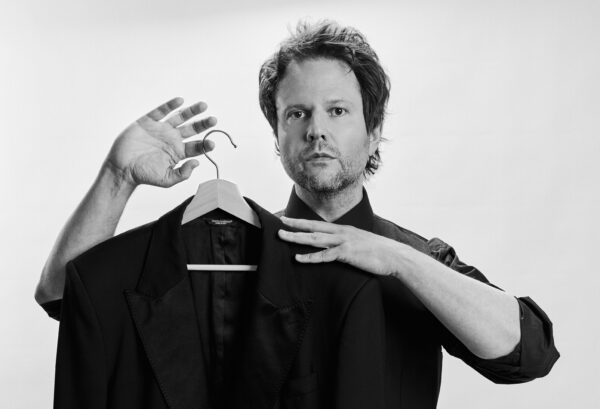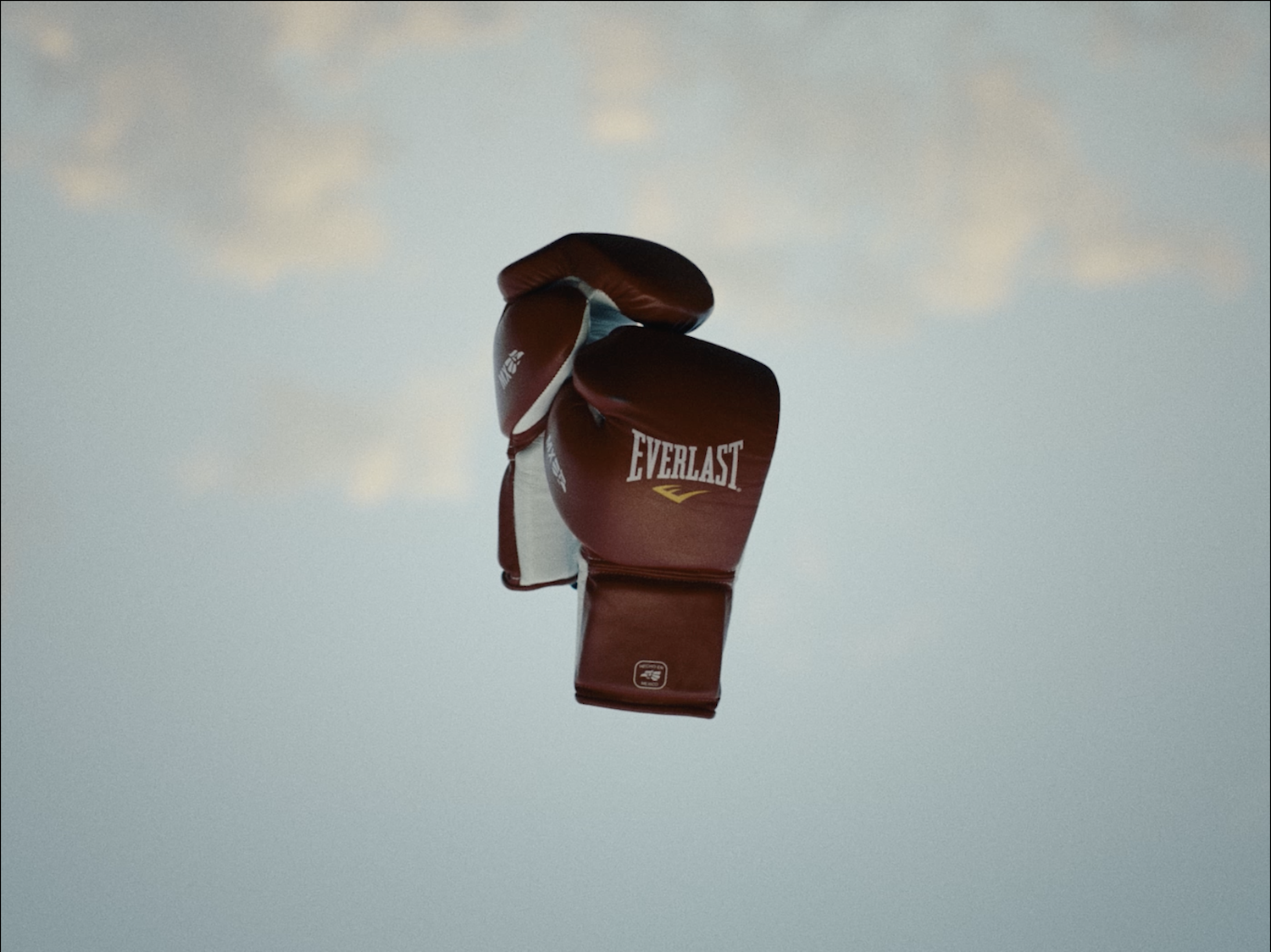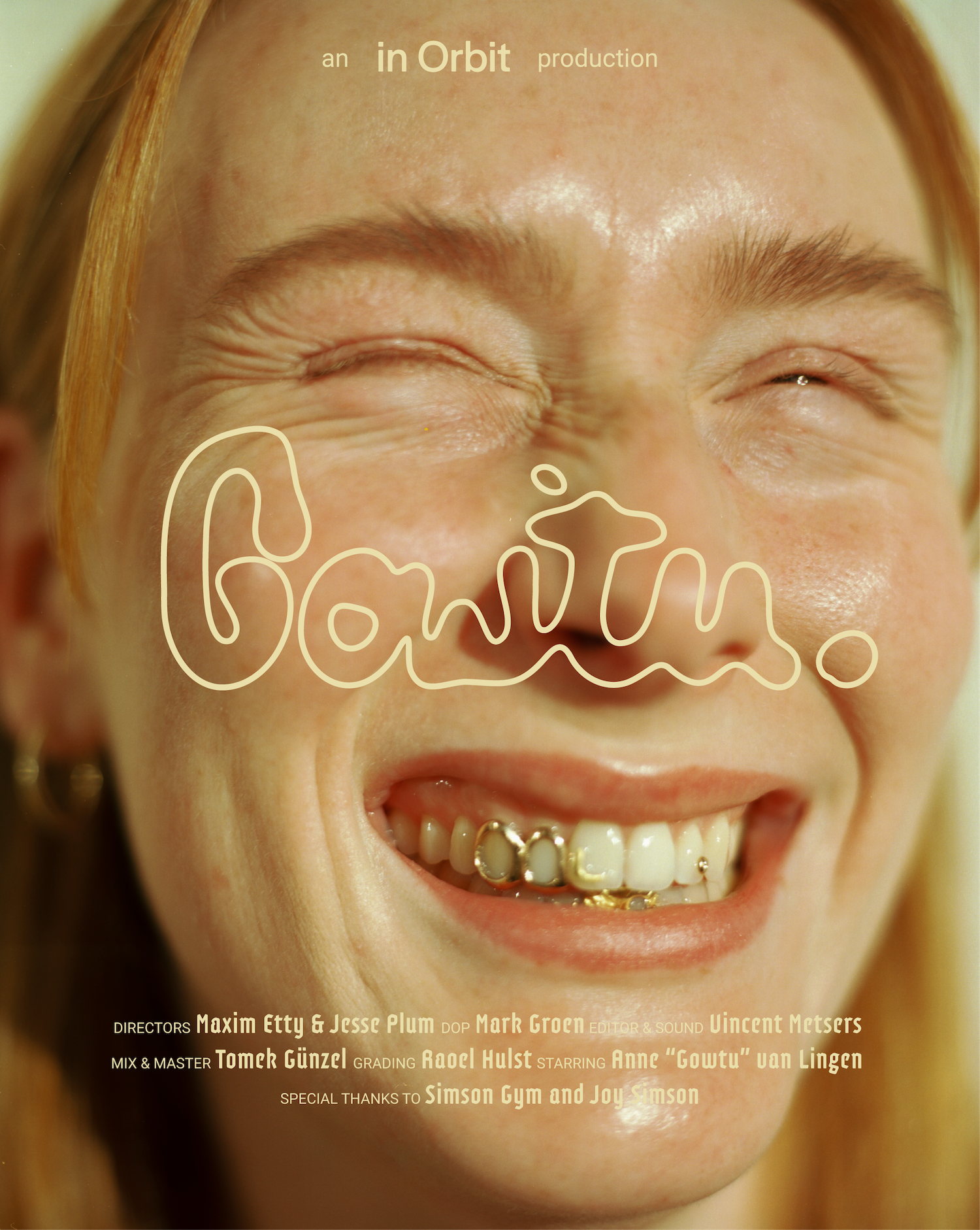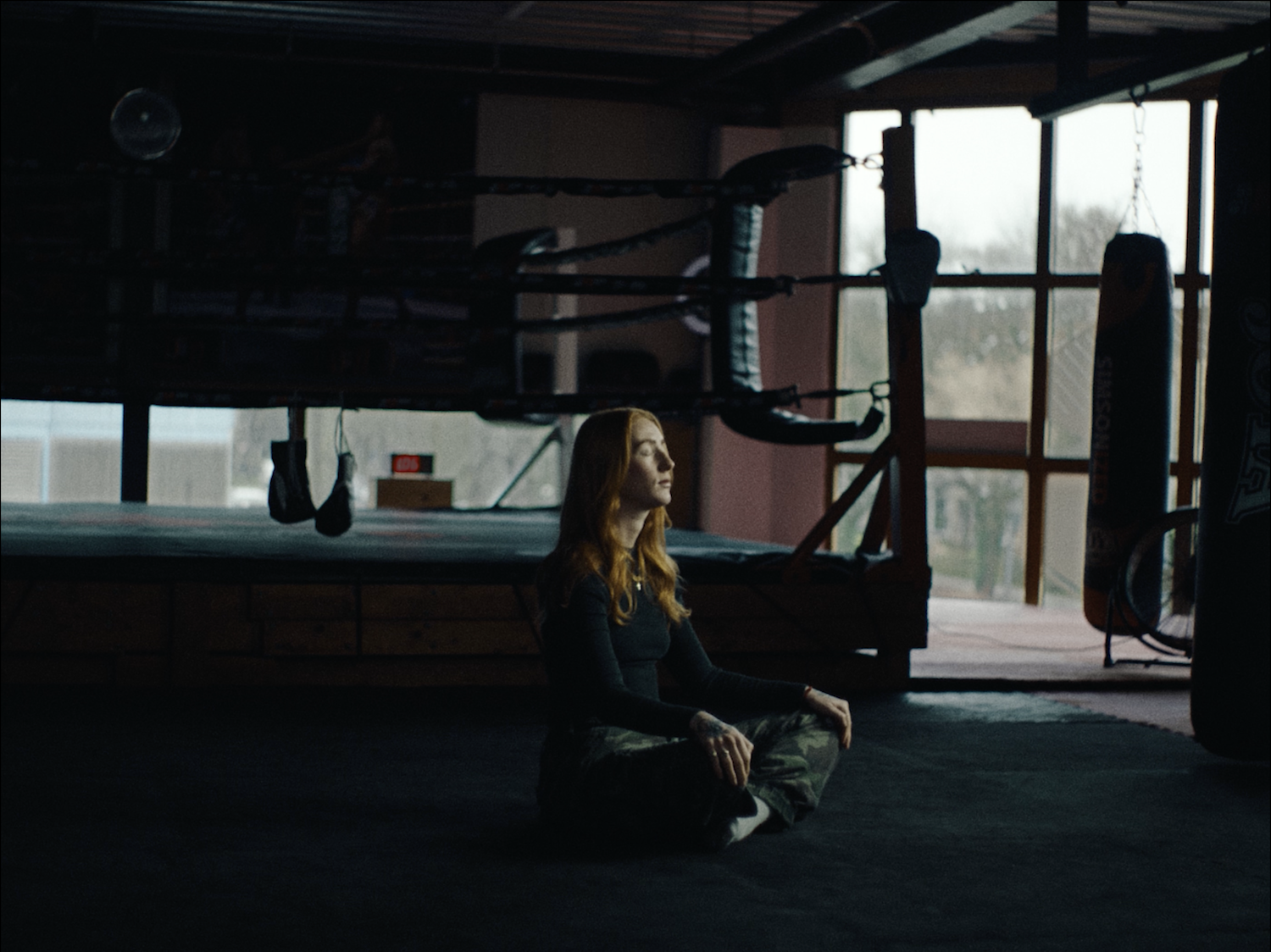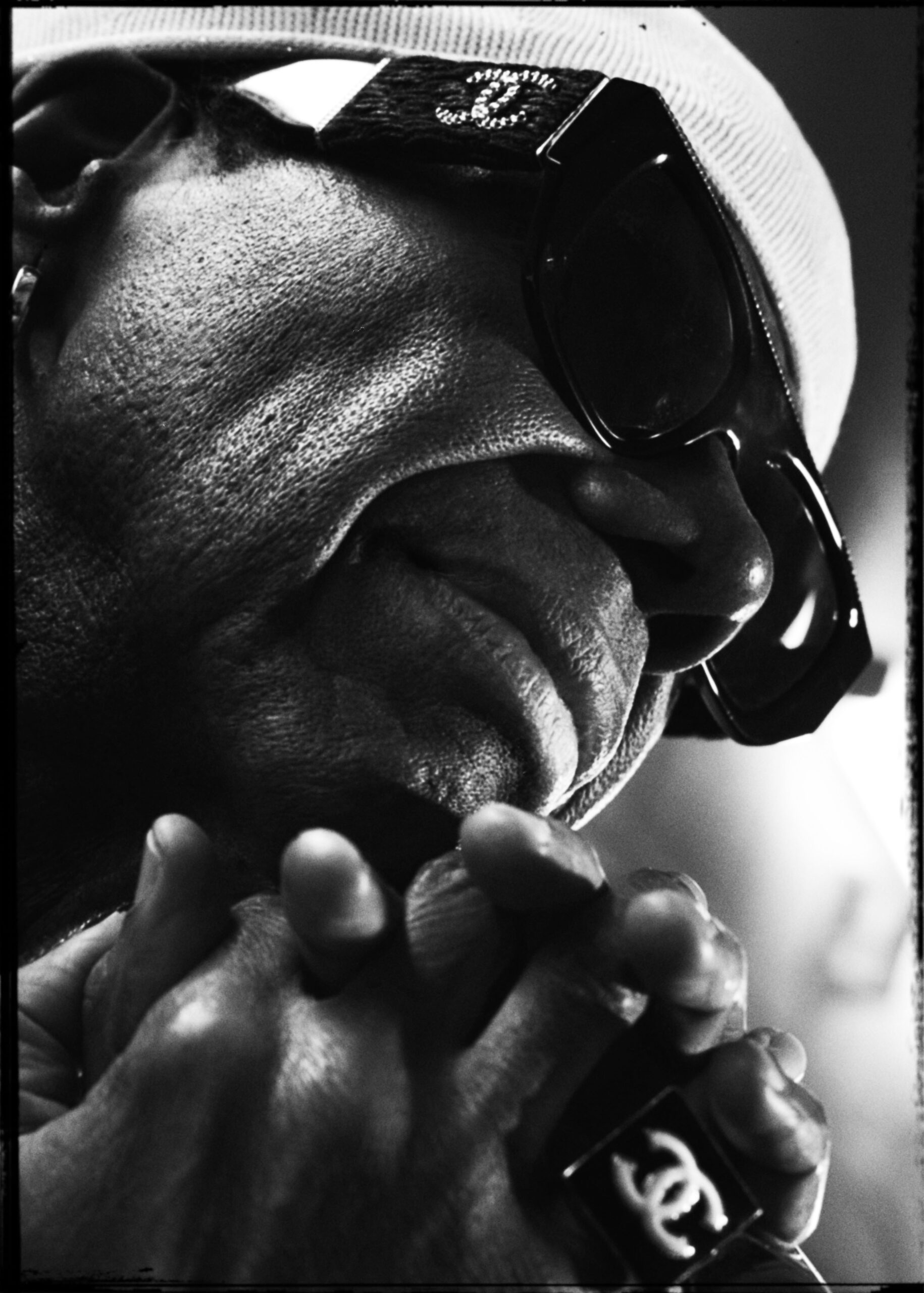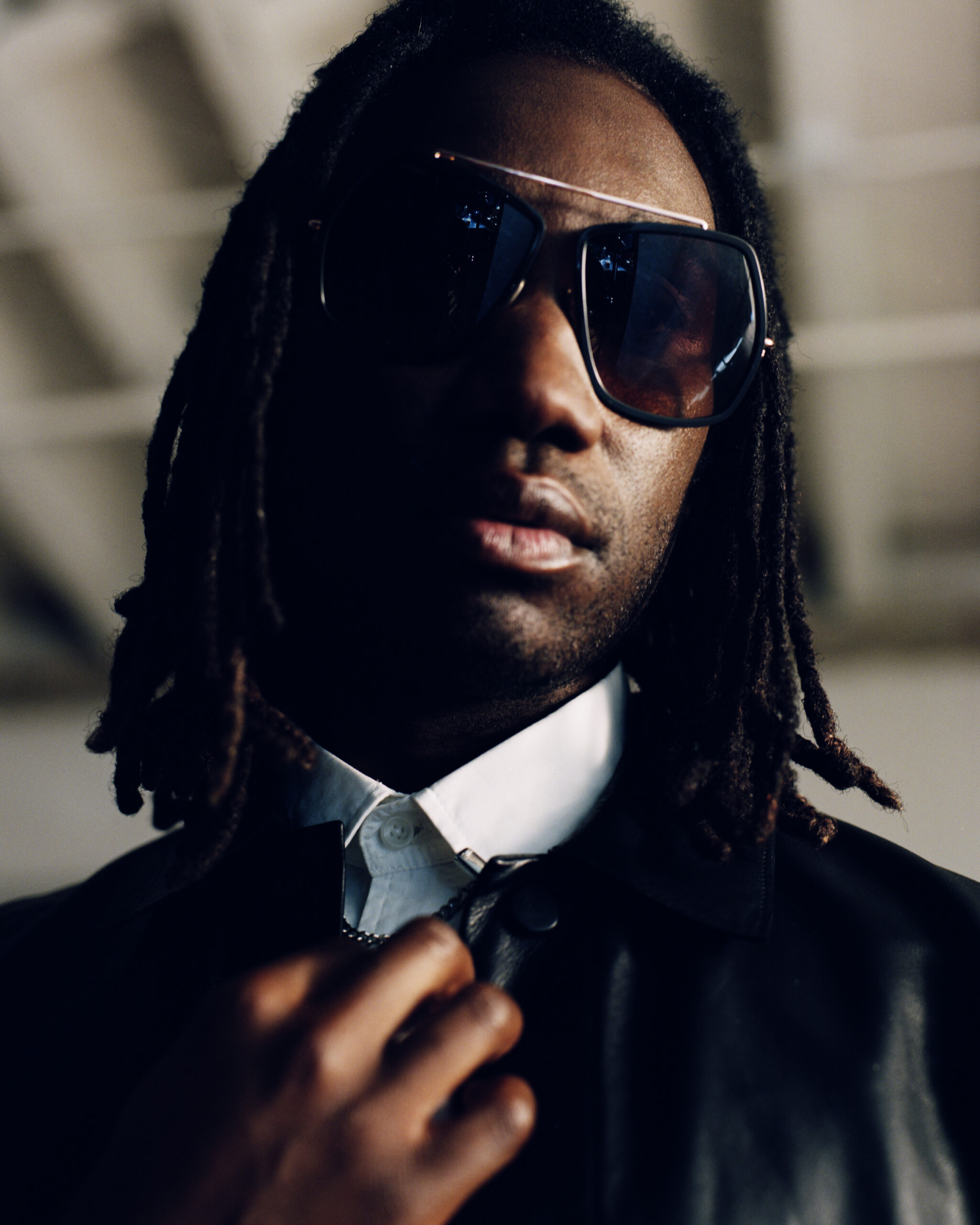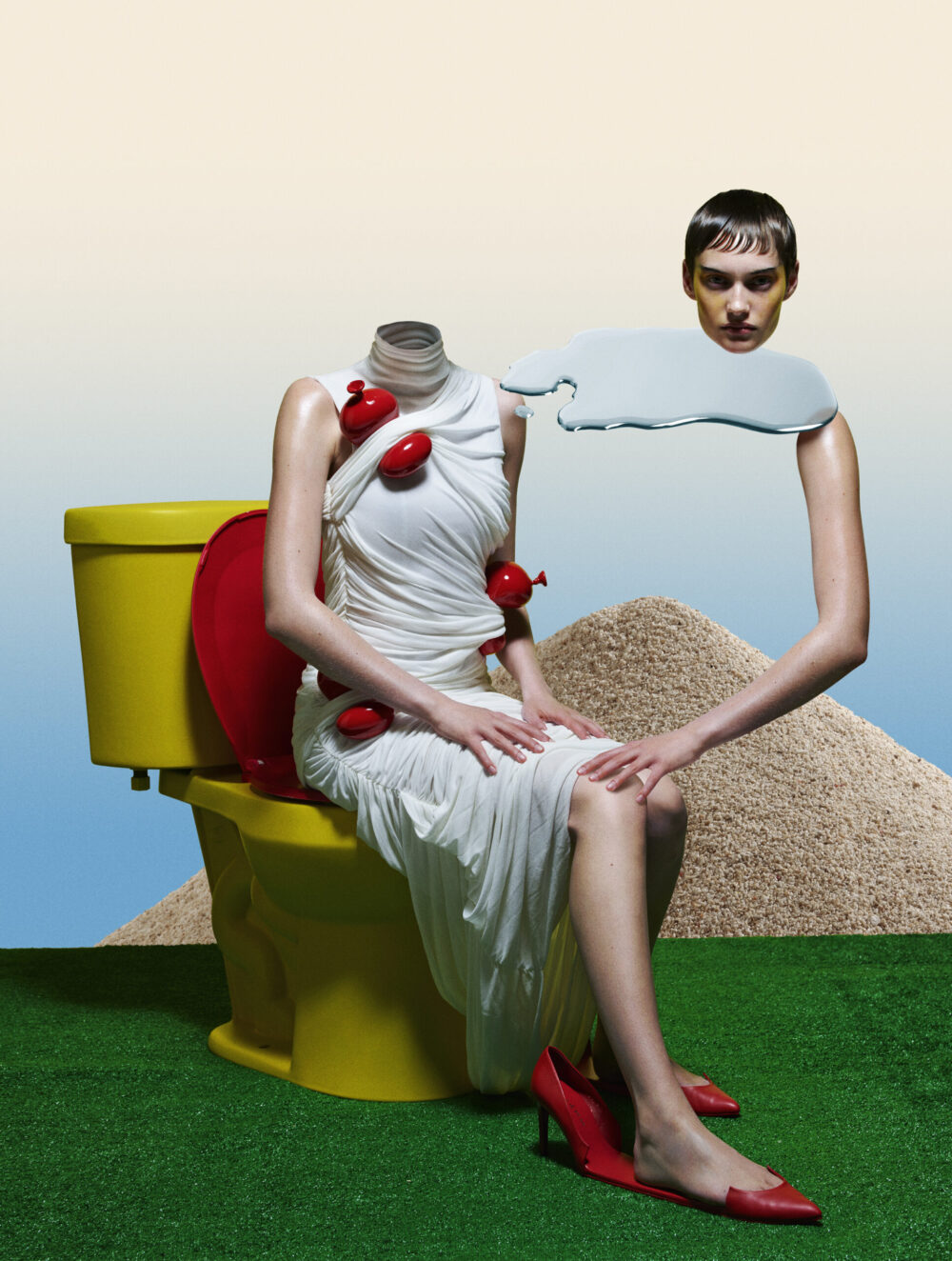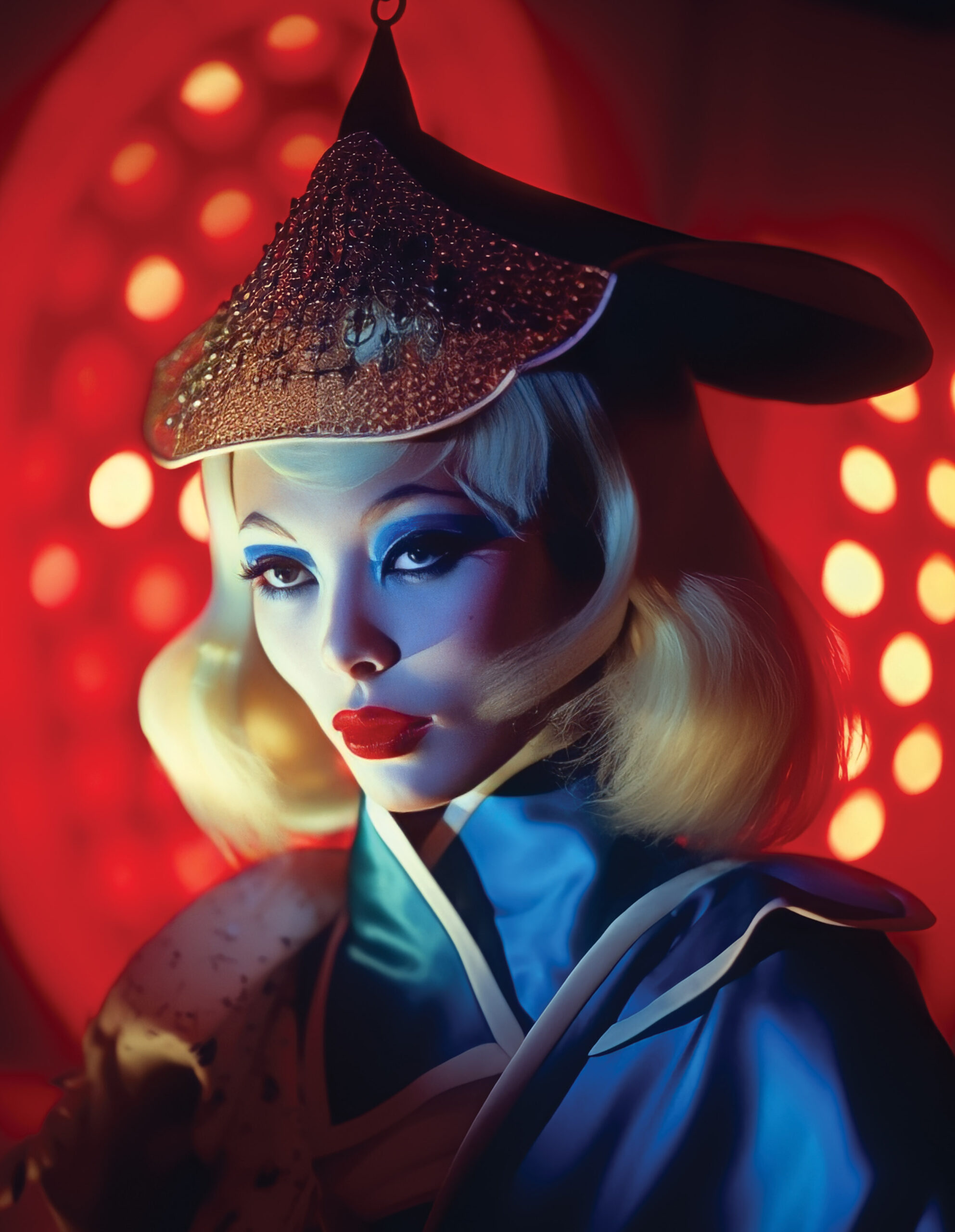Talking to Peter Facinelli is a study in how movies are made. Starting as an actor, then expanding into directing, producing, and writing, he has covered every stage of moviemaking between script to theatrical release. And Facinelli has been involved in a wide array of projects too, from giant franchises like the Twilight movies, where he played the vampire patriarch, Dr Carlisle, to indie movies like Breaking and Entering, his directorial debut.
His latest project proves he is still pushing himself after 25 years in the business. The Vanished is his second directorial feature coming out on August 21. It’s a harrowing story where every parents’ worst nightmare comes to pass: their daughter goes missing on a family vacation. As Schön! talked to Facinelli about the challenges in making The Vanished, it became clear he also pushes himself to grow outside of work. Read on for his valuable insights not only on Hollywood but also on personal growth during the lockdown.
You are an actor, writer, director, and producer. Creatives like yourself around the world have been keeping either insanely busy or taking some much-needed rest during lockdown. How have you been spending time at home?
I’ve been spending time doing a little bit of both, actually. I was used to having a full plate and constantly juggling things. When COVID hit, it felt like the hamster wheel broke, as I’m sure it did for many. I really didn’t know what to do with myself at first. I spent the first few months kind of numb, waiting, thinking it couldn’t last long. Looking back, I really think I needed that time to just do nothing. The hardest thing to do sometimes is to just be.
Since I couldn’t travel outward or do much outside of the home, I started spending more time travelling inward. I began meditating more, focused on taking care of myself, exercising, eating better, and practising guitar. I began taking online classes — things that I’ve always been interested in that I never had the time for. I caught up on shows I’d never seen, I read more and spent time journaling. I’ve really tried to use this time for personal growth, and reflection, and I’m excited to take what I have learned, and the knowledge I’ve acquired and bring that into my art. In the meantime, I am enjoying soaking it all up and having the time to do it. I remember reading somewhere that if you come out of quarantine the same as you went in, you never lacked time, you lacked discipline. That really resonated with me, and I wanted to use this time to grow. I even took a hypnosis course, as I’ve always been fascinated by that subject, and I’m now a certified hypnotherapist, not that I’m switching careers anytime soon! I just wanted to learn for myself. Or maybe, I am hypnotizing you right now to watch The Vanished... You will love it!
What can you tell us about your sophomore directorial feature, The Vanished? How has the experience differed from Breaking and Exiting?
I had so much fun on Breaking and Exiting. It felt like a bunch of friends getting together to make something. We had a limited budget, limited equipment, limited crew, limited time, only a few locations, and I felt the challenge was to make a good movie despite the limited means. We filmed the whole movie in about twelve or thirteen days. The Vanished had a bigger budget so I had a bit more at my disposal to make the film; more crew, more equipment, more actors, more locations. It sounds like that would make things easier, but it actually was a bigger challenge. When you’re the captain of a bigger ship, there is bigger responsibility – more people to lead, and more at stake. I also wrote The Vanished so it was more personal for me.
What is rewarding about working on a project like The Vanished, with dark subjects like a child’s kidnapping and grief?
When my daughter was five, I took her on an RV trip from NY to LA with her mother. Thirty days in a motorhome. Yes, we survived. It was actually a really beautiful trip. When we checked into one RV Park, as I was in the front office paying for our spot, I heard gunshots. The RV Park Owner told me not to worry… that there was a prison just a few miles away and that they ran drills. Two or three gunshots were normal… “Anything more come run to the front office for shelter”, he laughed. I barely slept that night. I wondered what would happen if a convict escaped. What would happen if my daughter went missing? How would I find her? It would be like looking for a needle in a haystack in the middle of the woods. Losing a child is every parent’s worst nightmare.
That trip planted the seeds in my mind for this film. I wanted to build on that and explore how losing a child would affect a marriage. I had studied about Elisabeth Kübler-Ross’ five stages of grieving in college. I wanted to explore those stages as well as the effect the loss of a child would have on a marriage. Would it divide the parents? Would they blame each other? Would the marriage deteriorate? If they teamed up to find her would it connect them? How would the desperateness and helplessness affect each parent individually, and also together? I’ve always been a fan of Hitchcock films and I wanted the genre to be more of a thriller than just a depressing drama. I wanted to explore how far the parents would go to keep their marriage together and how far they would go to get her back. So being able to plant those seeds, and write the story, then be able to find financing, and have the opportunity to direct it, and collaborate with some really fine actors was very rewarding to me.
You’ve spoken elsewhere about the hurdles of making The Vanished (having to change sets last minute, time delays, etc). How did you know this movie was worth pursuing through delays and obstacles? What kept you going?
Once production starts, it feels like you are on a moving train going 150 MPH. There really is no turning back. The thing that keeps you going is knowing that investors put faith in me to deliver a quality film and that my name is on the screen as writer and director, so everything falls on me. There is a team of crew and actors and producers that rely on you, every day. That trust you. And every day is a race of the clock. You only have a certain amount of time to get the shots you need, to build the movie you want, and every minute counts. Every day throws a new set of obstacles your way, from equipment failing, or waiting on a prop, weather issues, we even got shut down for a few hours one day due to wild hogs. The challenge to make your days, while not sacrificing any shots, or rushing any scenes is a balance. But all of that pressure gives you an adrenaline rush to succeed, to keep going, to make sure you come to set as prepared as you can, and to be able to think fast, problem solve, and keep moving. On top of that, I gave myself a small part to play, so I had to get into costume some days and learn lines. I think I slept about three or four hours a night the whole month filming. But it’s the adrenaline rush from that pressure that kept me going.
Was it important to you that The Vanished was released in theatres and not on streaming sites?
I love movie theatres. I love the big screen, getting popcorn, the communal experience, being able to shut my phone down, and escape into the film I’m watching with no distractions. Nowadays, people watch films on all different platforms. Some have TV’s just as big Theaters, with their own surround sound systems. I guess it’s a personal choice. But I still love the theatre experience. It’s not really indicative of how successful a film is anymore, getting into theatres, but for me, I was always hoping we would get a theatrical release. COVID has essentially shut down theatres, which is sad, and I do hope they survive. Luckily, even with COVID we still are getting a limited theatrical release. I hope people who go are responsible and wear masks, but I am happy that some will get to experience the film on the big screen. We are also doing a same-day VOD release on all major platforms for others who are not comfortable going to theatres right now or prefer to watch films at home. In the end, I’m happy if people watch the film on whatever platform they prefer. Just not on their cell phones, please. Films are meant to have an immersive experience. And it is difficult to have that experience on a small cell phone screen with little speakers and get interrupted by texts and phone calls.
Do you remember the moment that inspired you to start branching out from just acting?
I have always been interested in directing. Even as an actor, I am aware of where they are placing the camera, what lens they are filming on. When you are acting the lens size is important. If the camera doesn’t see it then it doesn’t exist. If your hands are below the frame and you’re doing something with them, if the camera doesn’t see it, the audience doesn’t see it. If they are very close on your face your performance changes. It’s subtler. You do less. If it is a wide shot, you can use more of your body to tell the story. Jason Patric has a scene where he drunkenly walks up a staircase. The camera is on just his feet, but it is a master class in foot acting. The way his feet heavily hit the staircase, the way a drunk person would walk up the stairs, tells you he is drunk, just from his feet.
Understanding the camera is important for an actor. I have always loved the collaboration in film that I have between other actors, the director, the camera department, make-up department, costumes. But as an actor, you’re focused on your character. You are a piece in a bigger machine. As the director, you are leading everyone like a composer leads an orchestra or a captain of a ship. You collaborate with all the departments on behalf of all the characters, and they are all there to help you tell the story. It’s a much bigger undertaking. You are picking out locations in pre-production, casting the right actors to help tell the story, making script adjustments, working with your DP to make lists of shots to tell the story, rehearsing, making final decisions on all the props, and costumes, and hair and makeup for everyone. Then you go into production and the filming starts. As I mentioned, you are racing a clock every day, still making changes sometimes to the script, working with the actors and the AD to keep on schedule, problem-solving every minute, hurdling all kinds of obstacles – and then there are the days I had to act in the film as well. Production is a whirlwind, and the 18-day shoot felt like one long day with naps in between. After that, actors are finished and get to move on to the next. Directors then go in post-production, where they sit in a dark editing room with just the editor. You have to make decisions on every cut, every take, every angle, the kind of music you want in each scene, or maybe none. Sometimes silence is better. You work with the composer, the sound editor, the colourist, and the sound mixer. Many months later you screen the film, get notes, and you’re back at it, carving away until you have your final cut. It may sound like I’m complaining, but I’m not. As much of a huge task and responsibility it is, it is exciting every day. Such a beautiful journey, even on the toughest days. And so rewarding to have accomplished what you set out to do. Then, in the end, you give it all over to an audience, and you hope, that after all of that work, and for the sake of all the people that worked with you on that film, that the audience enjoys it. That it takes them on an emotional ride, and that for a few hours that audience can escape into the world you have built. It takes a small village to make a film. Next time you finish a movie, stay for the credits. Watch how many people have their names on that collaboration. Each one of them is important. And the final collaboration is with the audience. That is who the film is for. Without them, the film dies on the vine, and all of that work goes unseen.
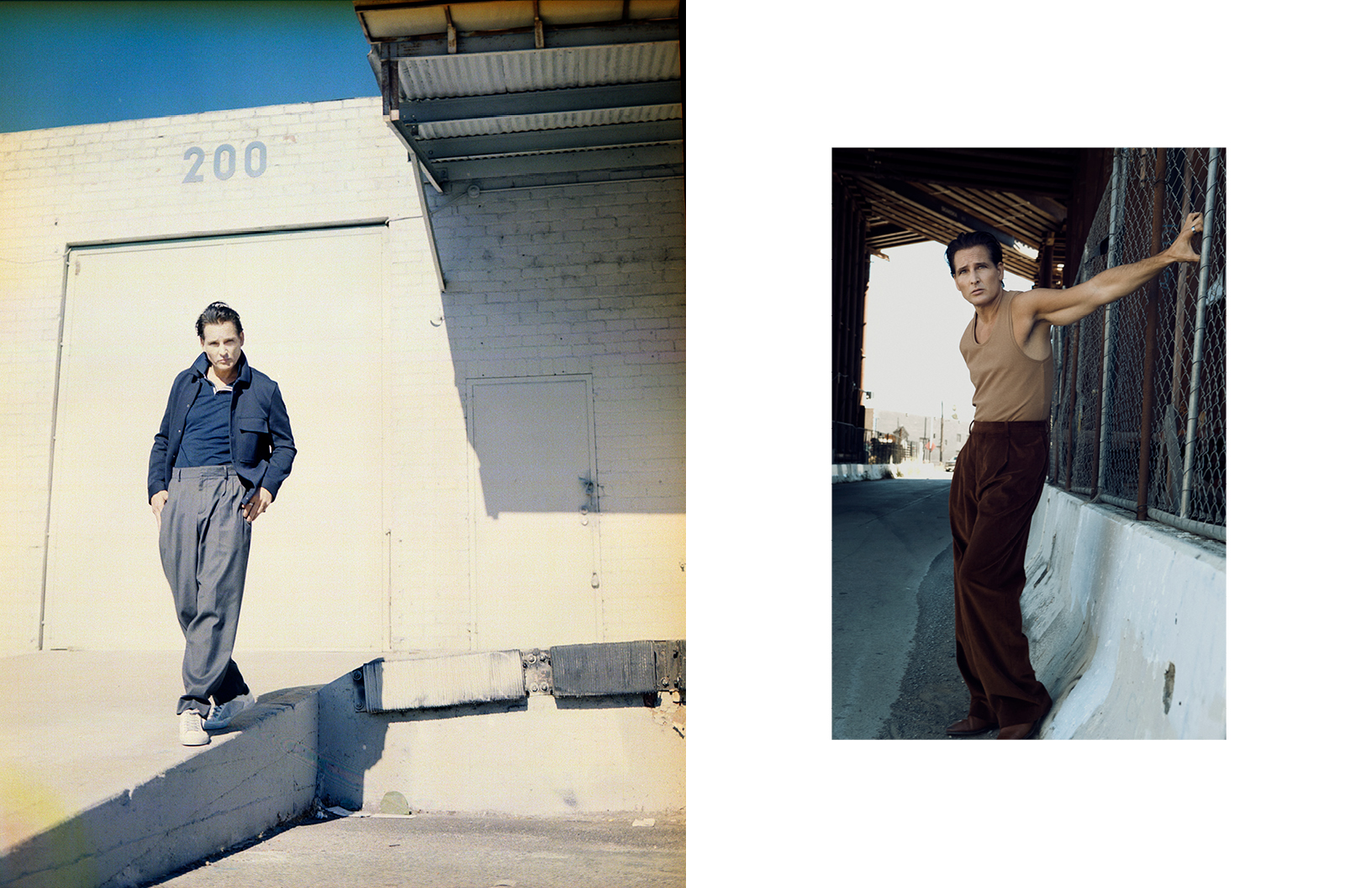
jacket + trousers. COS
shirt. AG Jeans
shoes. Golden Goose
opposite
top + trousers. COS
shoes. Timberland
You’ve spoken about how you’re sensitive to actors’ performances as a director. Flipping the coin, how has your directing influenced your acting?
When I was a younger actor, I always wanted to nail the scene in a take. If I flubbed a line, I’d be mad at myself. I wanted the director to be happy, and to help serve the story. I’ve learned over the years, not to put that much pressure on myself. As a director, it is my job to tell the story, not the actors. The actor’s job is to give me the pieces I need to tell that story and to be truthful to their character. So, not every take has to be perfect. The director can build a scene in the editing room for multiple takes. I’d rather have an actor give me choices in different takes, so I can choose in the editing room… Getting one take perfect is not that important unless the shot is being done all in one take, but that is rare. So, I guess directing has reinforced that for me. To be free, to not put that much pressure on myself as an actor… To come prepared but to be open and malleable. To make choices, but be open and to give a variety of choices too.
As a director, I don’t care if an actor flubs a line – as long as she/he stays in the scene and picks it up, and stays truthful. I’m looking for moments. I can always cut into the scene or cutaway. Sometimes what actors think are flubs are actually perfect. We stammer in real life. Real-life is not perfect. Sometimes it is more natural when things that aren’t written happen. In one scene Anne Heche goes to get her cell phone to call the police because she remembered their dog Lucky growled at the neighbour, and “Lucky never growls at anyone”. So, she takes that as being very suspicious and that maybe the neighbour is guilty. Thomas Jane’s character thinks it’s a silly suspicion and grabs the phone from her, but he grabbed it too hard and he hit himself in the chin. Anne asked if he was OK, instinctively, which wasn’t scripted. And Tom never broke character and kept going. You can see a little blood-forming from a scratch on his chin in the scene. I used that take because I loved how real it felt, and how organic it was. It wasn’t scripted. Some actors would have felt like they “messed up”, and stopped. But those are beautiful real-life moments when captured, feel so real because they are. As an actor, you hope for those moments. The ones that surprise you. The unscripted, real moments. For a director, they are little gold nuggets. Even if the audience never sees that little blood from the scratch on his chin, there is something that elevates the realness, and draws an audience in, even if you’re not quite sure what it is.
Your career not only spans roles but also genres. What are the positive aspects and benefits that are specific to a giant franchise like the Twilight movies and indie movies like Breaking and Exiting and The Wilde Wedding?
I’ve been fortunate to have a lot of versatility in the roles I’ve played and been in a variety of genres. I have done big studio films and small indies. The only difference really is the size of the crew changes, as there is a lot more money spent on the big studio films, so a lot more people are involved in making it. There are blessings to both. There is a feeling you get when you walk onto a big studio film where hundreds of people are working on it. Like it is a giant machine, and it feels good that you were selected to be a part of it. When making indies the crews are smaller… there are fewer people. There is an intimate feeling working on a smaller film. Like it is a family, and you are all making something together. But there is no guarantee the film will be successful whether it’s big or small. I try to focus more on the story, and/or the character when looking for projects. Is it a story I want to be a part of telling? Acting gives me the ability to explore different parts of myself. So, I try to look for projects to play roles that I haven’t played before, whether the film is big or small. I have played a variety of roles. If you look at Mike Dexter, Carlisle, Dr Cooper, Van Ray, Bugs Moran, Maxwell Lord… my characters from Countdown, The Scorpion King, Swat, Glee, Six Feet Under, etc… they are all very different. I’m proud of not giving the same performance every time. It’s the fun part of acting. to step into the shoes of someone else for a moment, and explore what that person’s life would be like. I have also done a variety of genres.
Genres are really just the backdrop to the story. So, it’s not as important to me when I look for projects. Twilight was a love story. The genre happened to have a backdrop of a vampire tale. But it’s core was two teens who were caught up in forbidden love. That is why people went to see it. There are hundreds of Vampire films. The vampire world was the backdrop and added another layer but It’s the love story that was intriguing to people. That said, exposing genres is fun and even though the story is the first thing I look for, and the character second, I do try to find genres I haven’t done before. It’s always fun to explore new worlds: Period pieces, science-fiction, fantasy, romantic comedy, comedy, action, drama, thrillers, political films… I’ve done a lot of different genres so it’s getting harder to find a genre I haven’t done, but I haven’t done a war film, which I’d like to do, and I haven’t done a Western which I think would be fun, so I just signed up to do a Western. I’m excited to explore that world.
I would like to continue that versatility with the stories I write and/or direct. Breaking and Exiting was a romantic dramedy. The Vanished is a psychological thriller. They are completely different stories and very different tones. The next film that I wrote that I want to direct is an action/drama film about a Hispanic gang, called El Chico Blanco. A very different world from Breaking and Exiting and The Vanished. It is in the works, and I’m hoping to film next year.
You seem to gravitate to stories about a man outside the law… Breaking and Exiting, Gangster Land, and Loosies for example. Why do you feel that is?
I’ve done many others over twenty-five years, so I guess it’s how you look at it. Some could say I have a tendency to play doctor roles if you pick Twilight, Nurse Jackie, and Countdown where I played doctors in all three. To them, I joke, I’m the “three out of three Doctors that recommend XYZ…” But if you look at those three doctors I played, they are each different in personality even if they share the same occupation. Breaking and Exiting is a romantic comedy, Gangster Land is a dramatic period piece set in the 1930s and in Loosies, which I wrote, I play Bobby Corelli, a pickpocket in NY that gets a girl pregnant on a one night stand and is forced to grow up and take responsibility for his life. It’s really a coming of age story for a 30-year-old guy. So even though they share the theme of “breaking the law”, the stories are all very different. That said, if I really thought about it, maybe it could be a subconscious connection to where I grew up. El Chico Blanco is also inspired by where I grew up and has a similar theme of a man outside the law. Even though it’s a very different film. I grew up in Queens, NY, in a heavily Italian neighbourhood, right next to a very Hispanic neighbourhood. I was one of the few white kids in my grade school. I had best friends who were Spanish and best friends who were Italian. But the two worlds were always beating each other up on weekends. It was like West Side Story. It was so painful to watch friends I loved fight with each other over race. Most kids in my neighbourhood either ended up in jail or joining the police force. I myself was going to be a lawyer. So maybe growing up in that neighbourhood, being exposed to that, had an effect on some of the stories I gravitate towards. Cops, criminals, men outside the law… I don’t know… I’d have to go to therapy and figure that out.
What works inspired you? Do you ever think about what kind of future movies do you hope to inspire in return?
It’s hard to know until I read it. I guess that’s why I started writing. I was tired of getting scripts that fell flat, or I felt were stories that I had already seen, and out of frustration I started writing stories I wanted to tell.. stories I felt were different. I never took a screenwriting class. But I do believe reading thousands of scripts over 25 years has taught me a lot about structure, character, and what works and what doesn’t. When I watch a bad movie I can’t help but notice where it went wrong, where it could have been better, and what the holes were in the story. Sometimes you can learn more from watching a bad movie. When it’s a really good movie, you’re immersed in it, and it takes you for a ride.
How has your storytelling expanded by wearing so many different hats? How has acting, directing, writing, and producing influenced your understanding of showing (as opposed to telling) a story?
I love stories. When I was younger my dad would make up bed-time stories. They were usually silly about some cute animals in the woods. But every time he finished he would say, “Did you like that story?” and I would reply “That was the BEST story EVER.” It was a ritual that happened after every story. I feel lucky that I get to tell stories for a living. As an actor, I get to tell the story of my character with my body and my emotions. It’s a very physical form of story-telling. As fun as it is, to play someone else, it is limiting. I can only tell one part of the bigger story. As a writer, I get to create the story. It’s like playing God. I get to create whatever world I want and create whatever characters, and story I like. I could write, “and then Billy gets hit by a bus.” and then decide, “No, I like Billy.” and write “And then Billy NEARLY gets hit by a bus.” In the strike of a keyboard, Billy gets to live. It’s exciting to write, and when it’s flowing it just pours out of you. My fingers type faster than I can think. It’s almost as if it’s writing itself. I wrote Loosies in two and three weeks, and I wrote The Vanished in about three weeks. I barely changed either. I tend to edit as I write. Starting back on page one and combing through it each time I sit down. That said, I live with it for a long time before I sit down to type. I thought about both Loosies and The Vanished for almost a year; daydreaming about the stories, the characters, the worlds, until it had to come out of me. As a director, I am responsible for bringing the script to life in a visual and auditory experience for the audience. I am responsible for the story as a whole. I have to lead a team of people that are all there to help my vision of the story. Give a script to ten directors and you would have ten different films. Each director will have a different way of interpreting it. The same actors might give ten different performances based on how they are directed by ten different directors. Everything falls on them. Directors are responsible for making all of the choices. It’s kind of like the writer designs the architectural blueprint, and the director collects the lumber and materials needed to build the house – filming – and then he puts all the materials together to build the house – editing . They say there are three films… the one you write, the one you film, and the one you edit. And all three might be a little different. Then there is producing. They are like the team owners. They find the material and help set it up. Then they help put the right team together so that you can win. It is a team effort. Everything trickles down from the top. Strong production is so essential to being able to make a good film, and have everything run as smooth as it can go. There are always obstacles. Good producers and also great problem solvers. They are all different forms of story-telling and the cohesiveness of the actors, director, producers, and the written material is what helps make the film good.
You’ve already challenged yourself so much by taking on many different roles in the film industry. How do you want to keep growing in the future?
I have had many months in quarantine to reflect on that. I am really excited about the next chapter in my career. I feel like I am just getting started like I haven’t even begun to scratch the surface on where I want to take my art and my career. I’ve had 25 incredible years in the business so far, and I hope to have 25 more. I have high expectations for myself over the next 25 years, and I can’t wait until we can get back to filming, and get back to movie theatres. There are so many more stories I want to tell. And just like my reply to my dad asking, “Did you like that story”? I hope people’s responses to my stories are the same as mine was to him… “That was the best story EVER!”
‘The Vanished’ premieres August 21 in select theatres and on-demand/streaming platforms.
This Schön! online exclusive has been produced by
photography. Ben Cope
fashion. Kaylee Jackson
talent. Peter Facinelli
grooming. Candice Birns
location. Downtown Los Angeles
words. Dayoung Lee


Schön! Magazine is now available in print at Amazon,
as ebook download + on any mobile device


